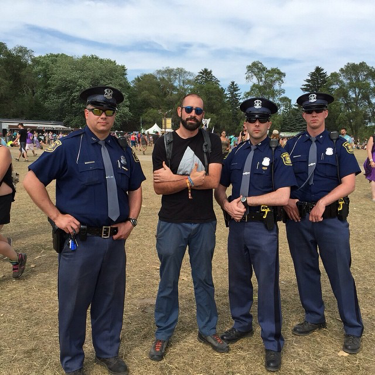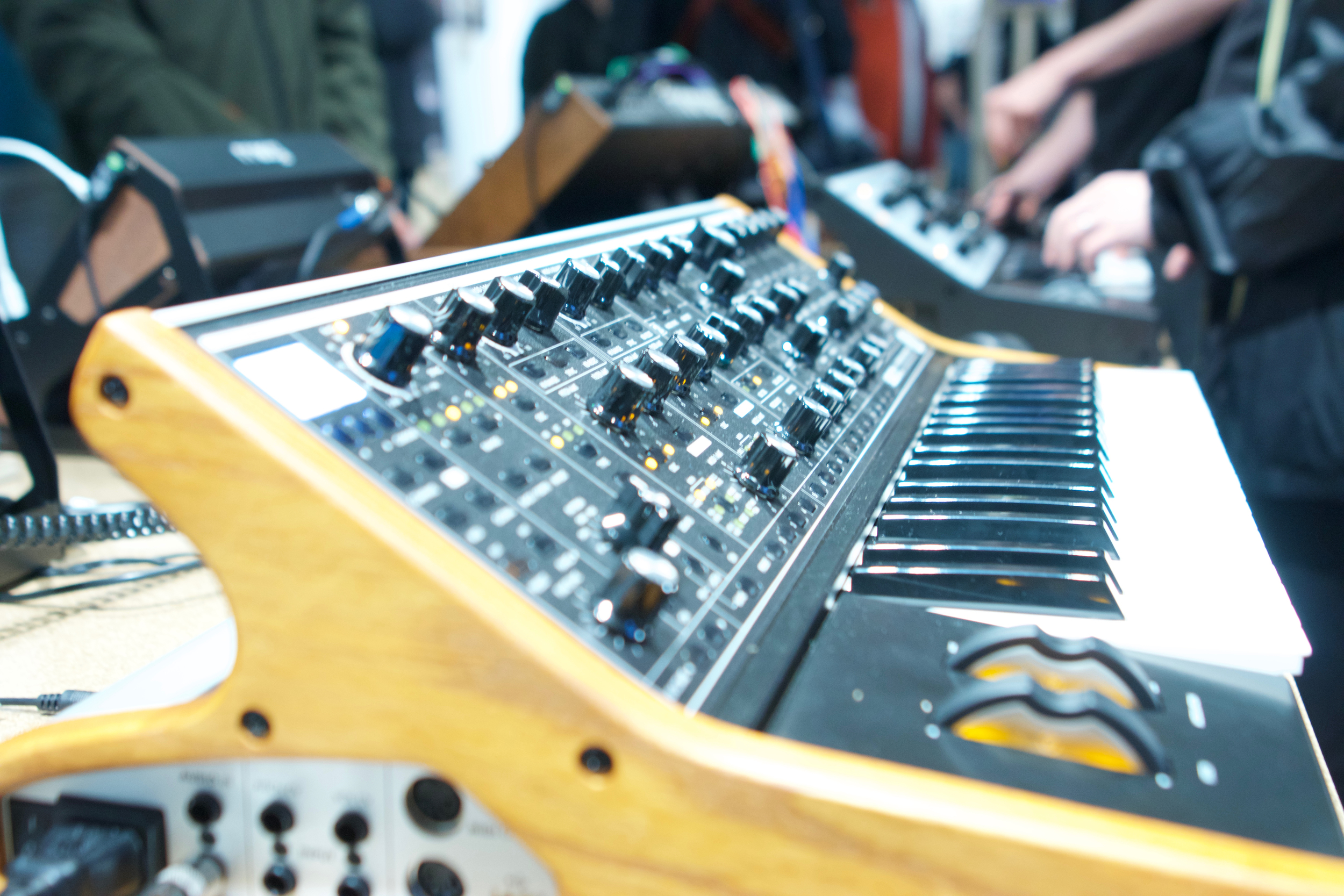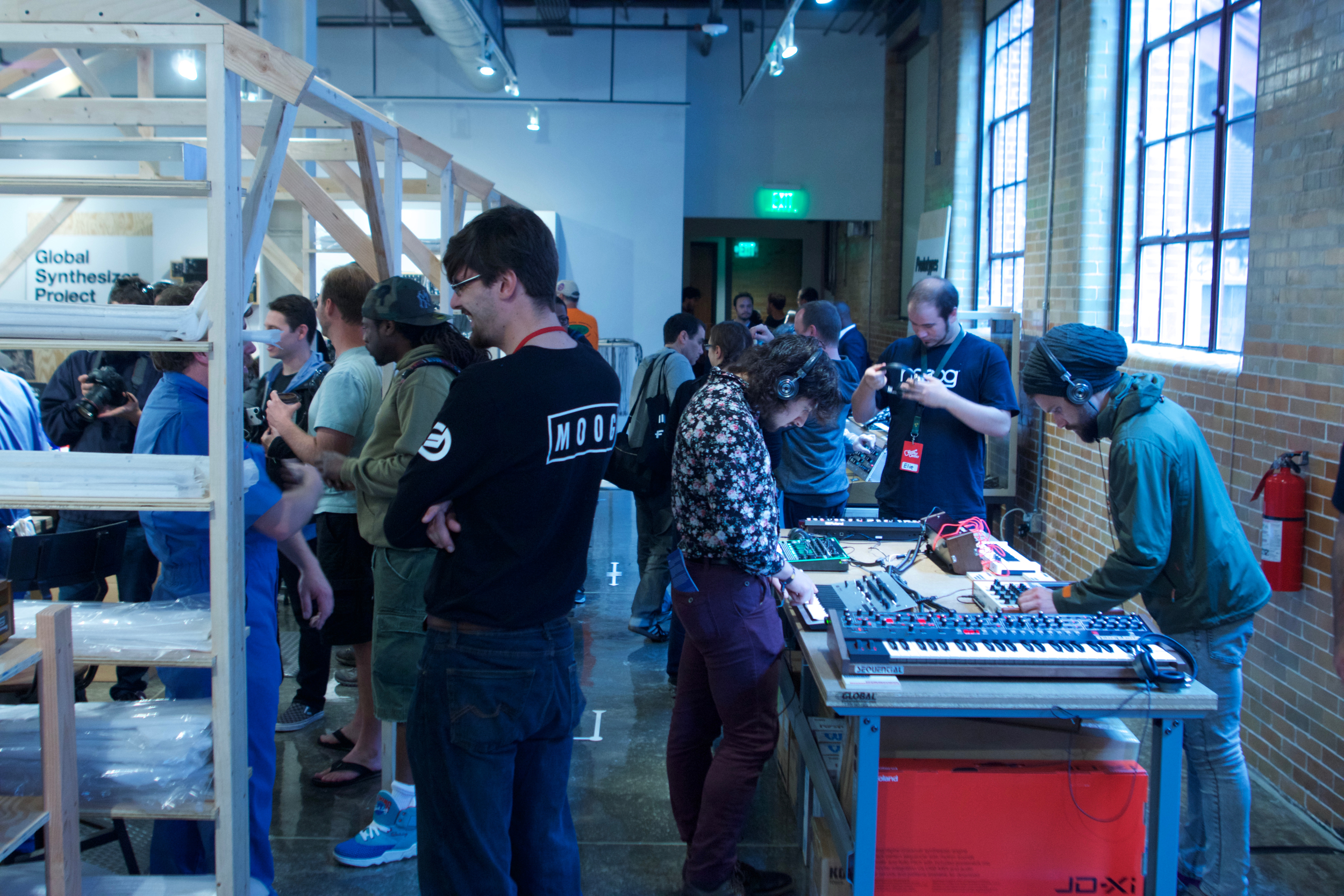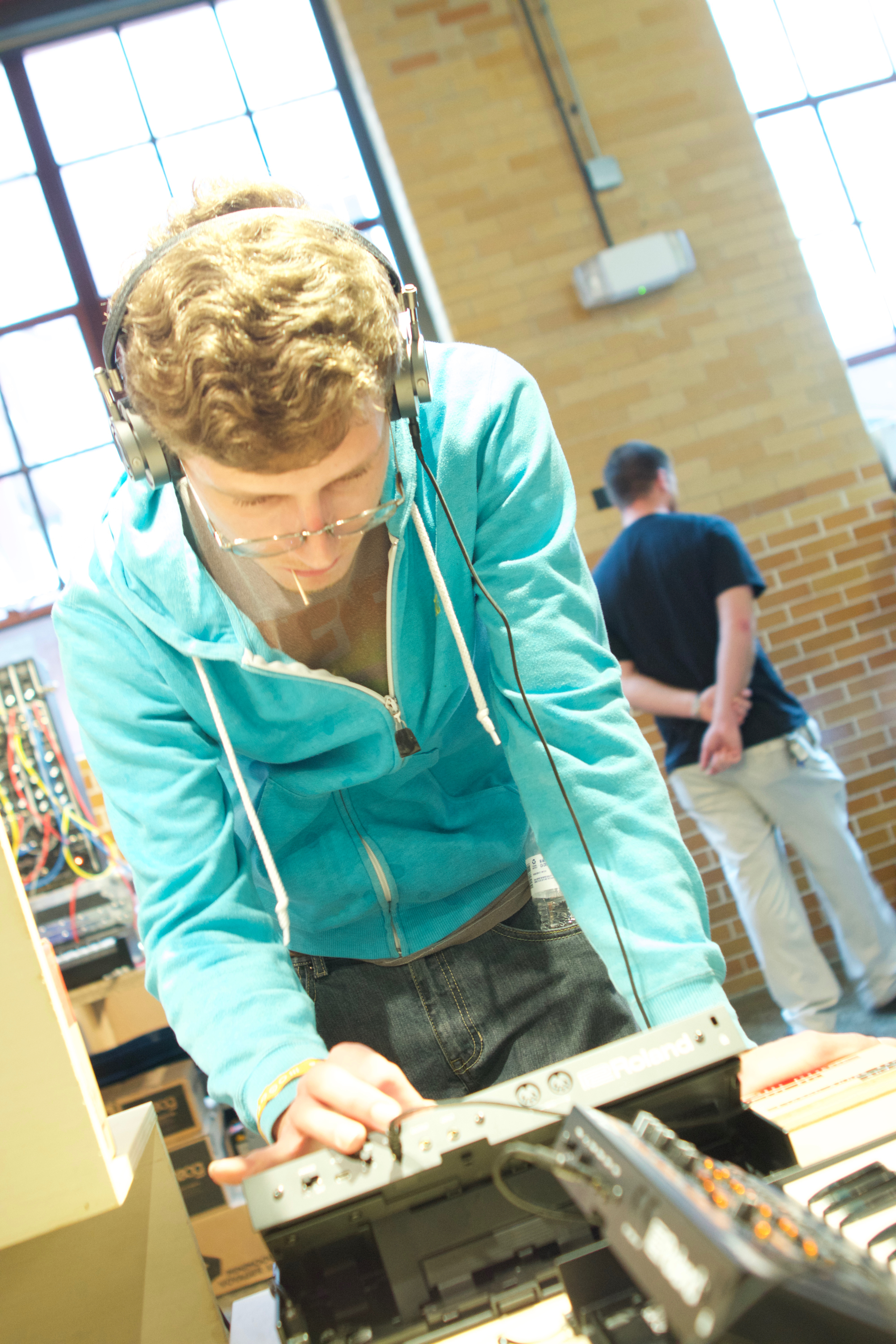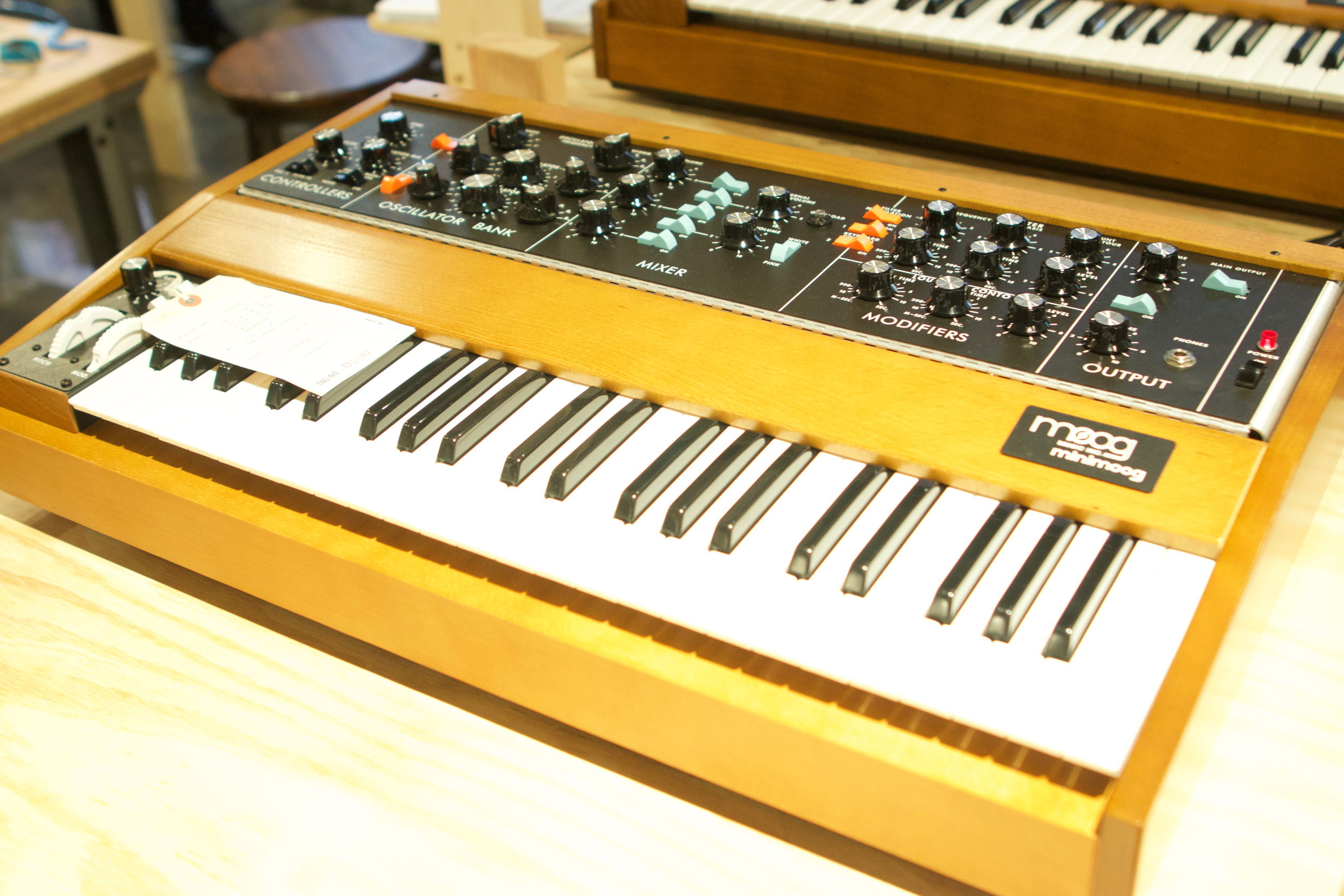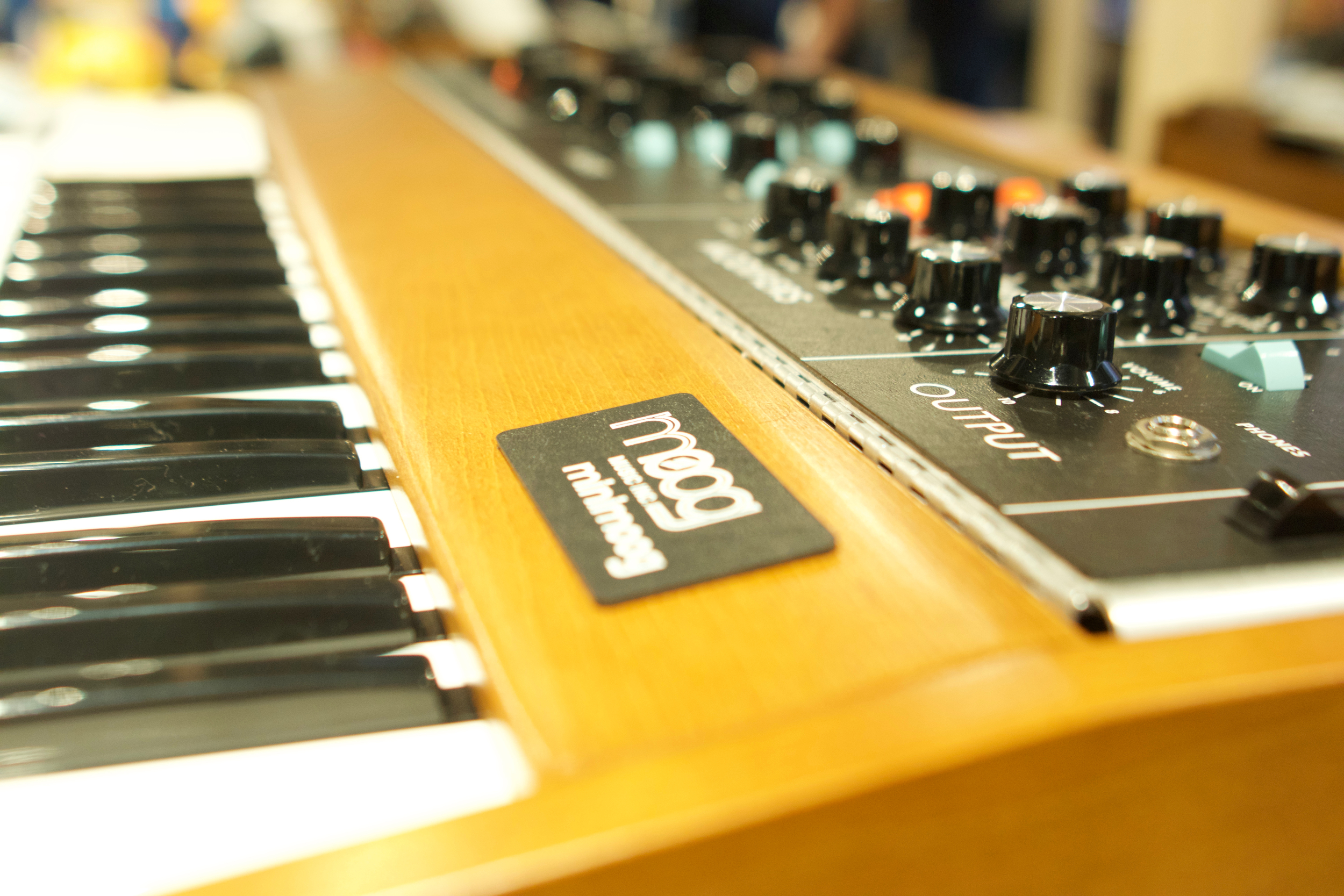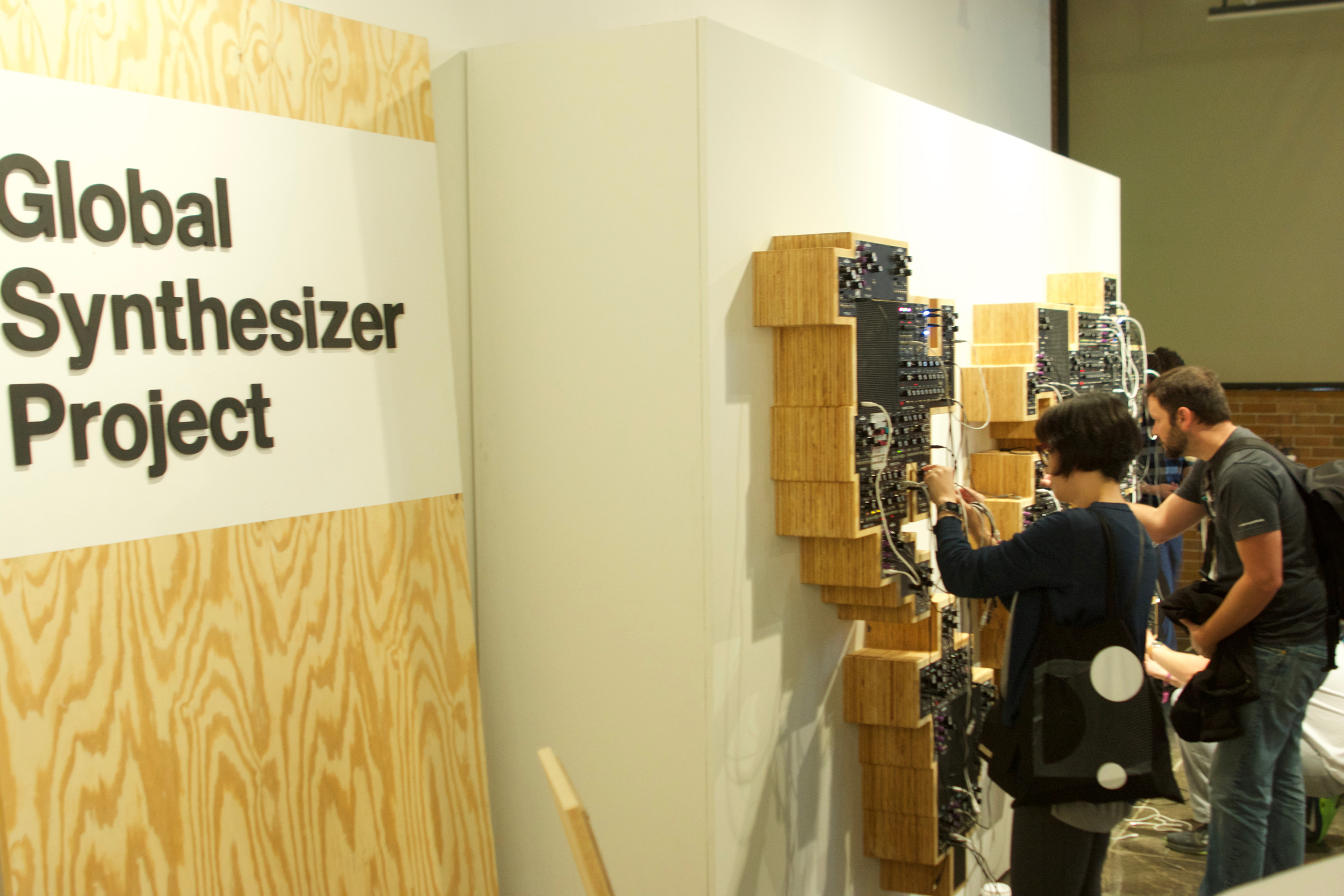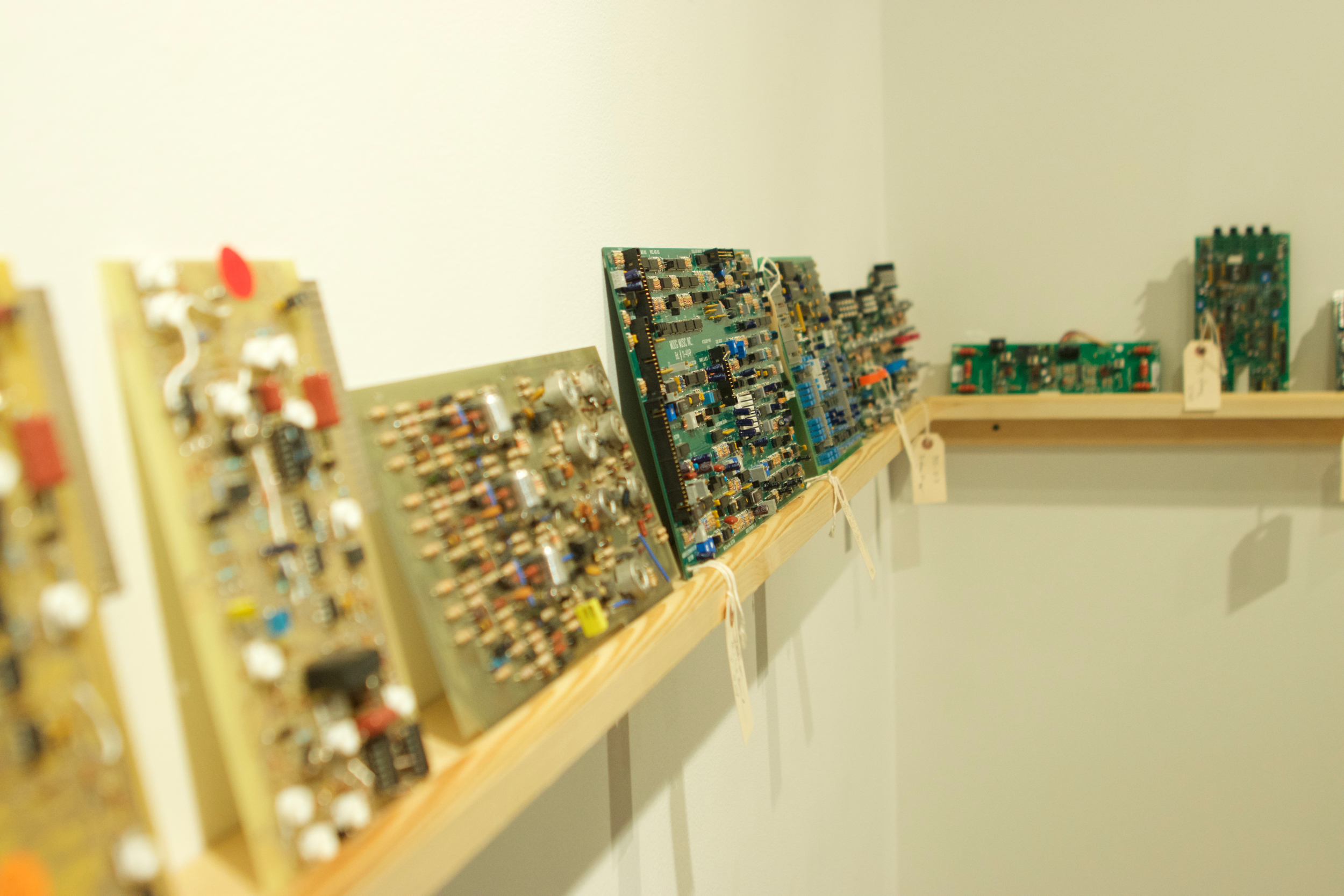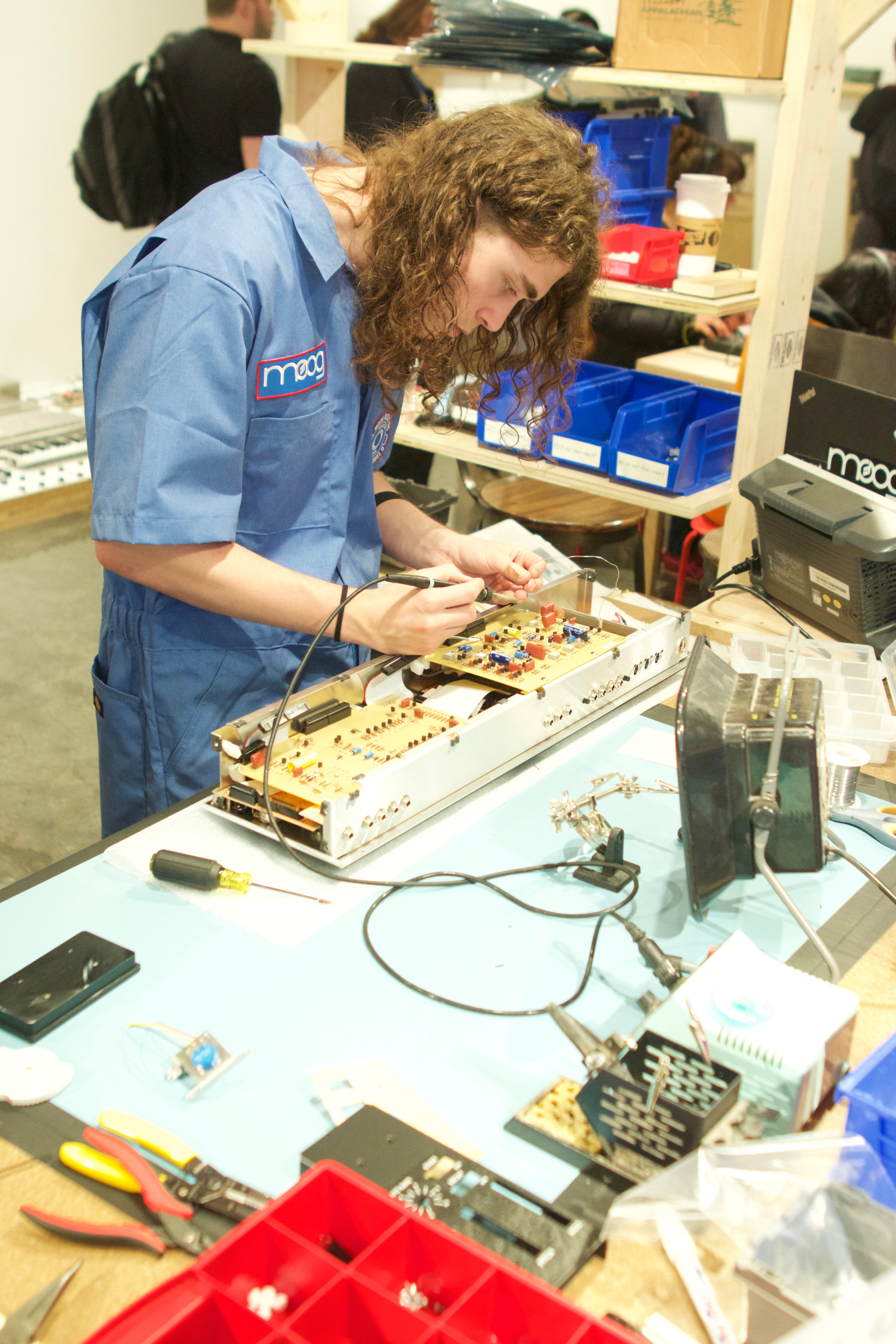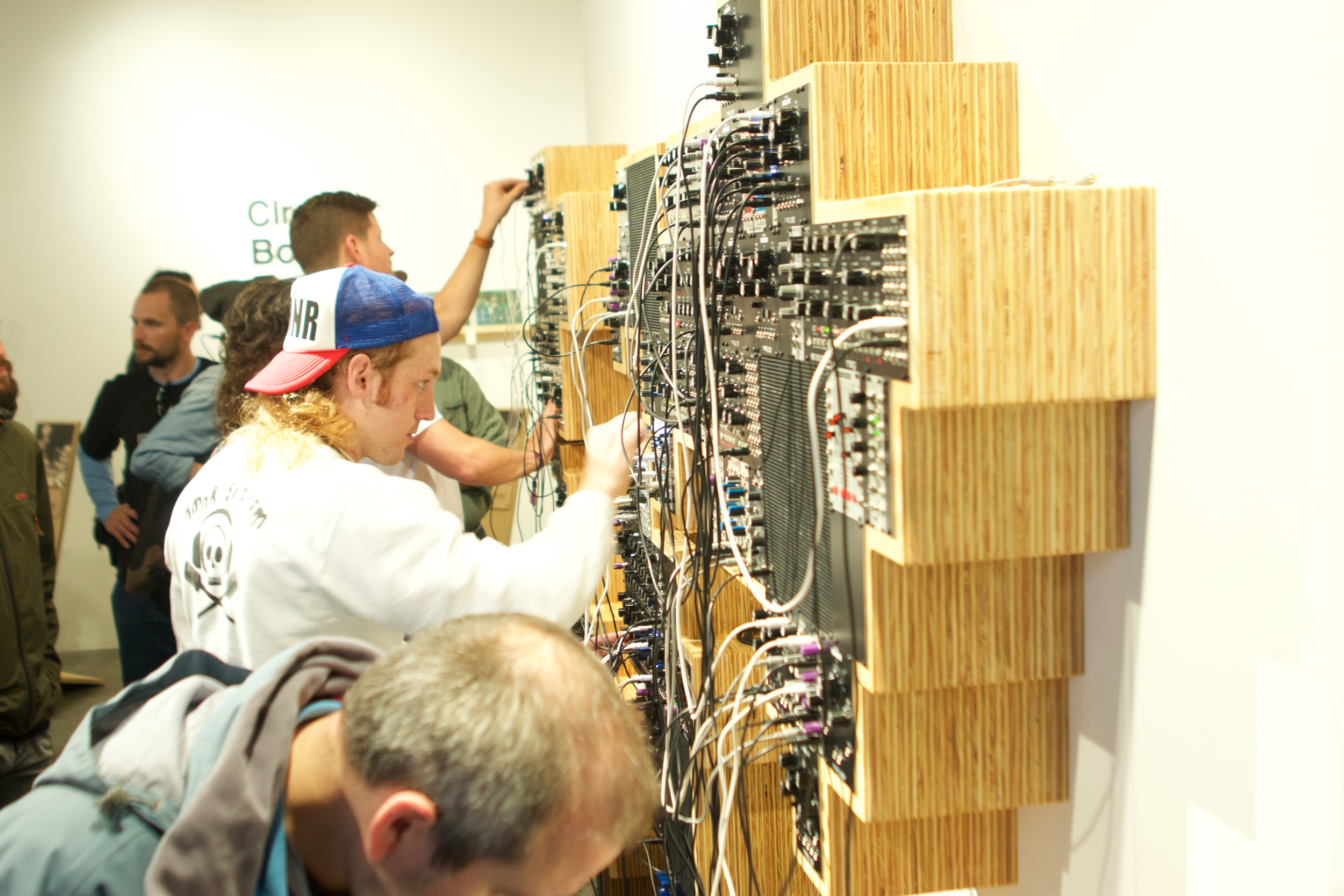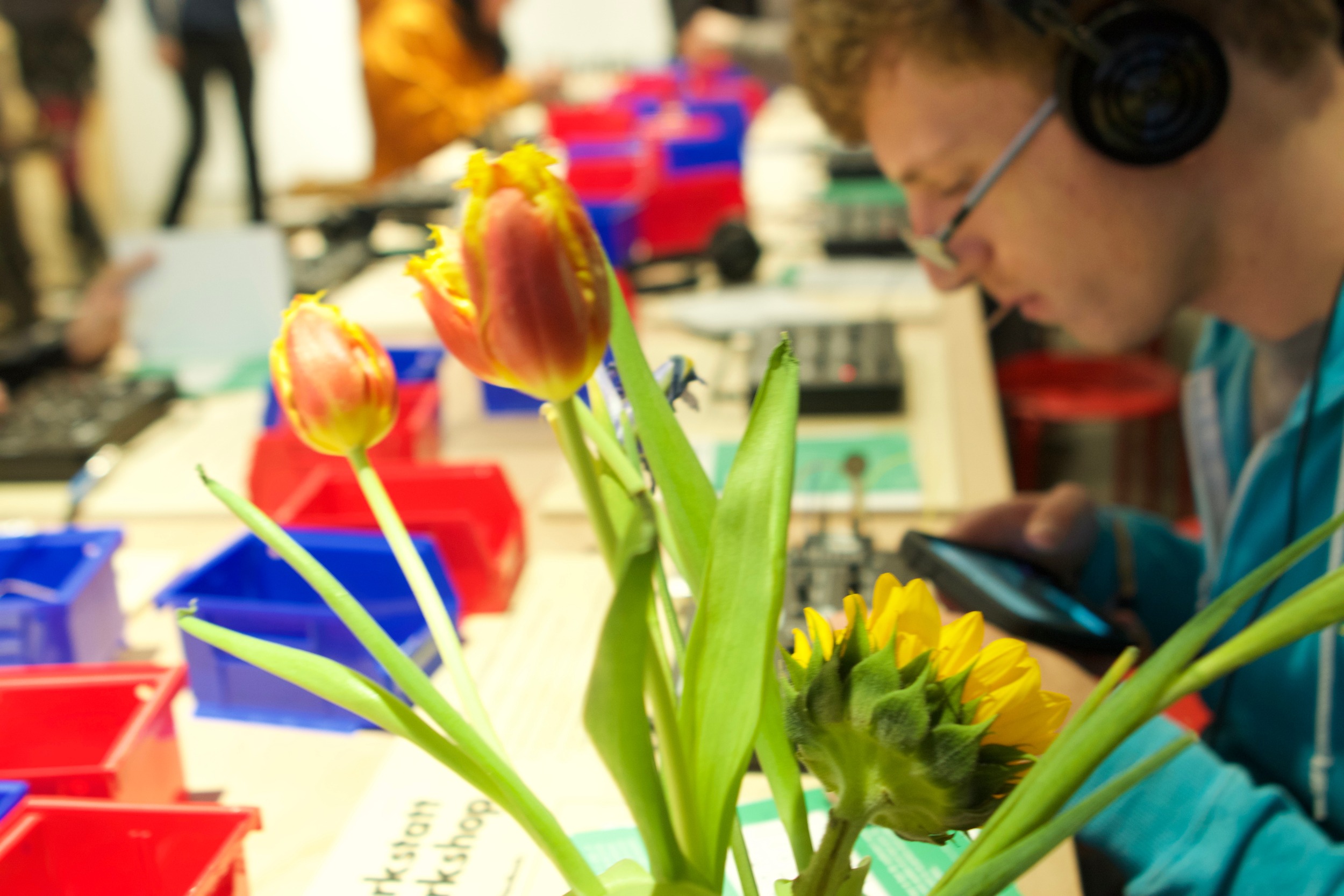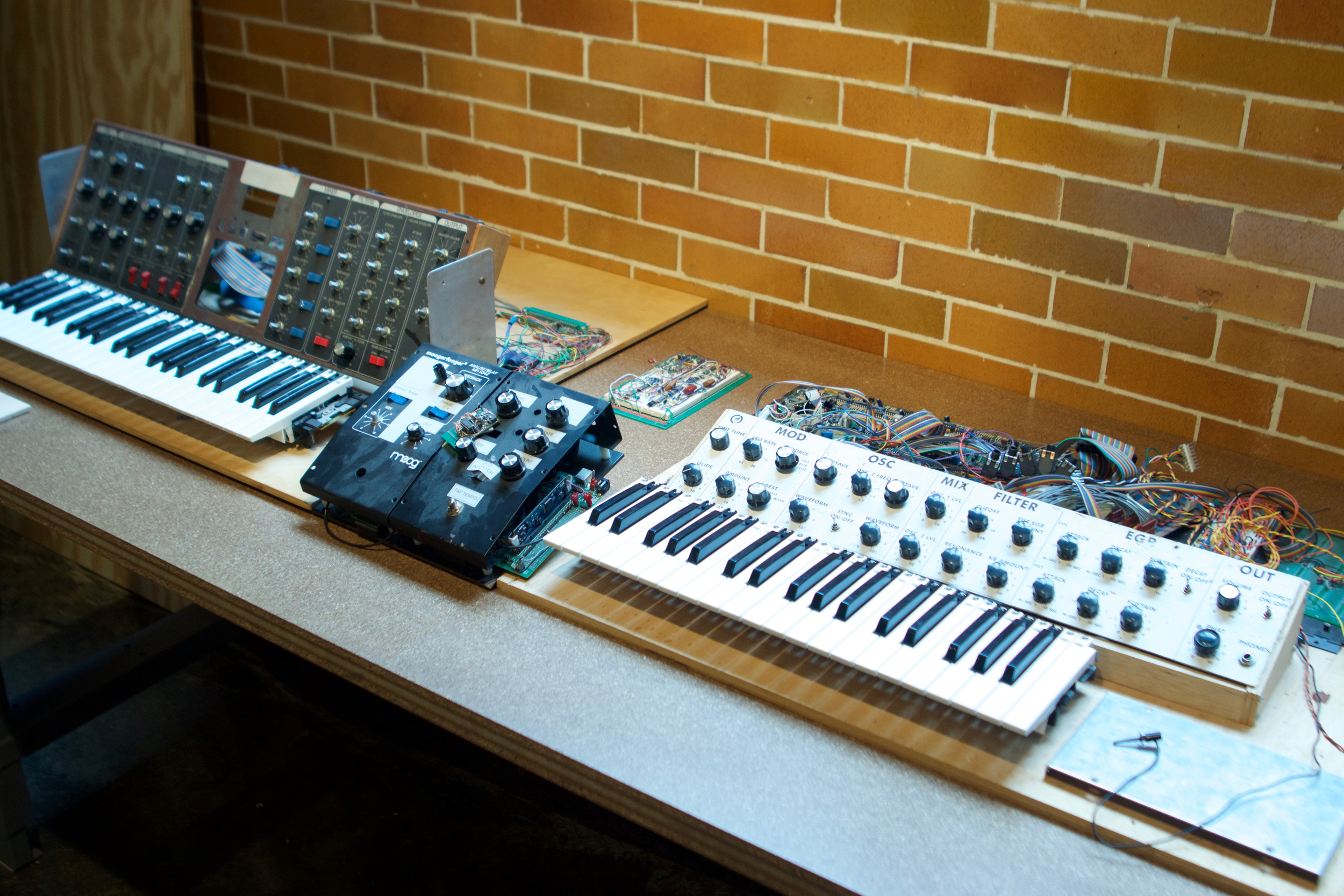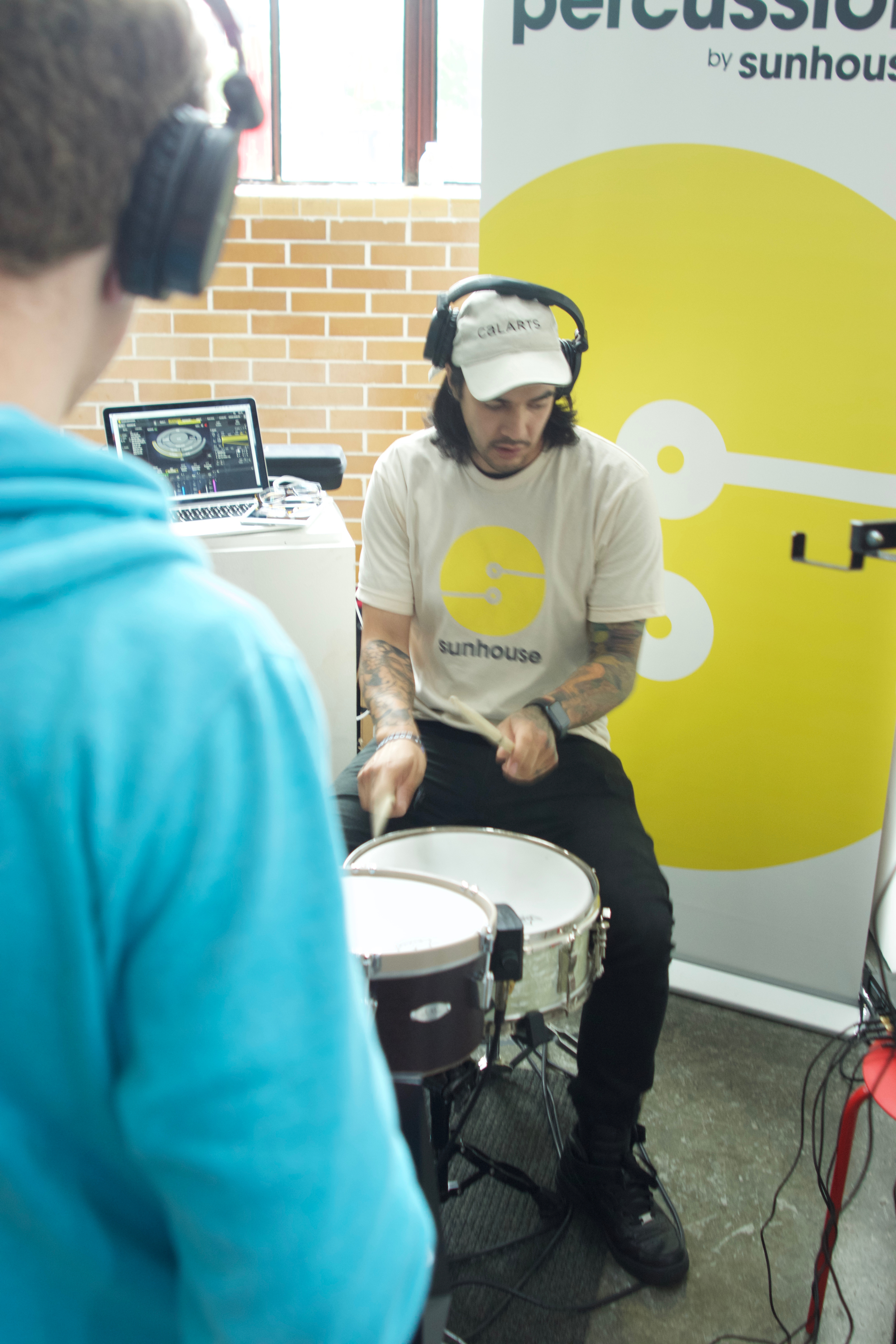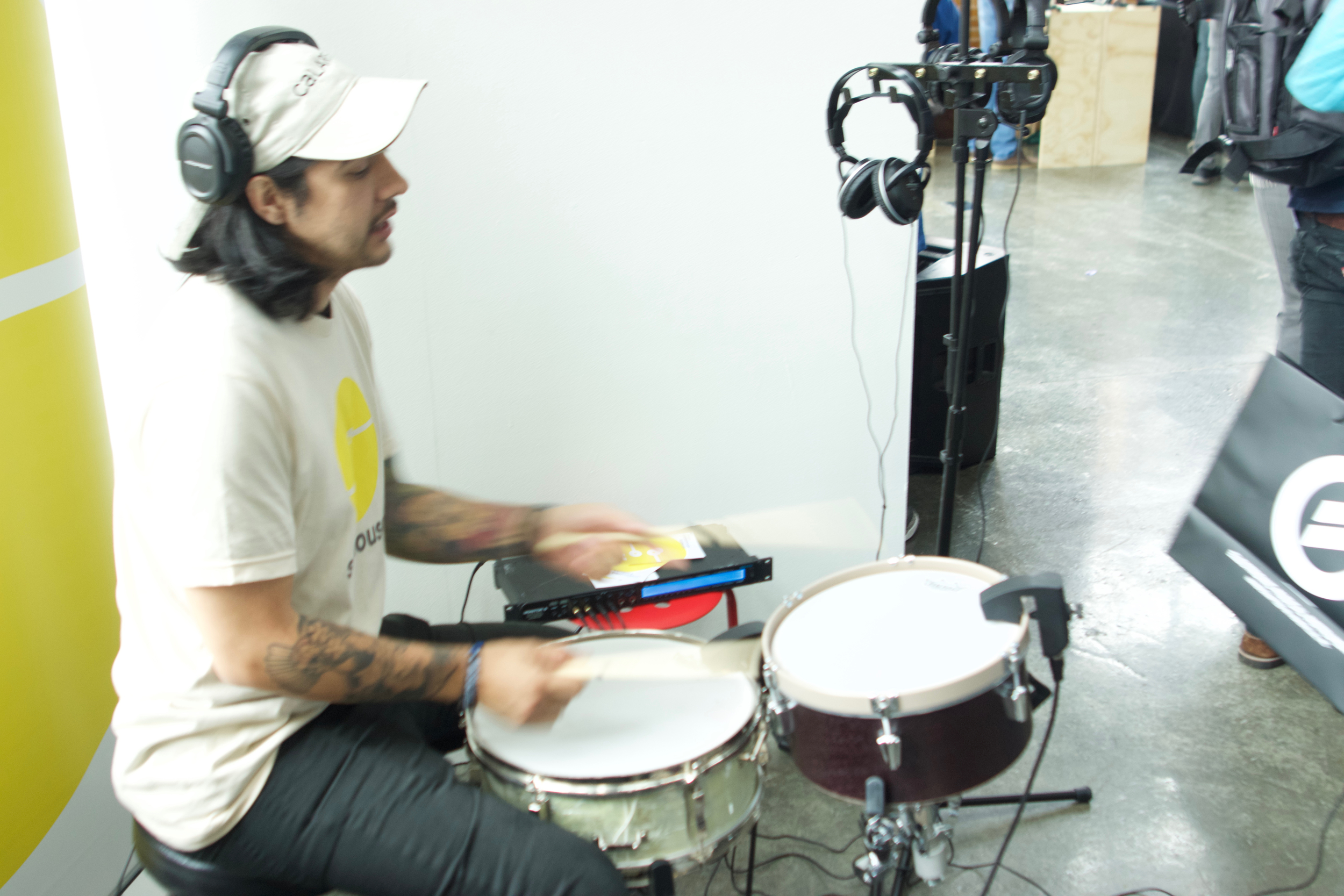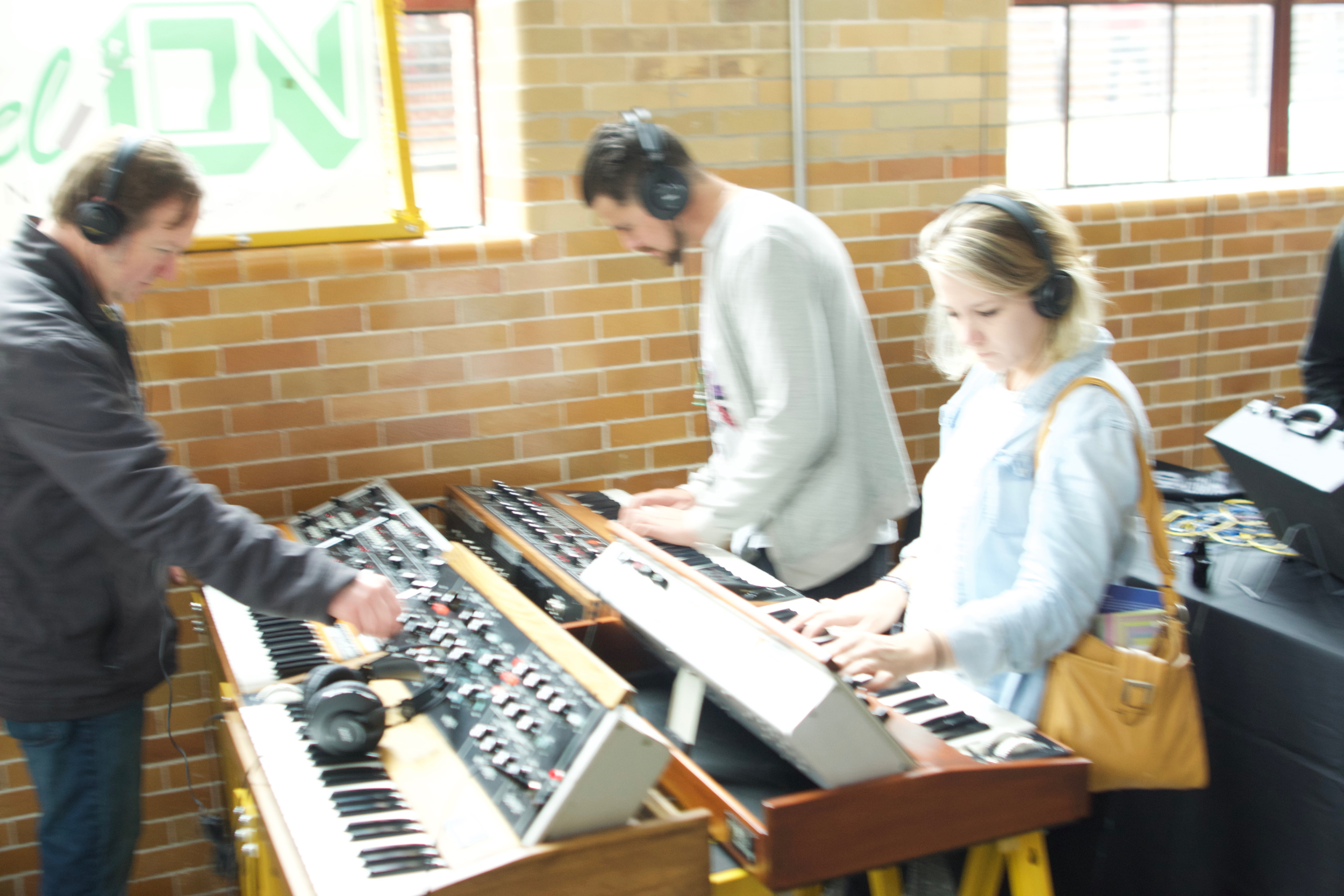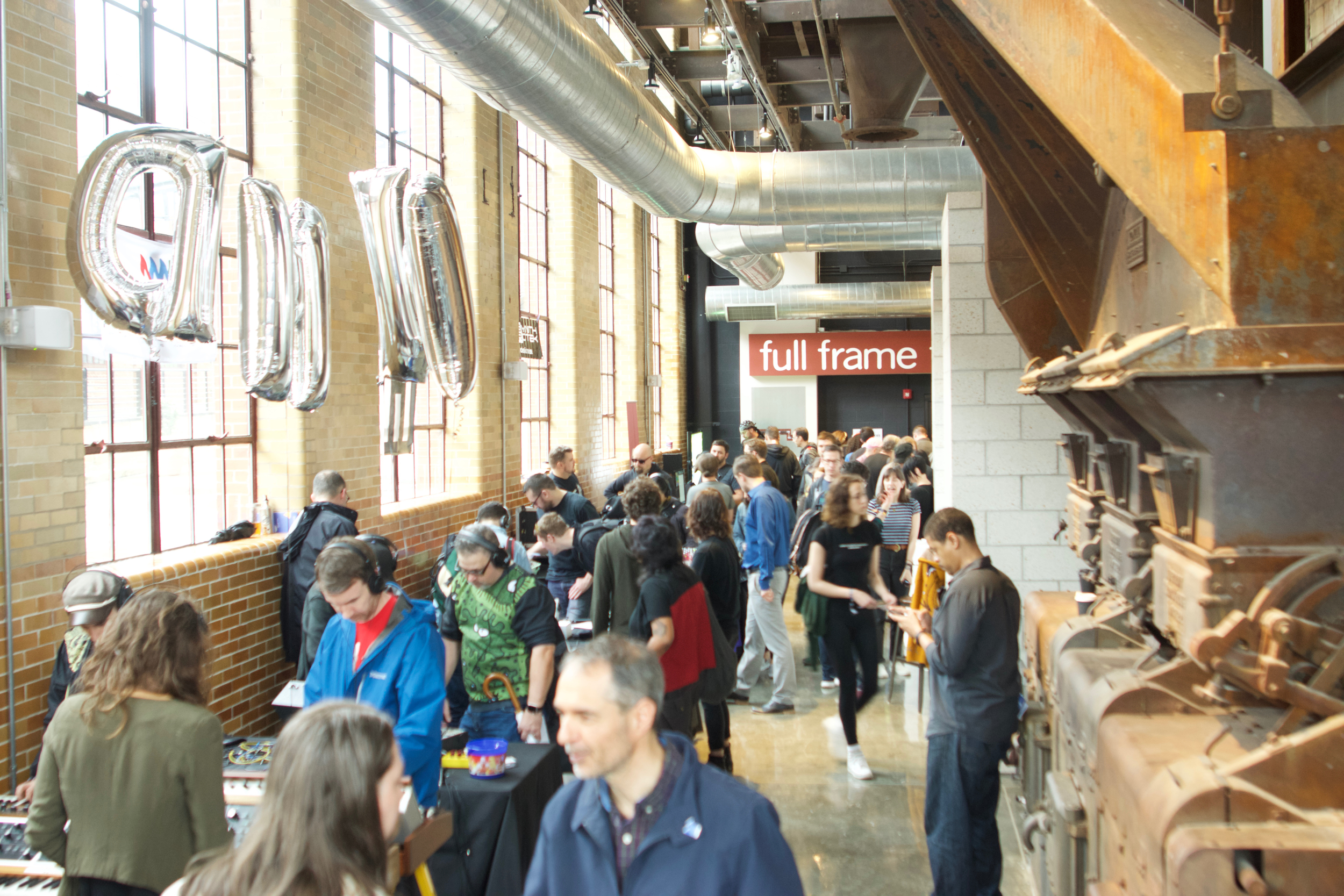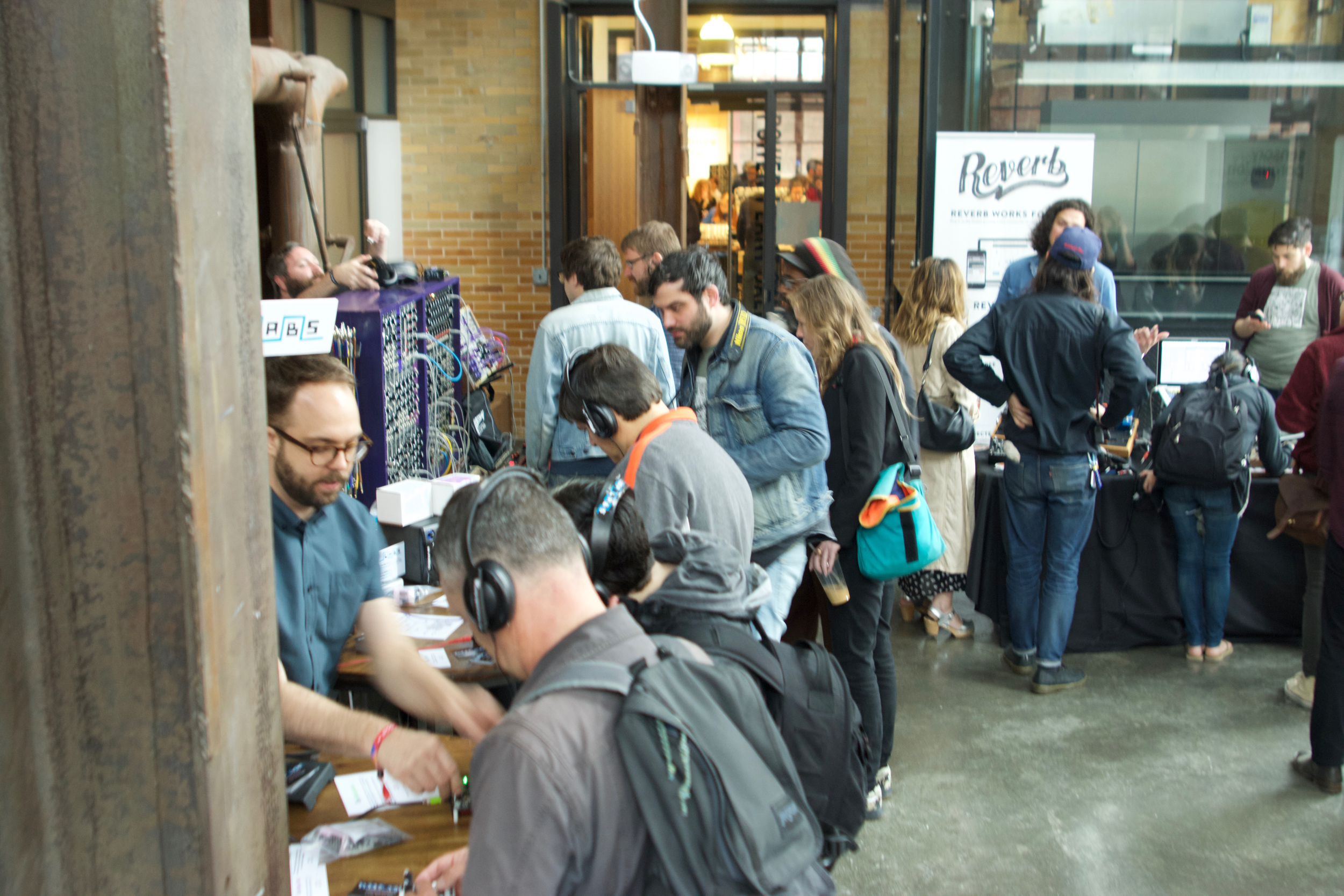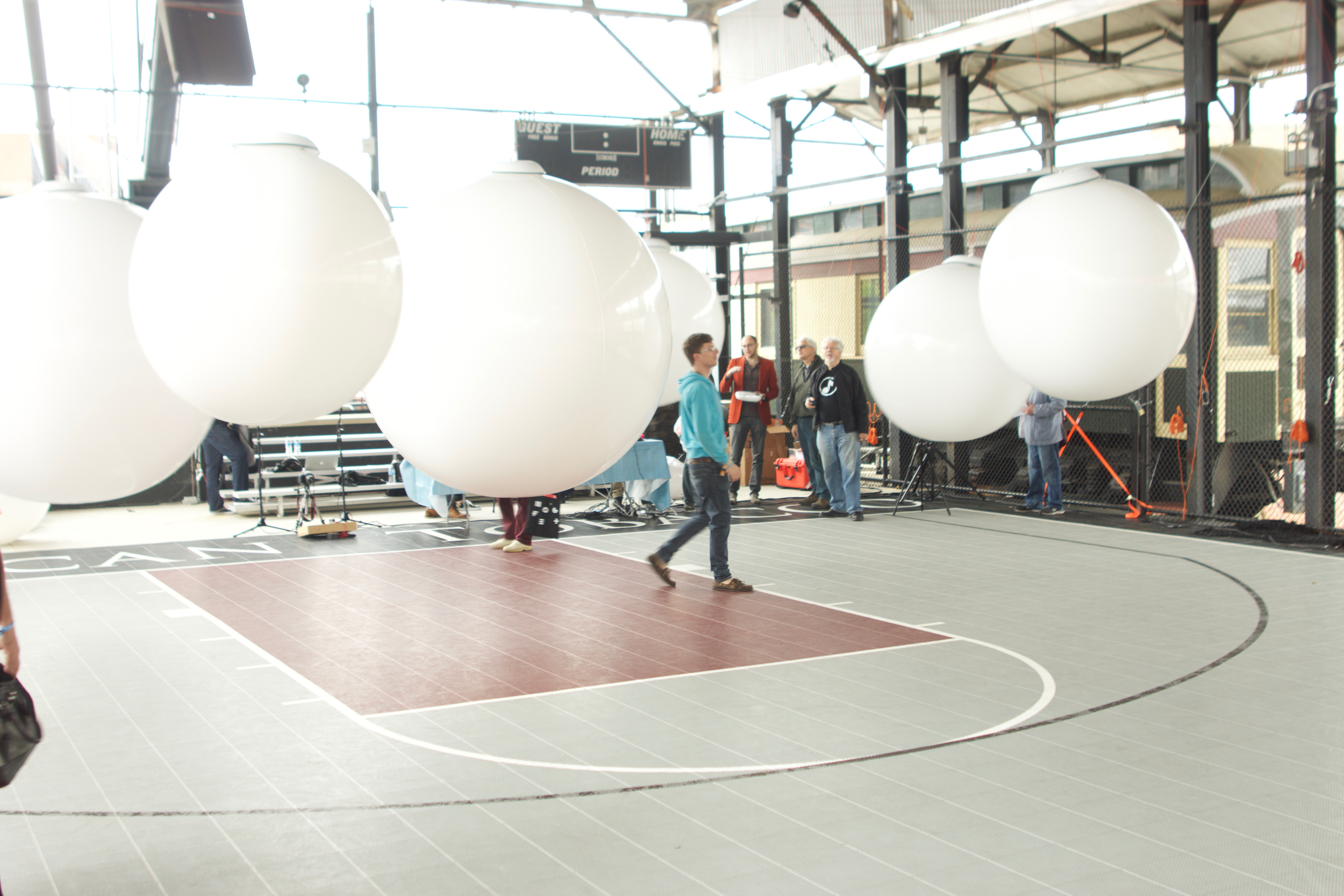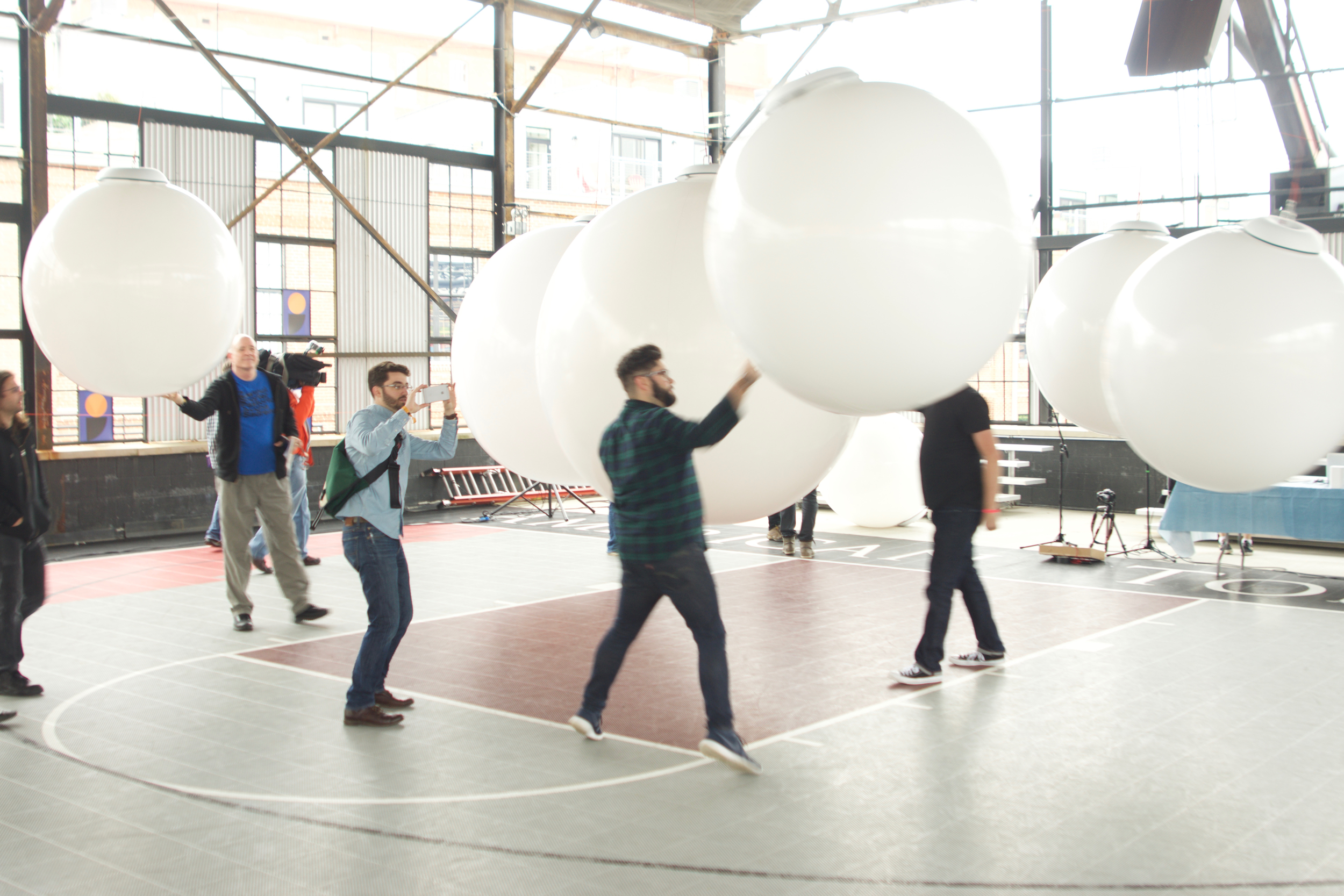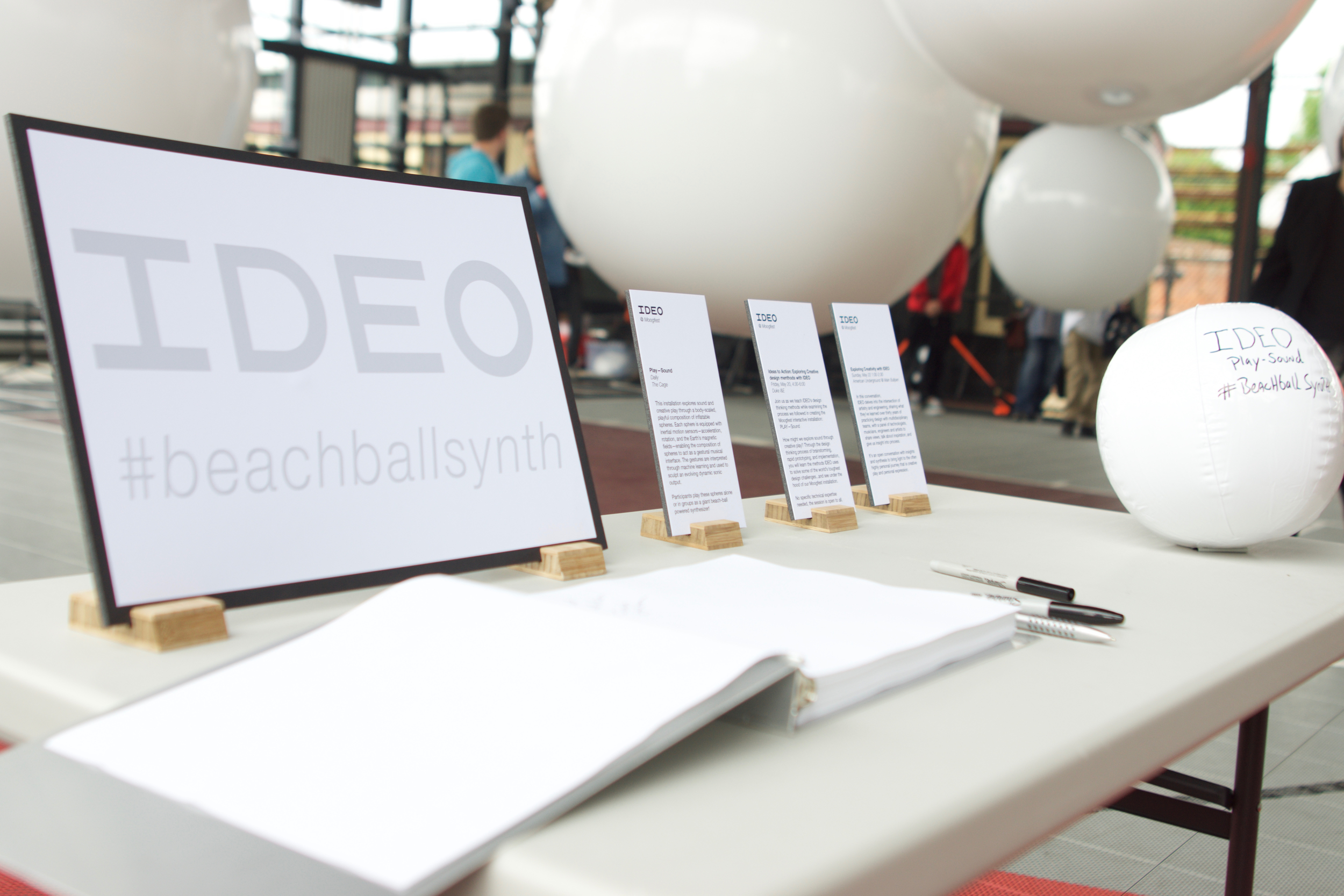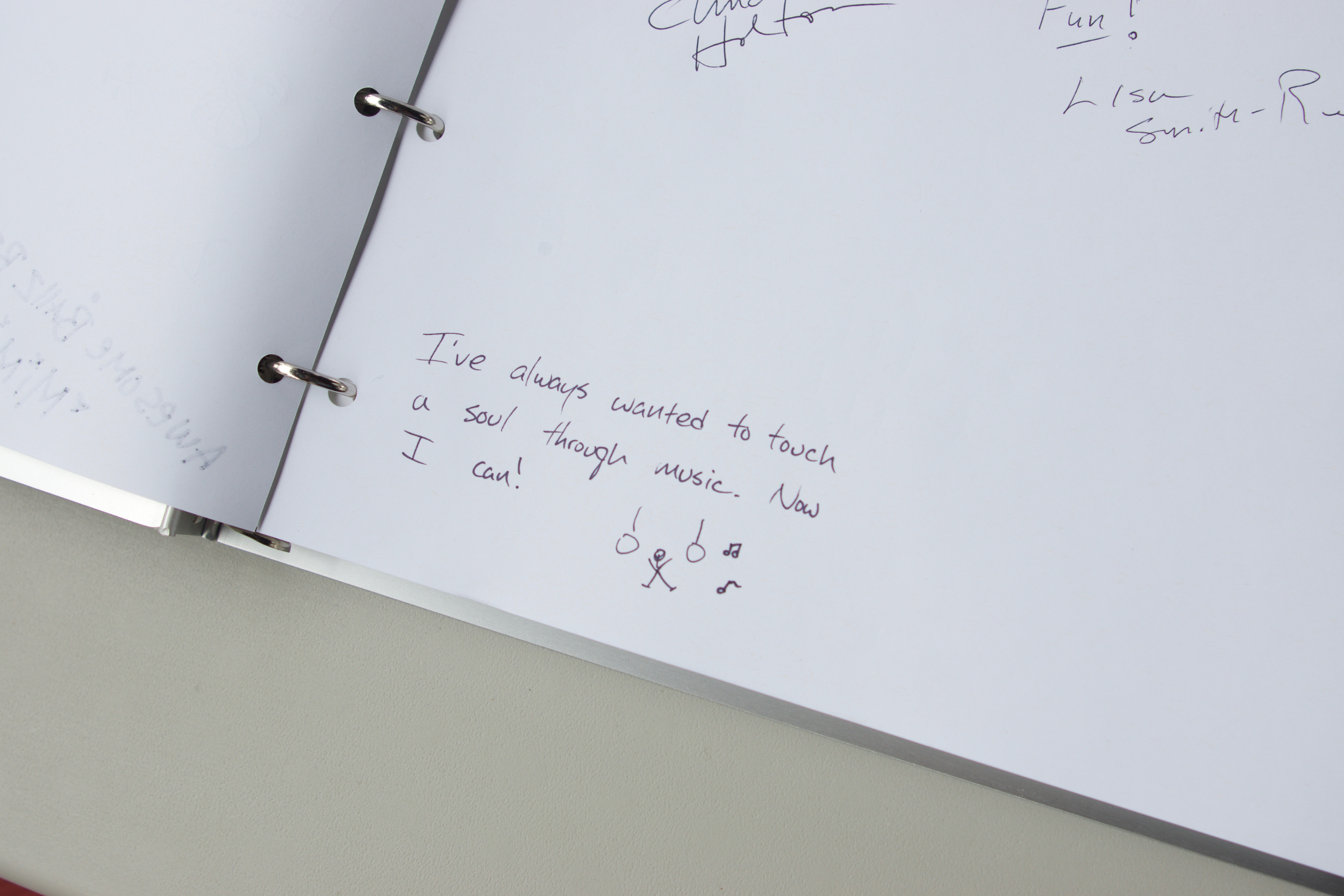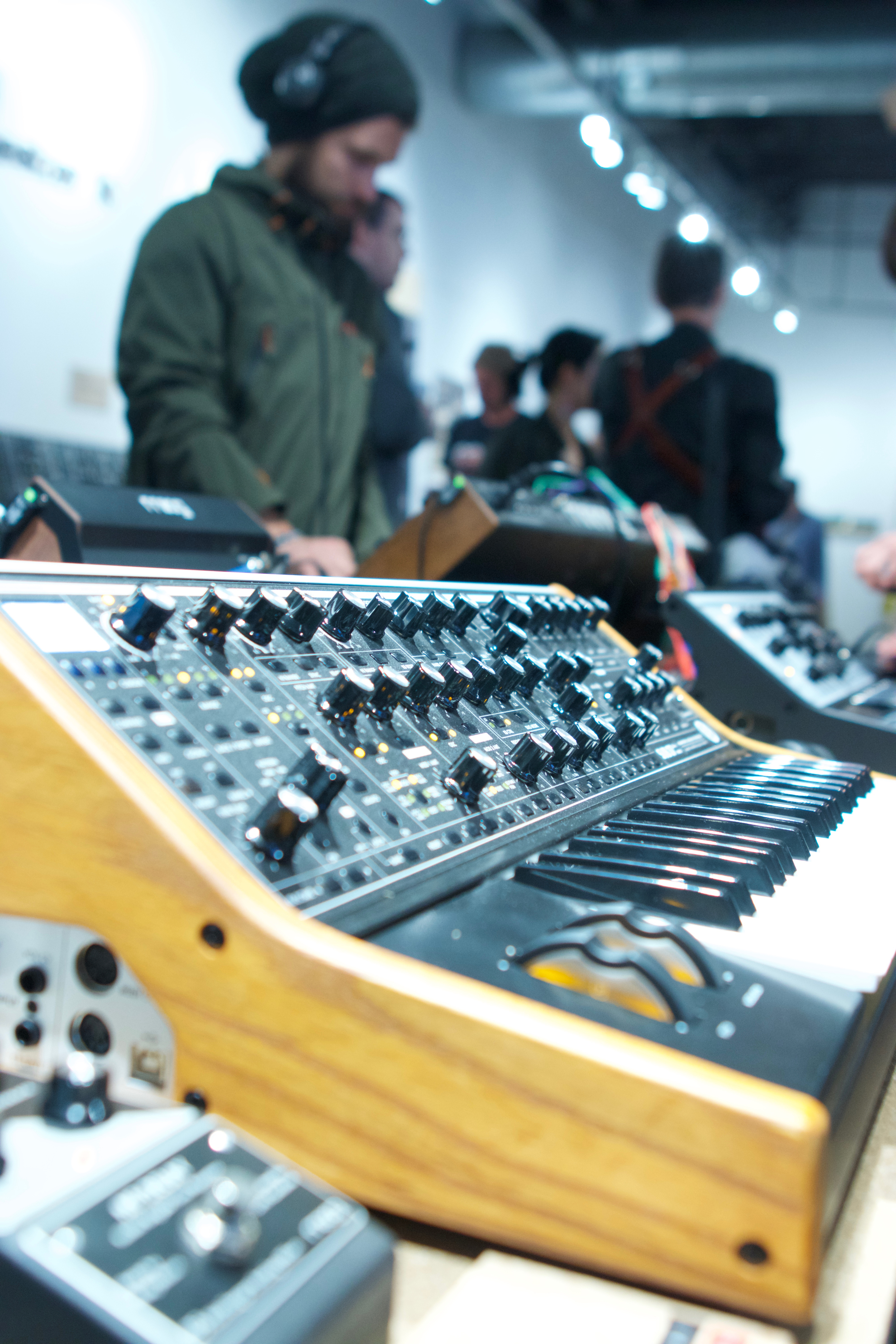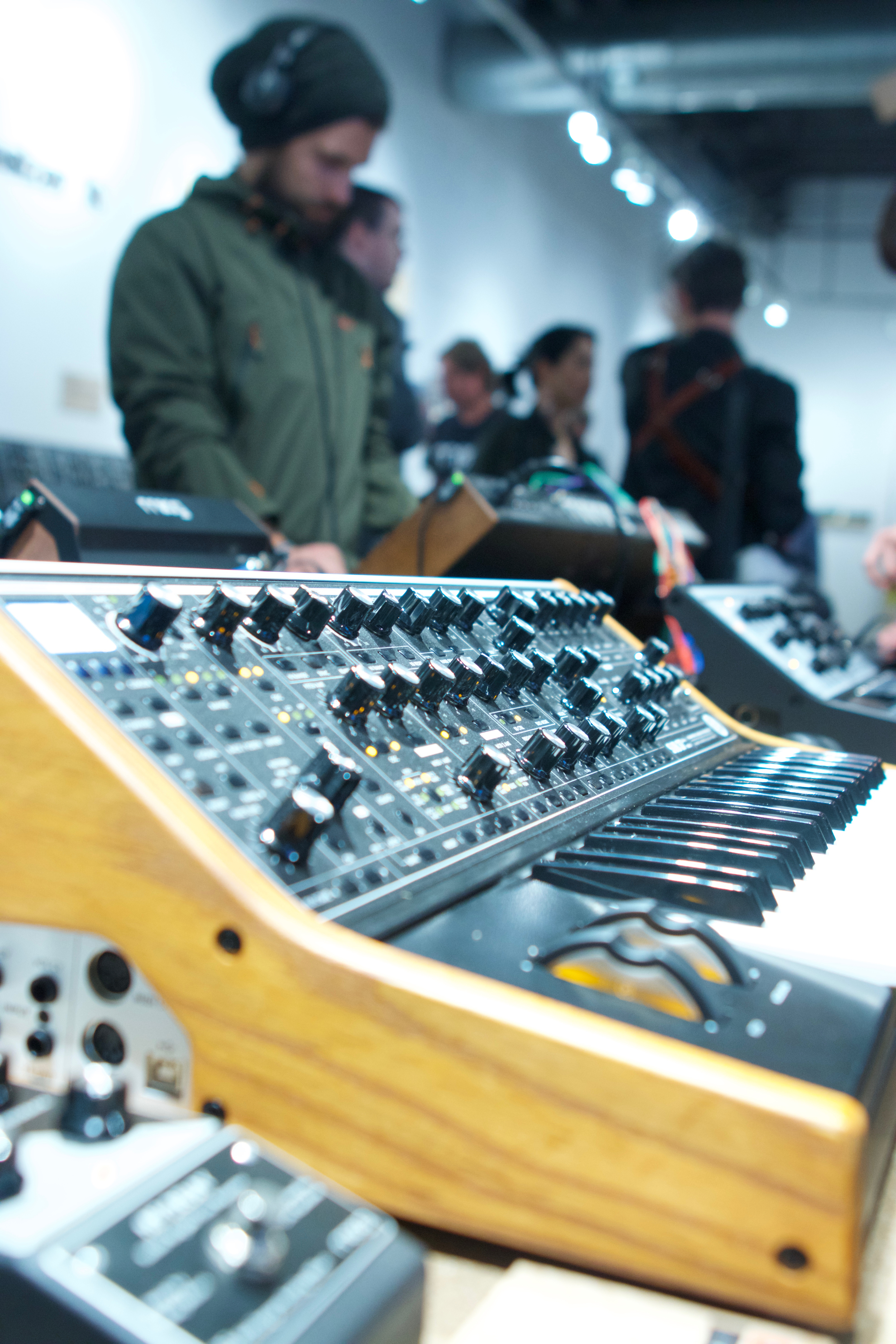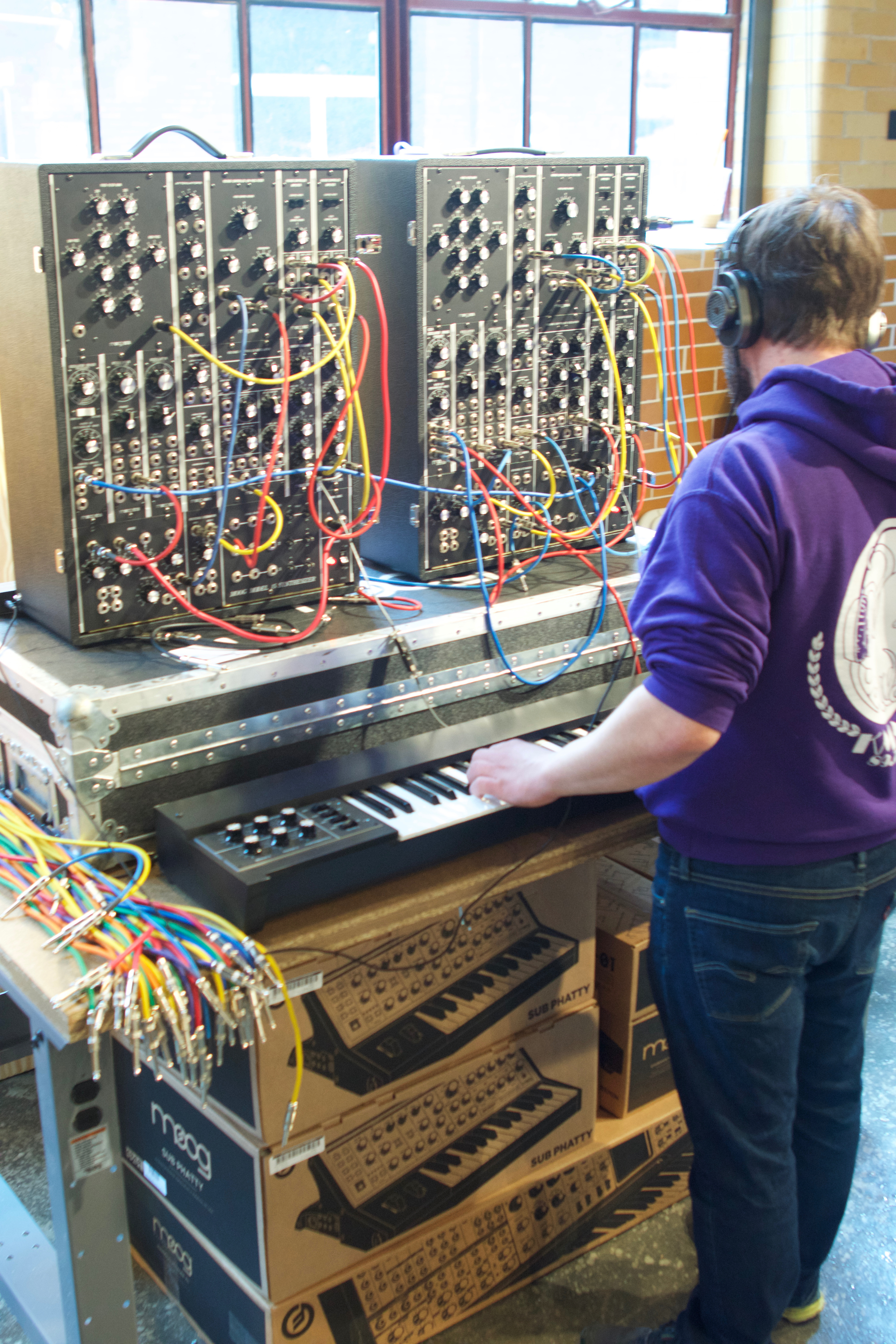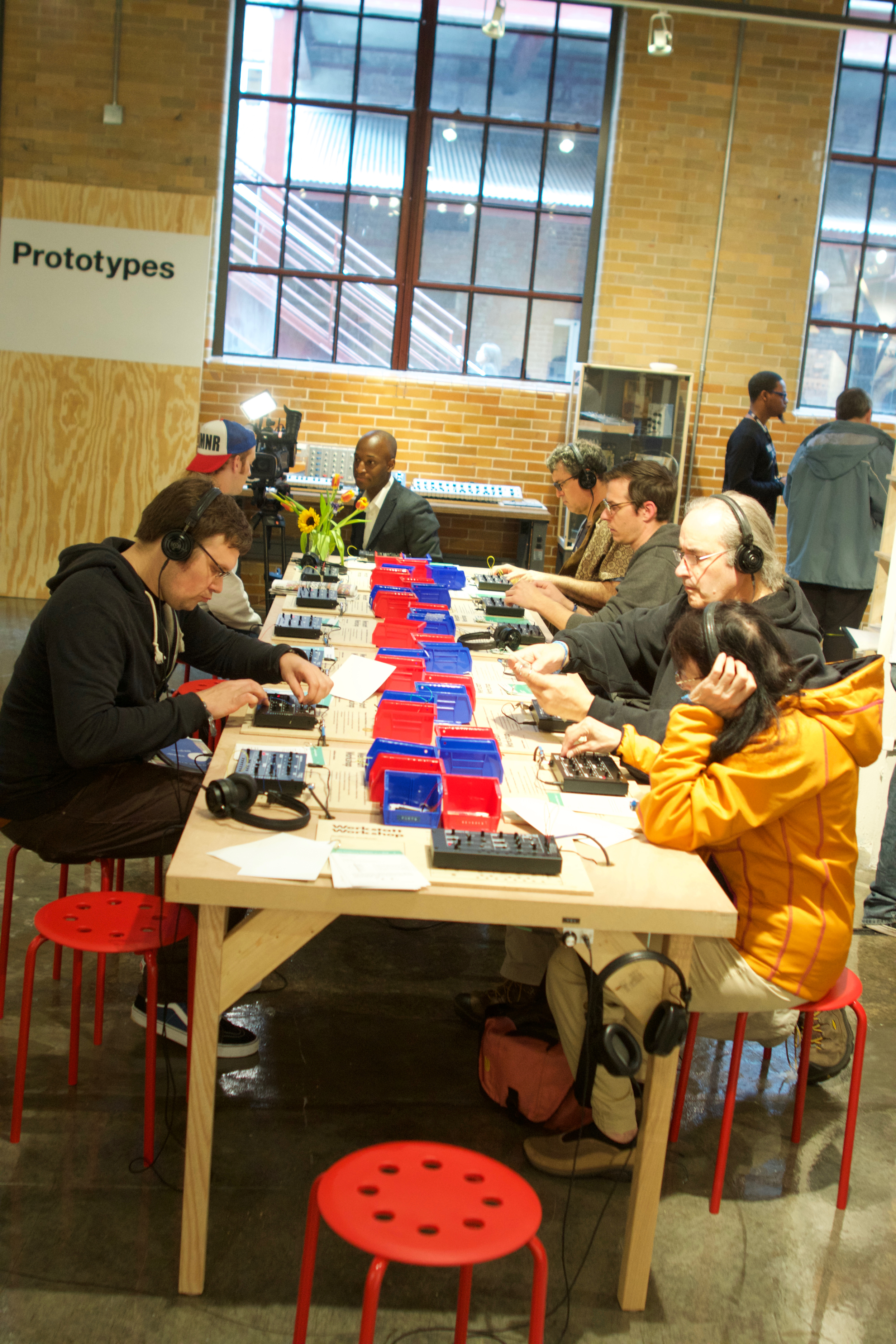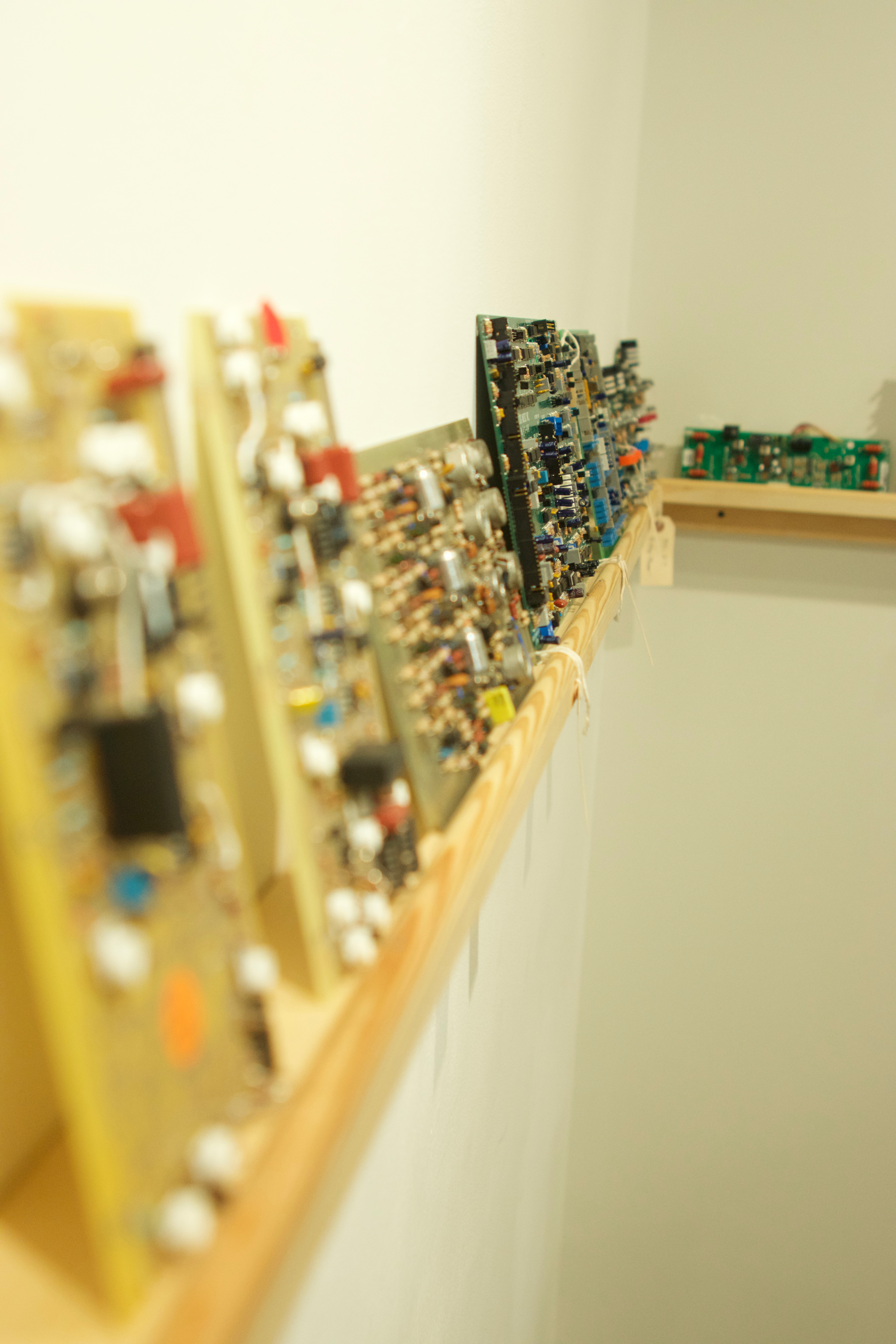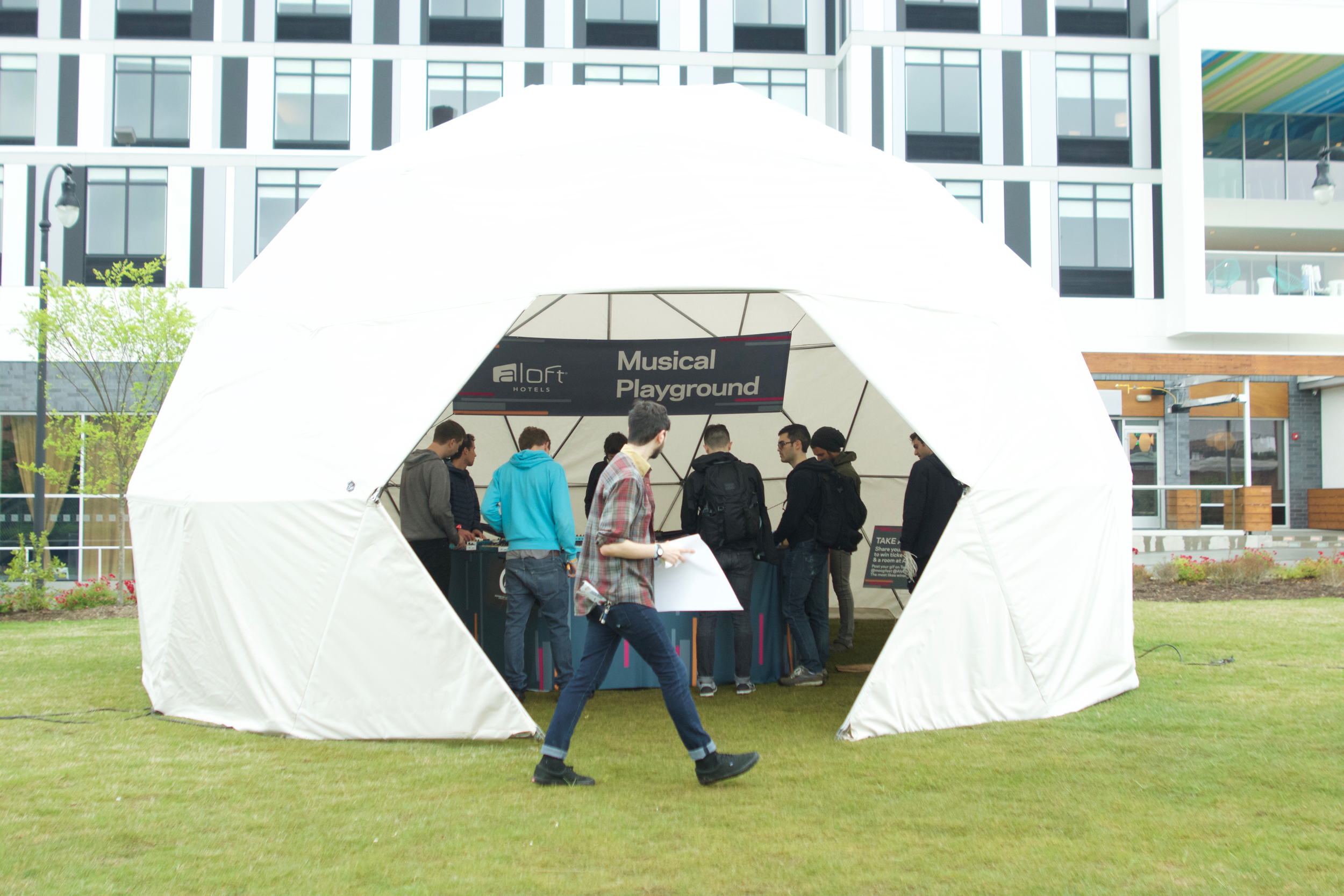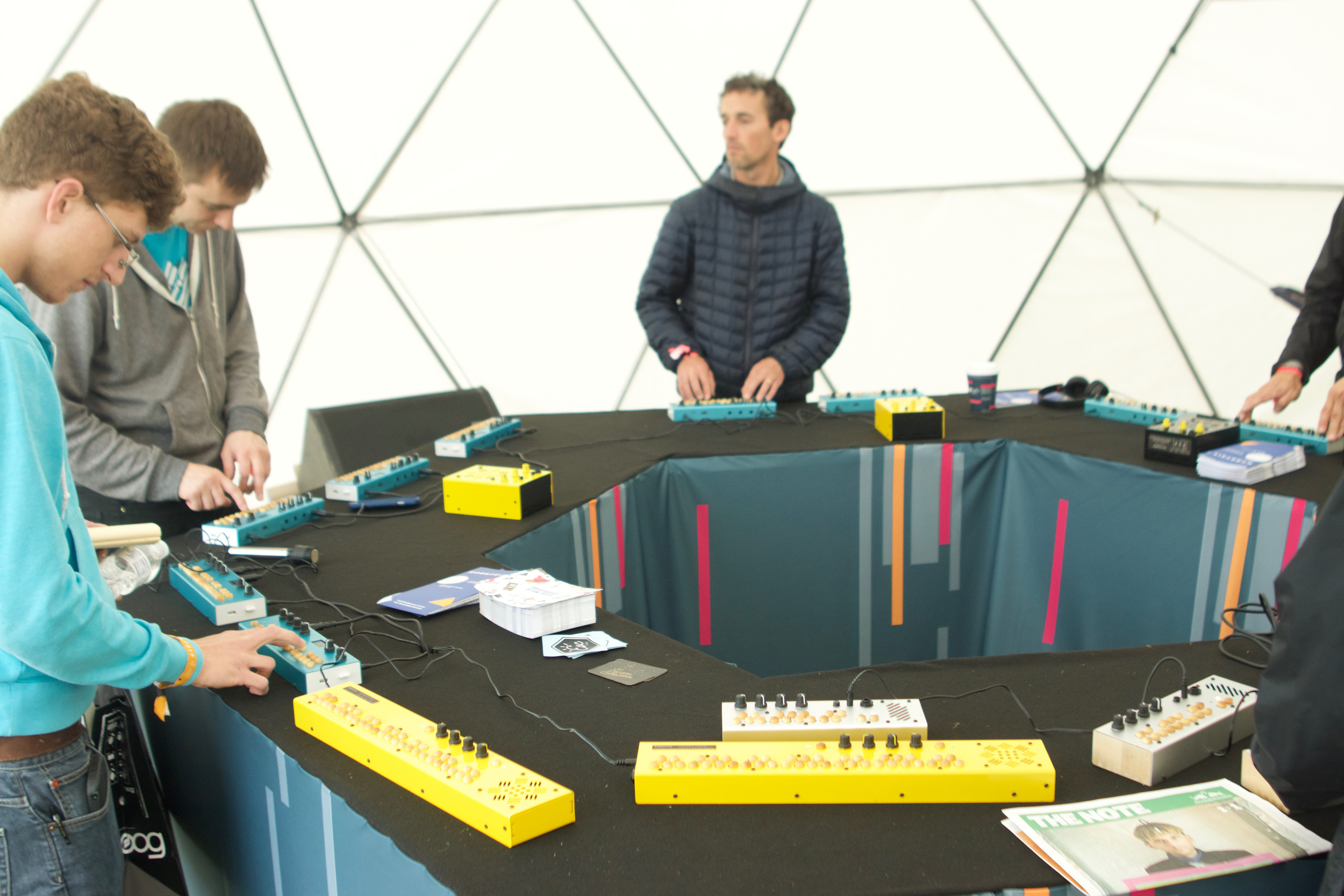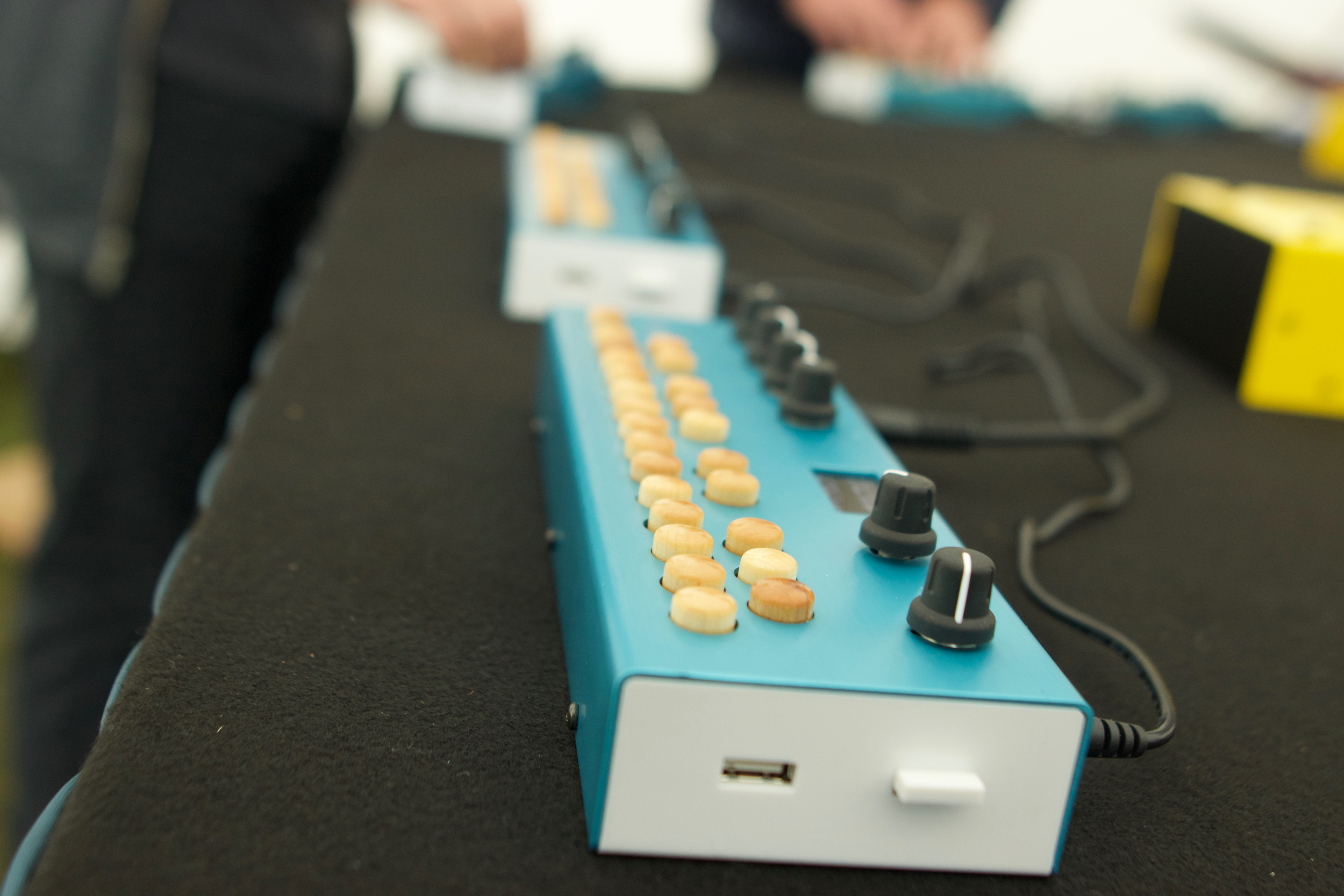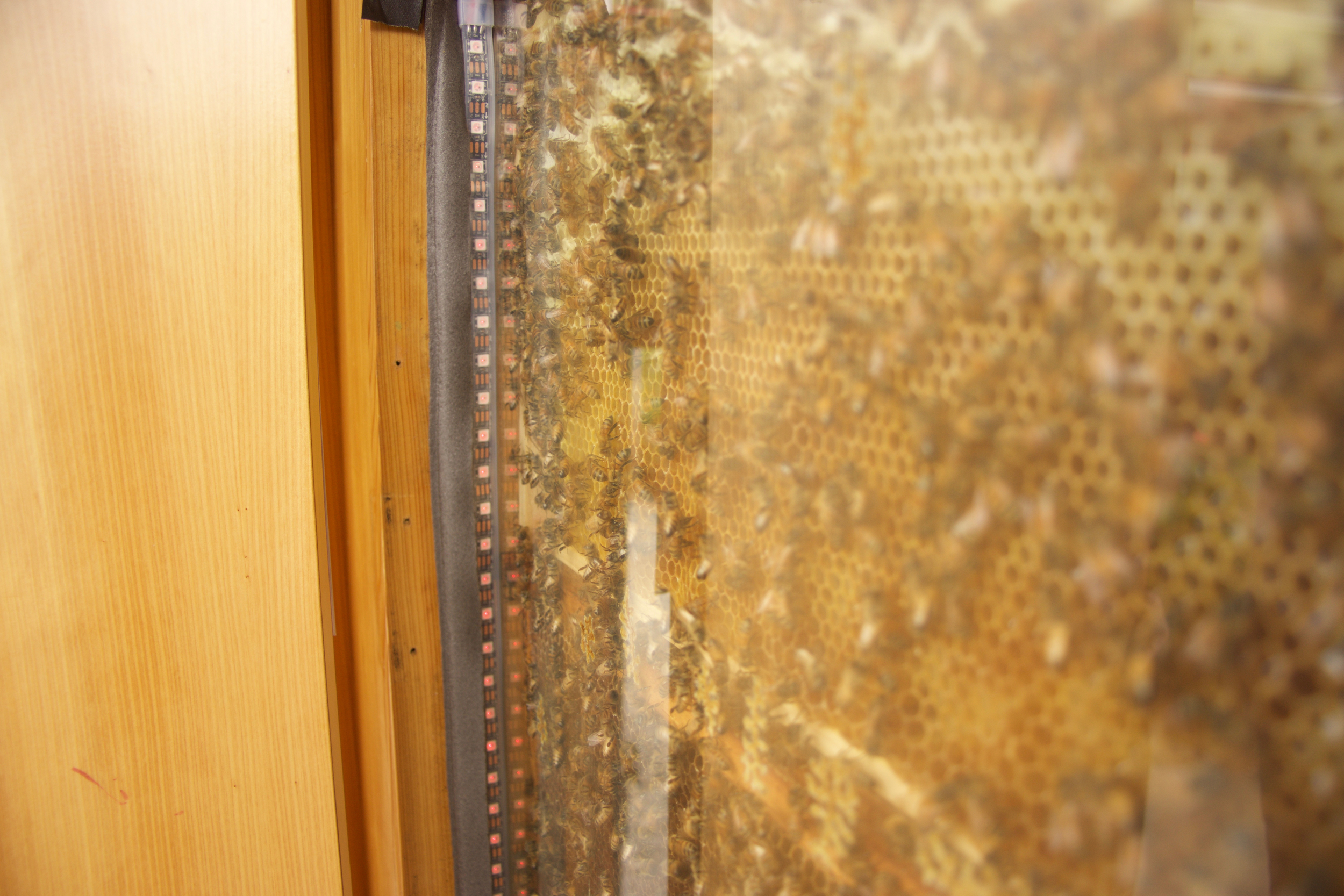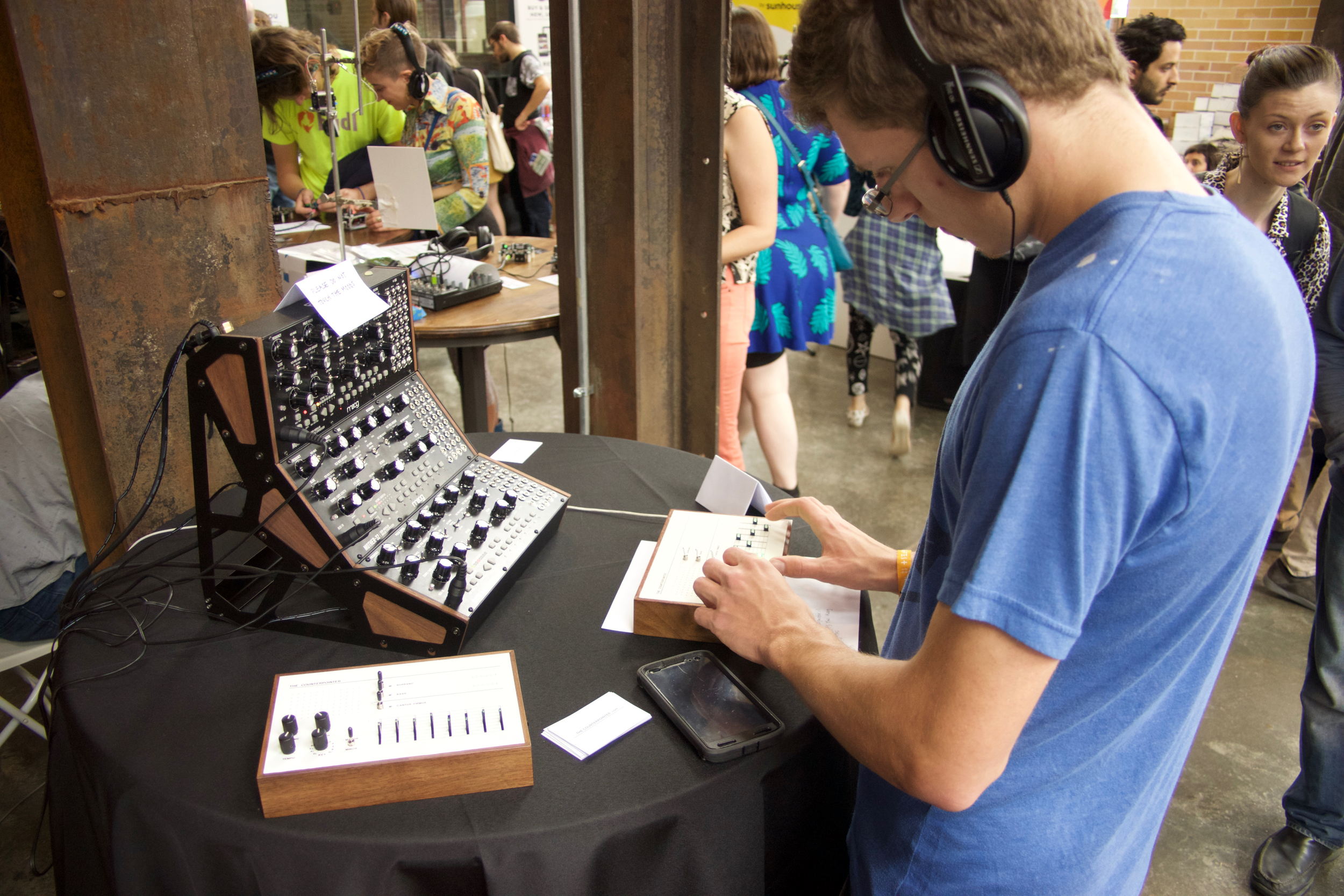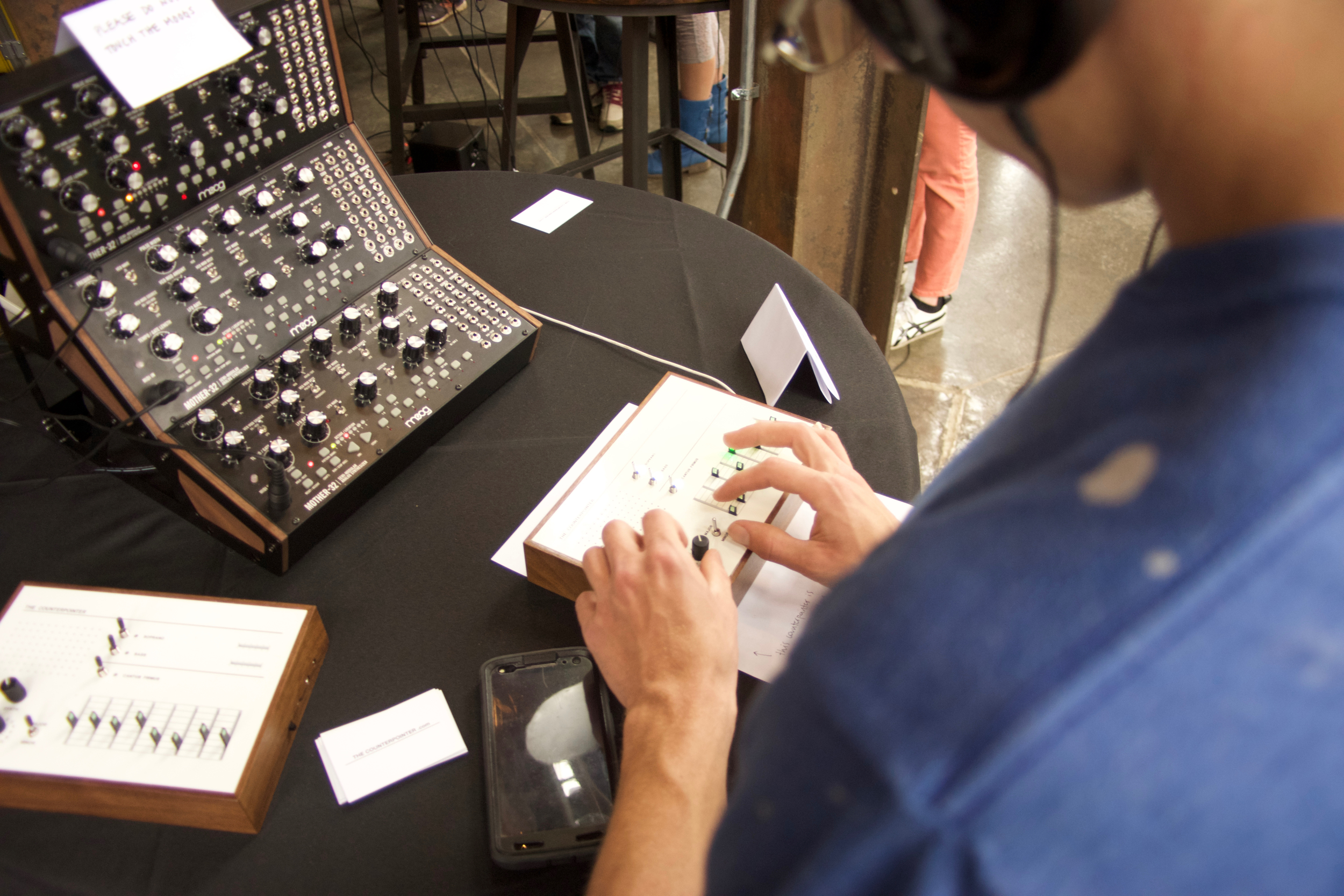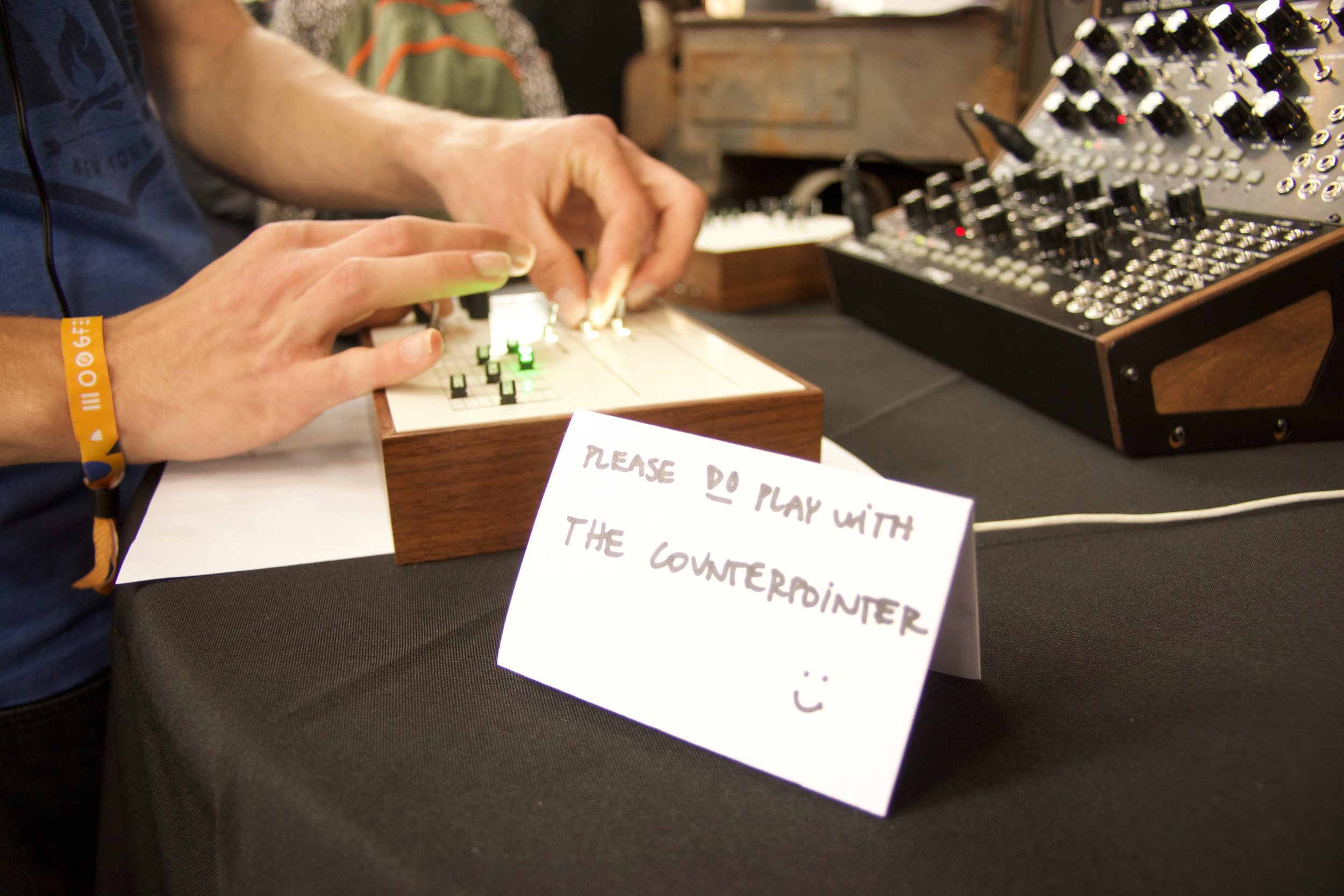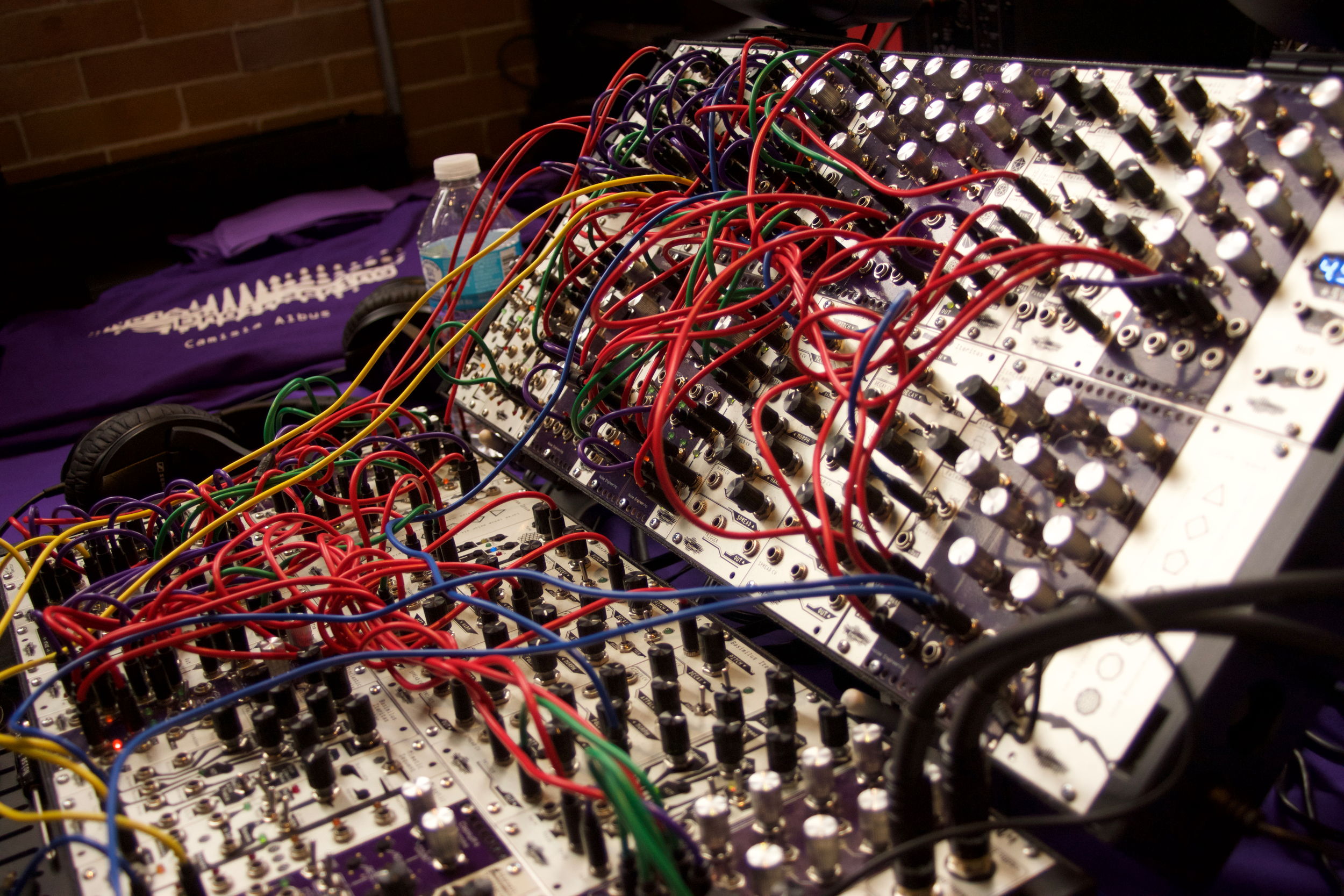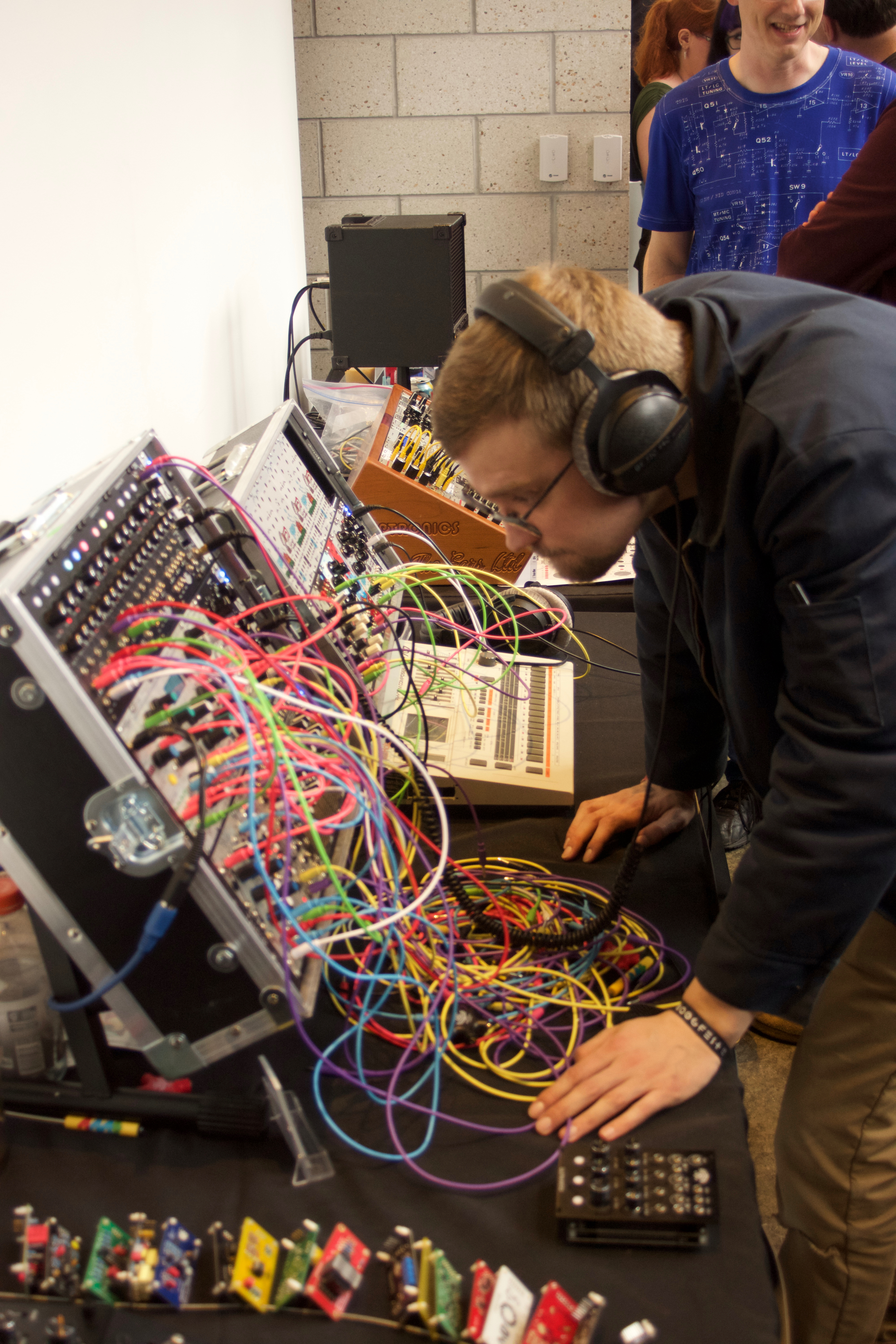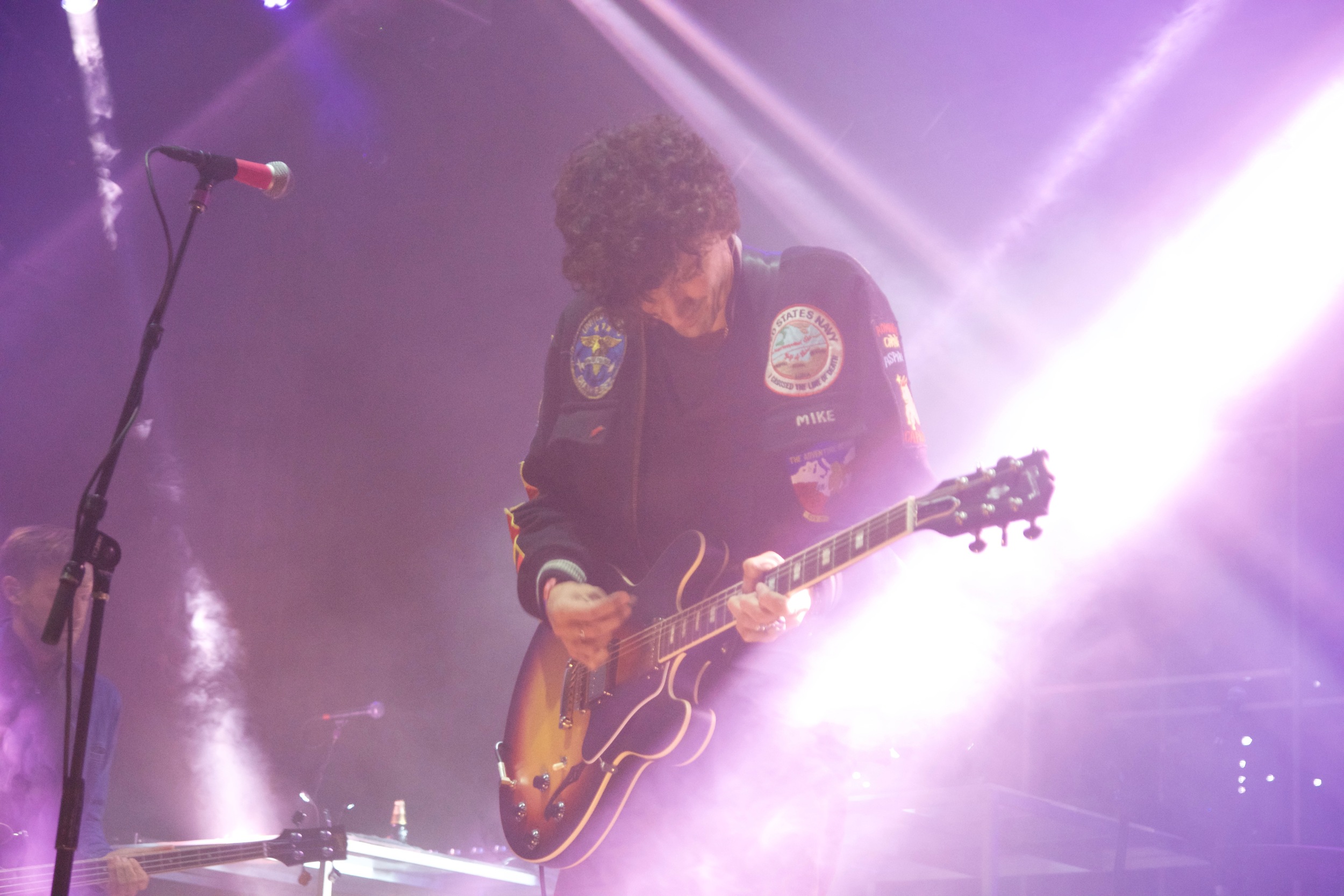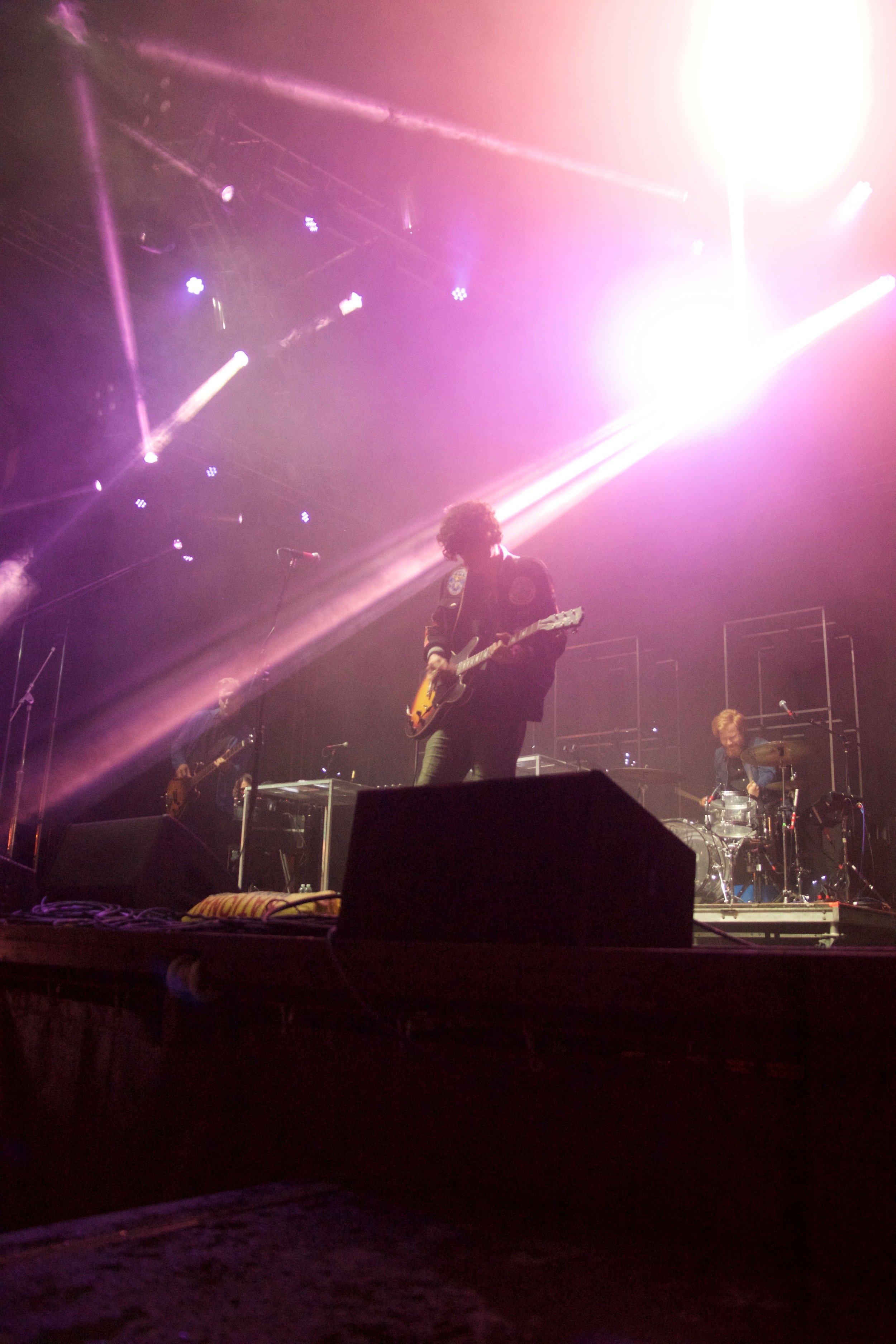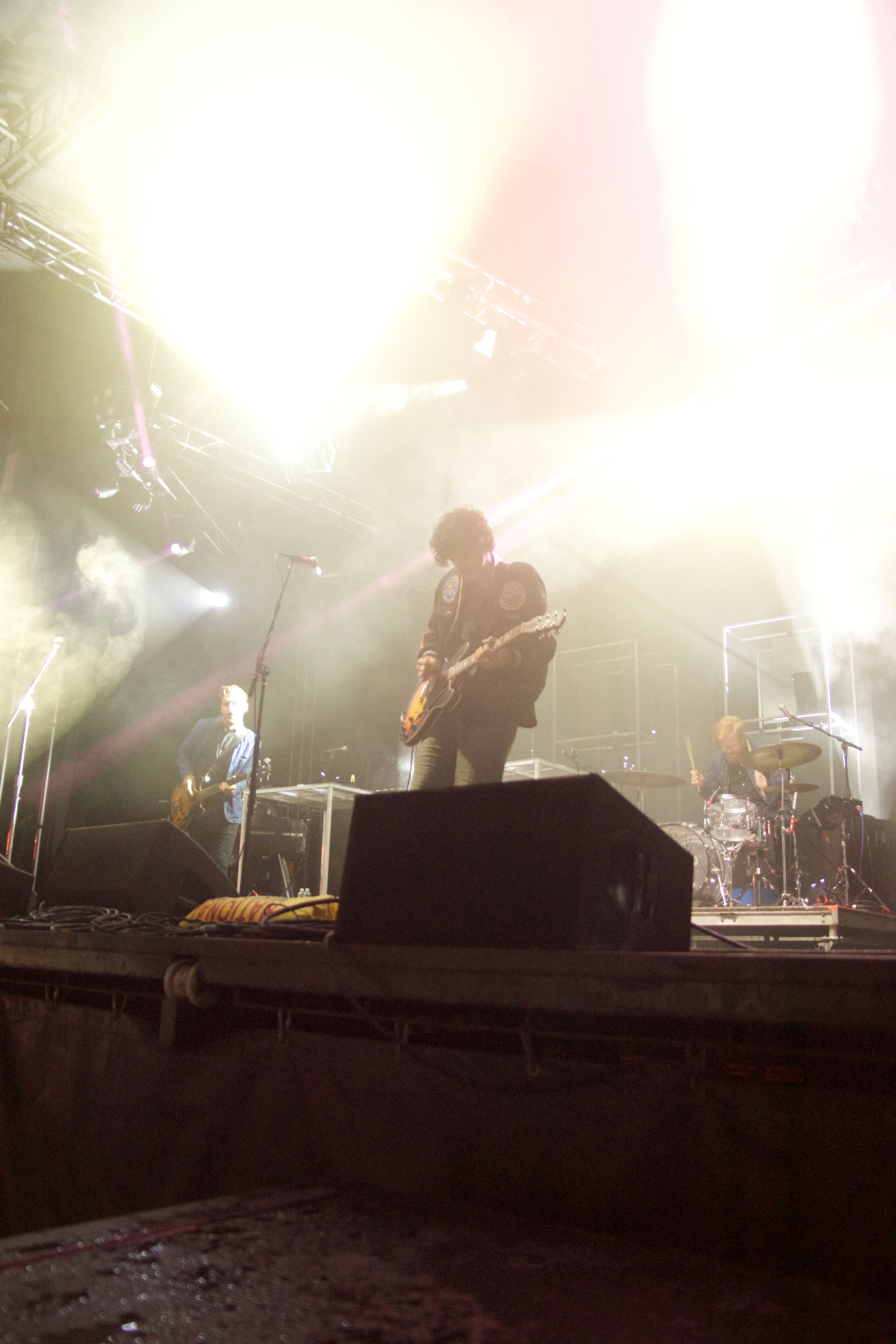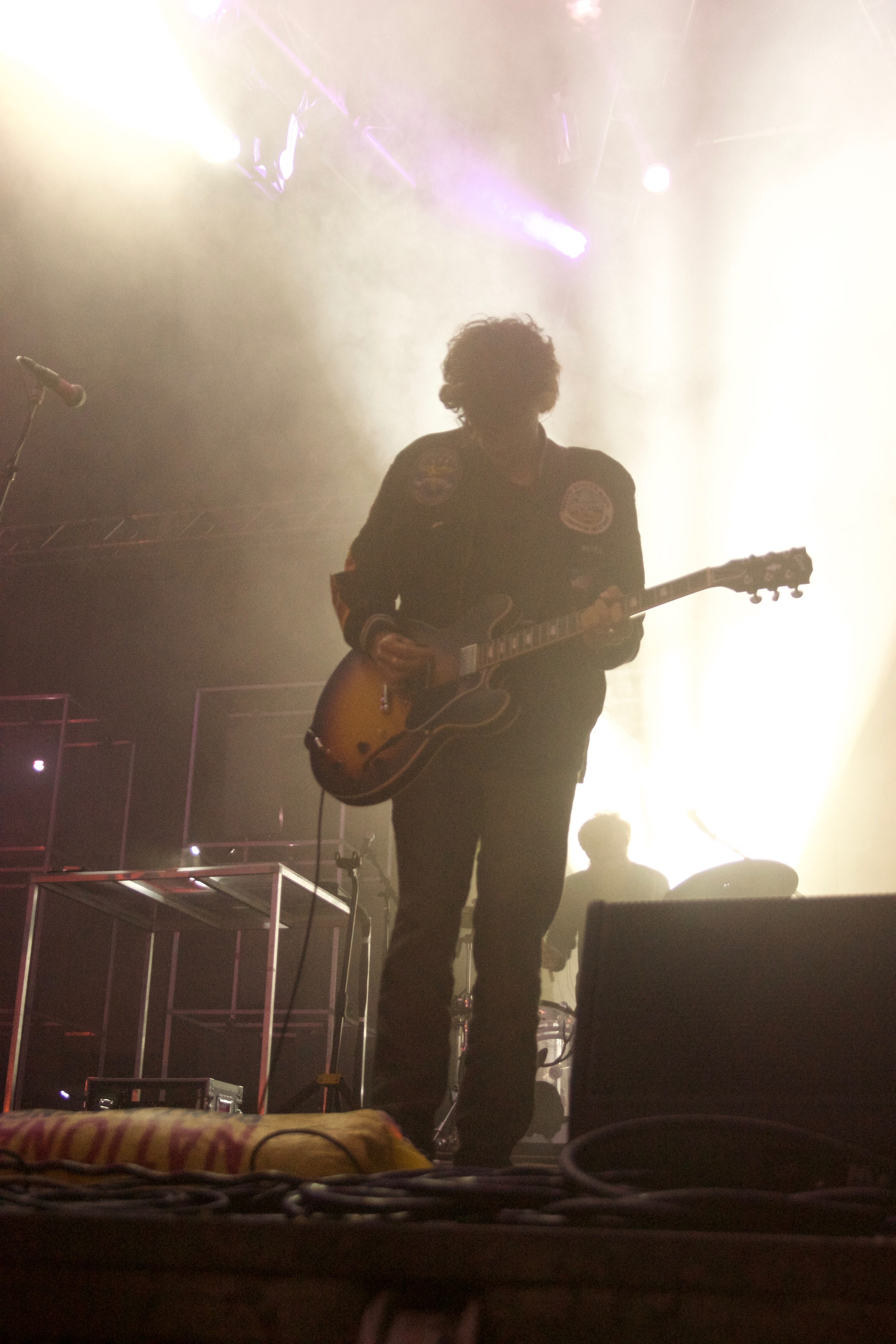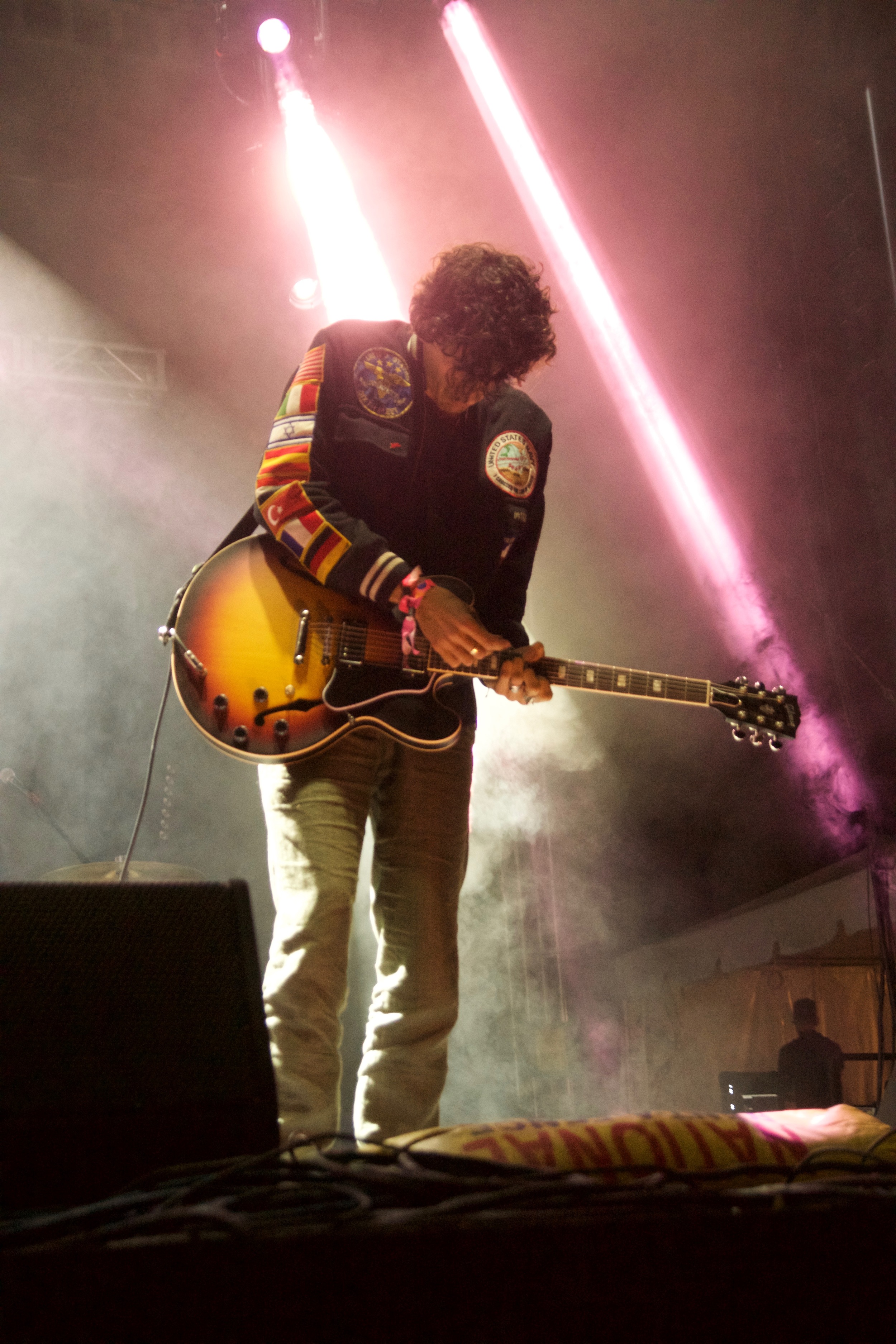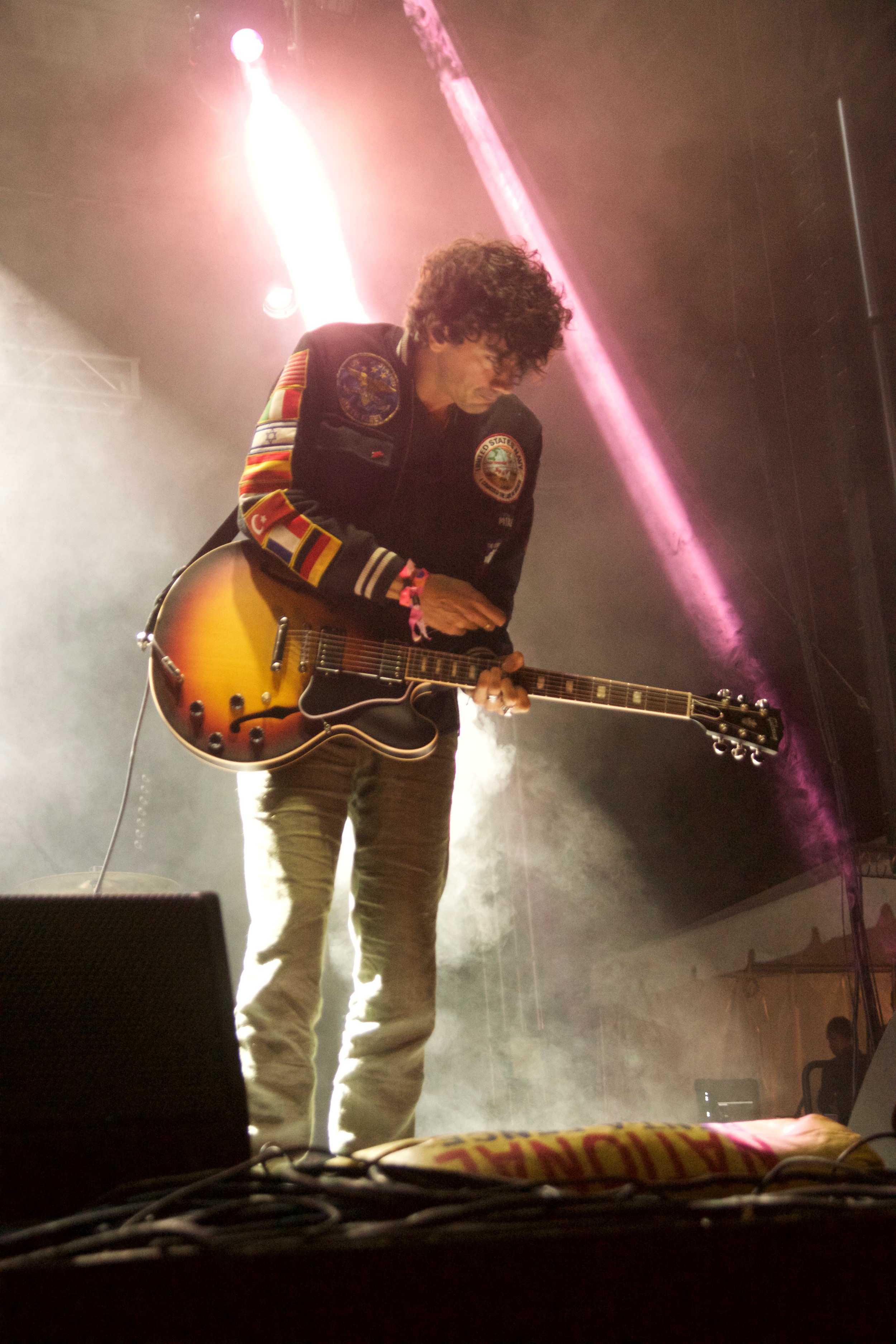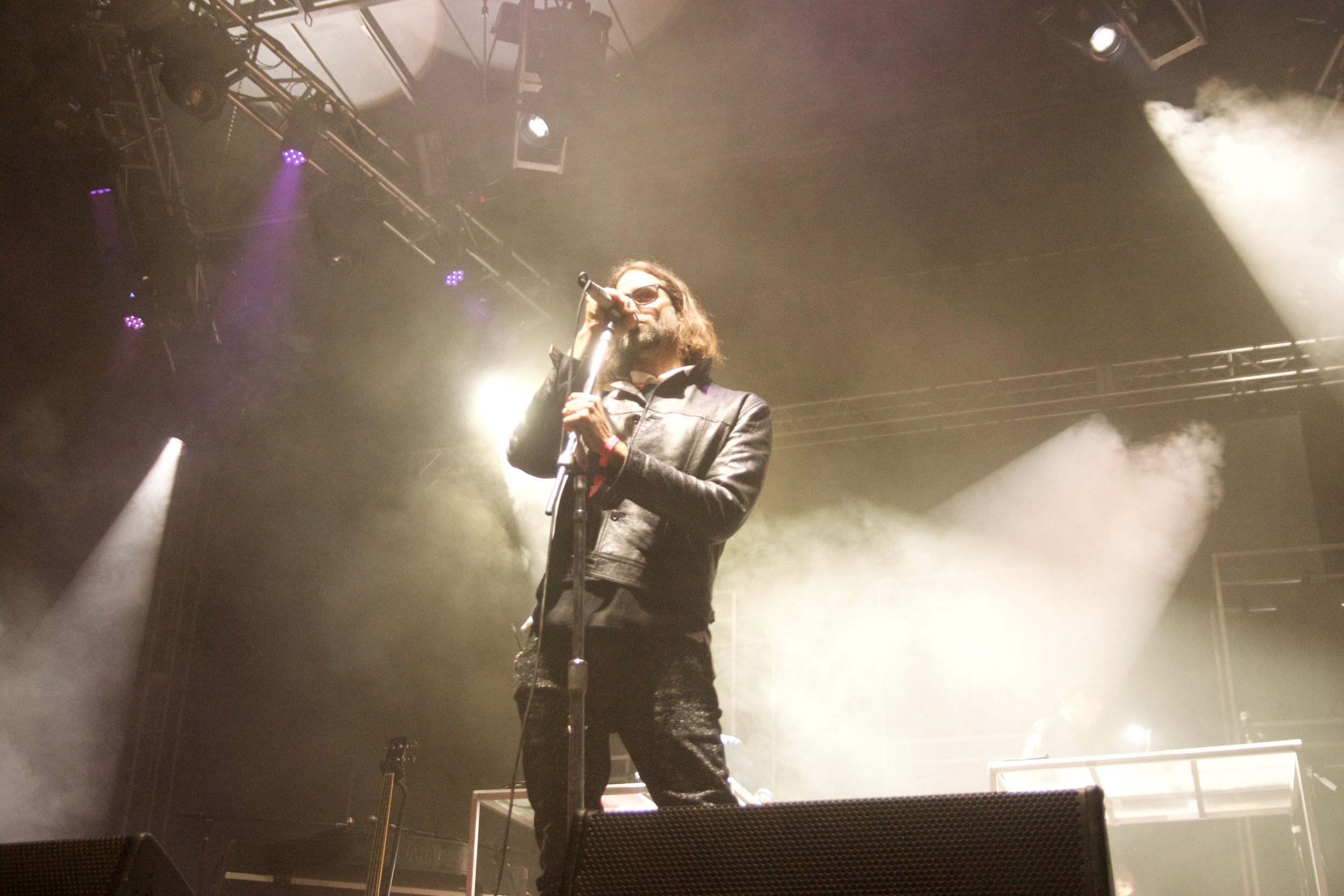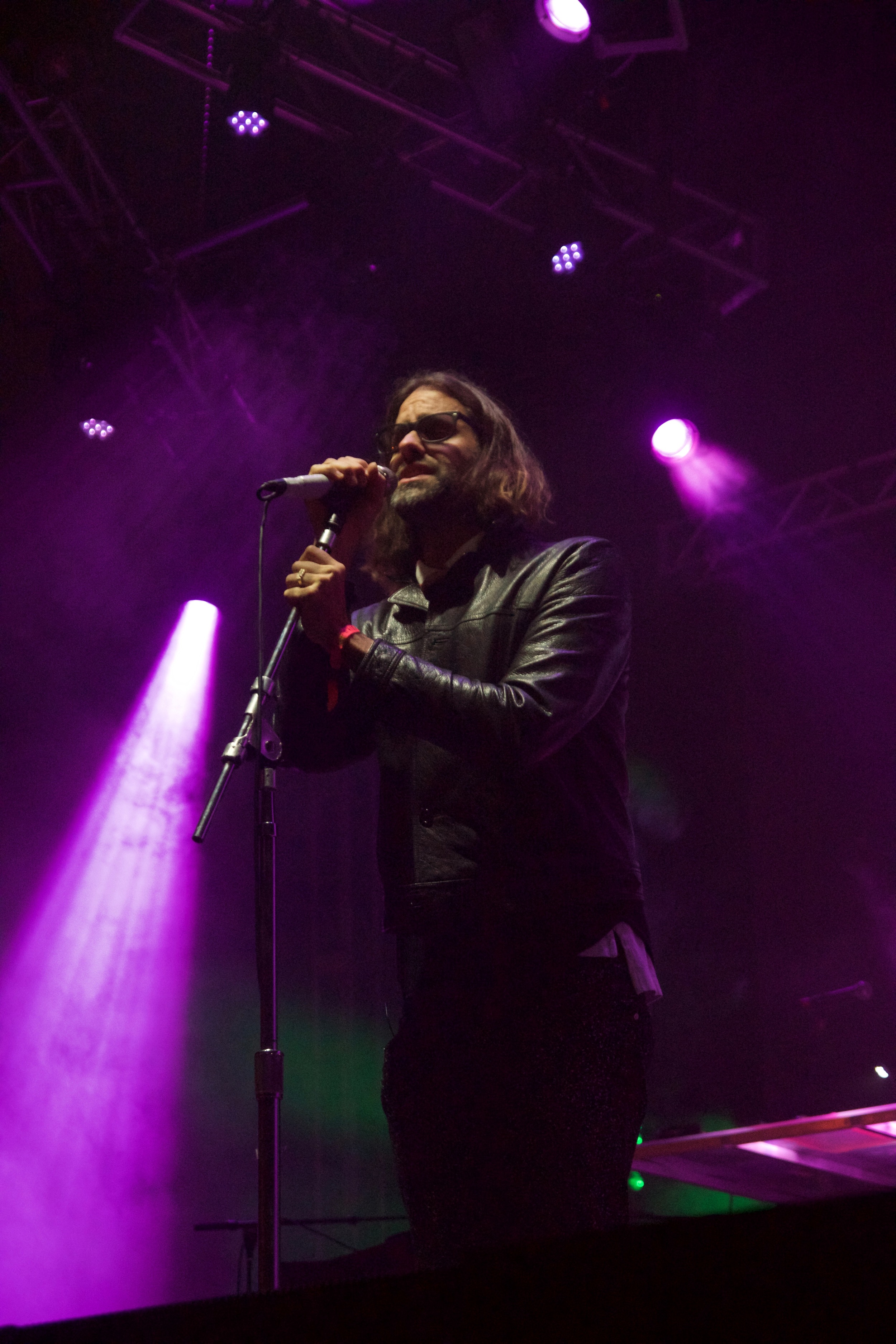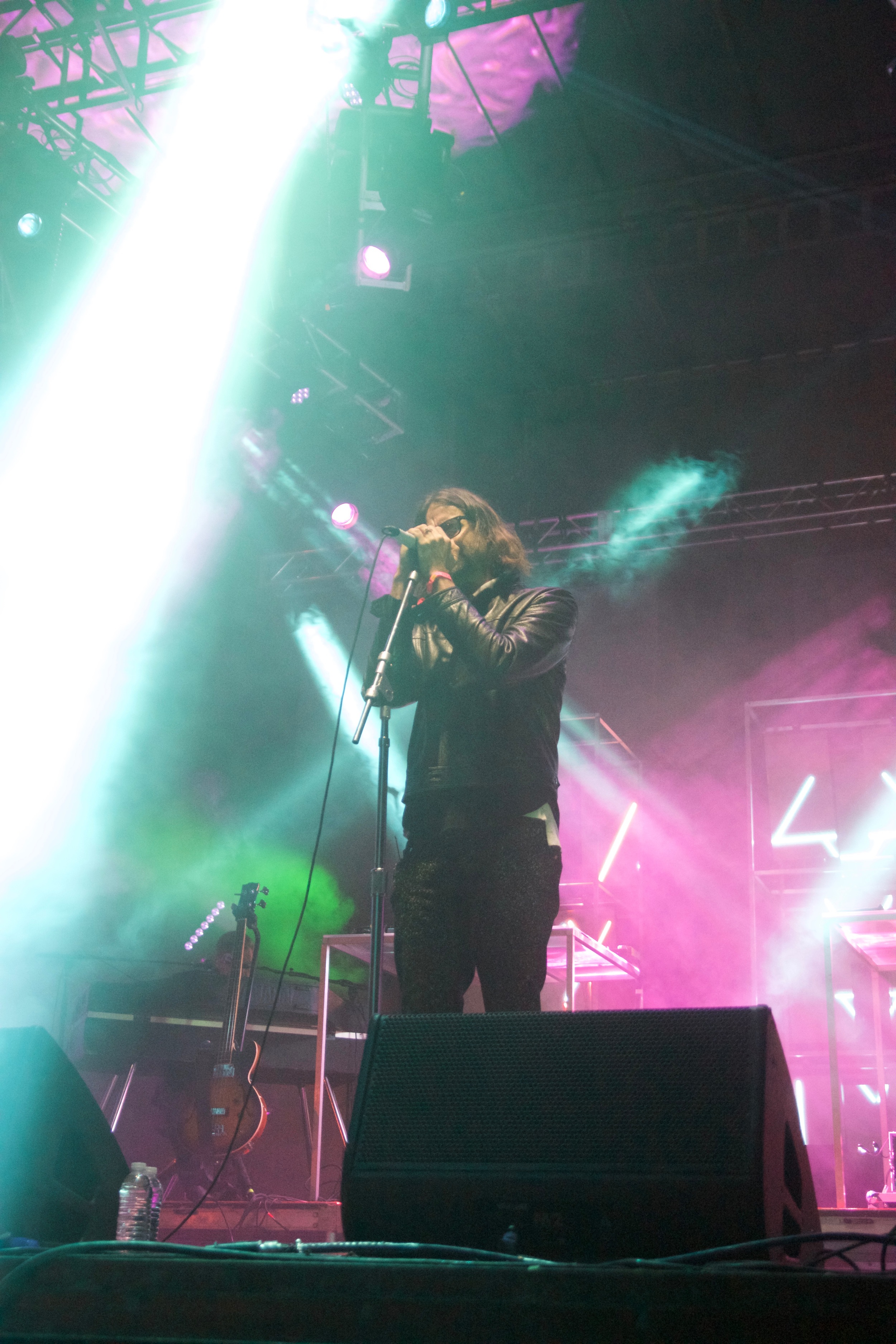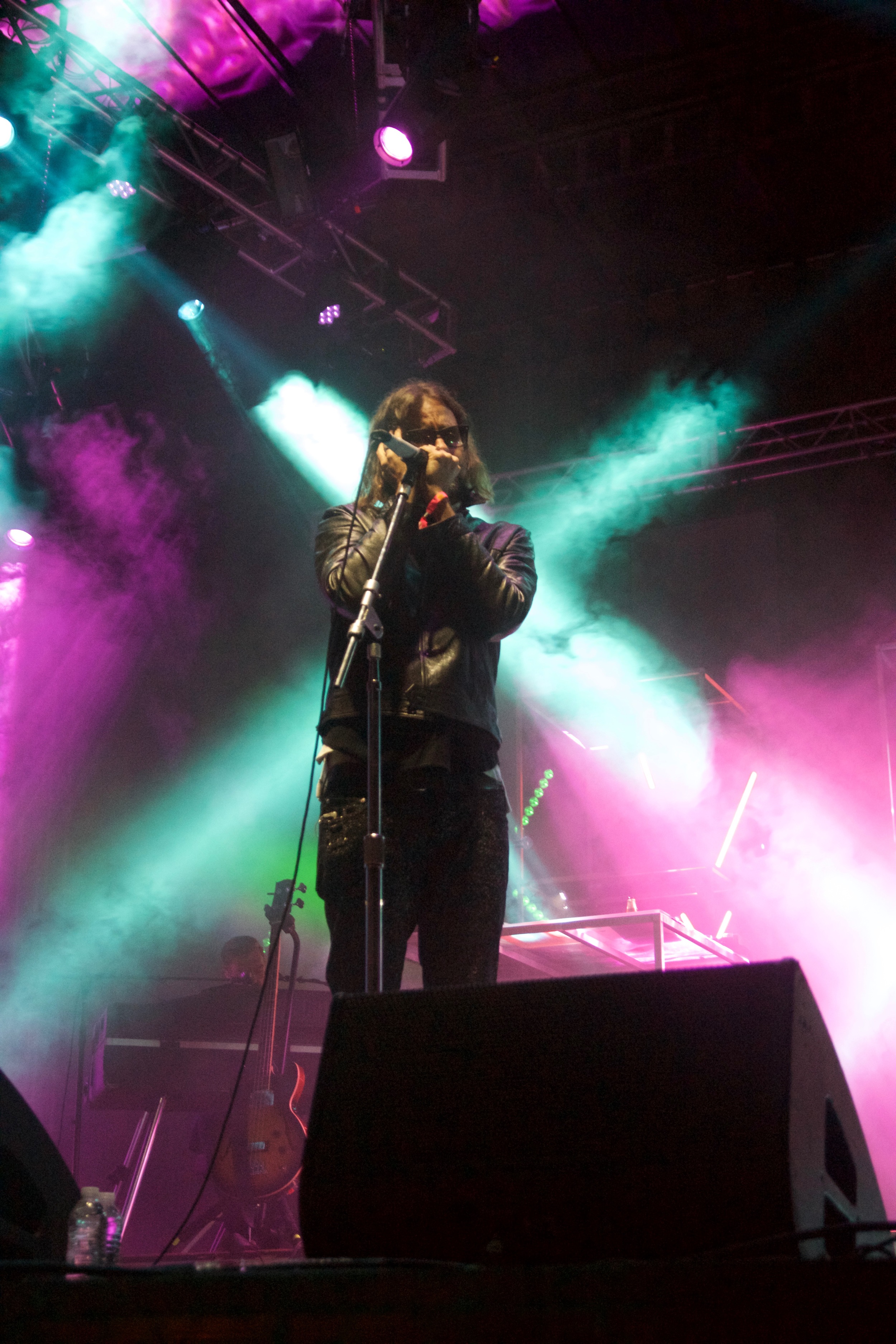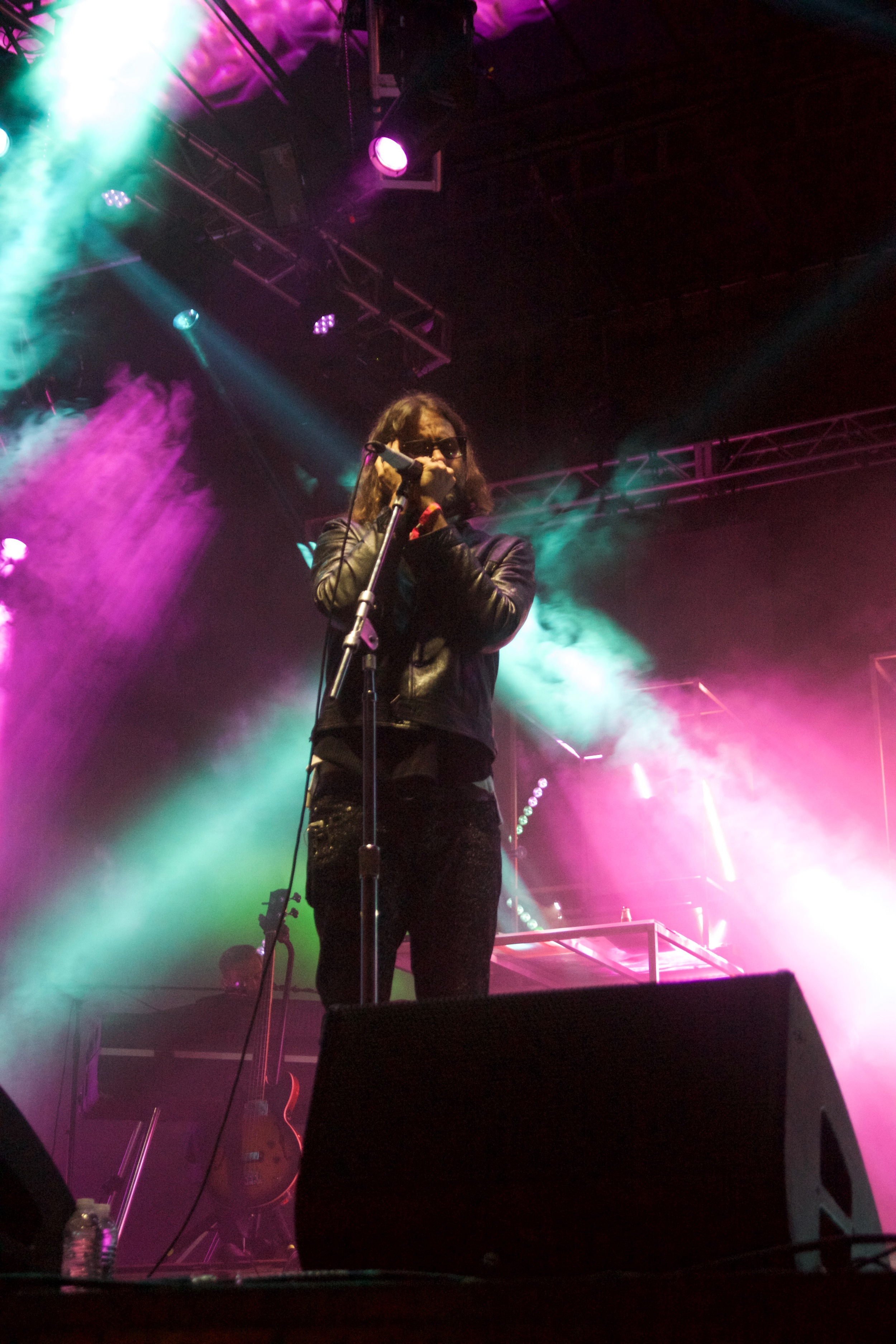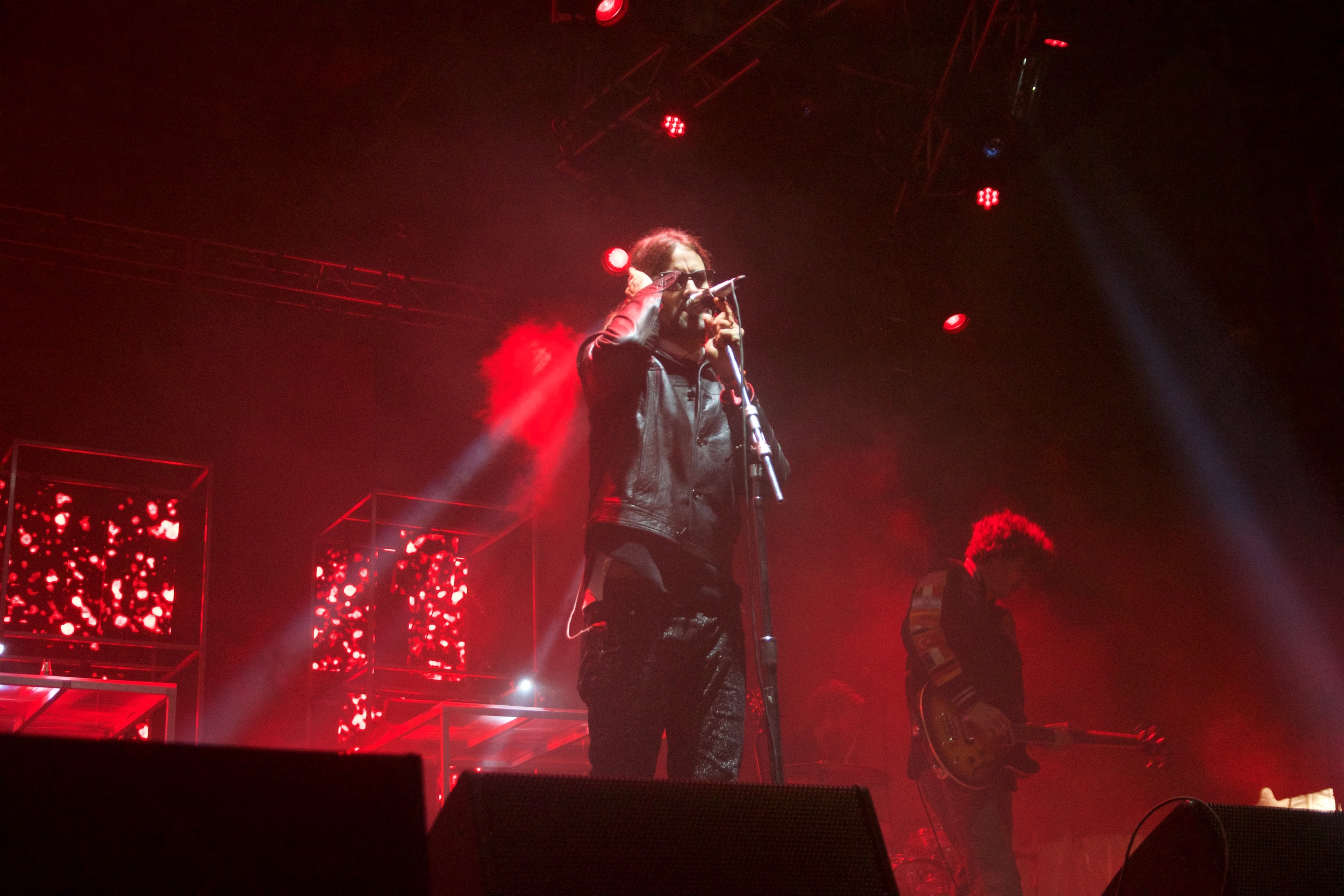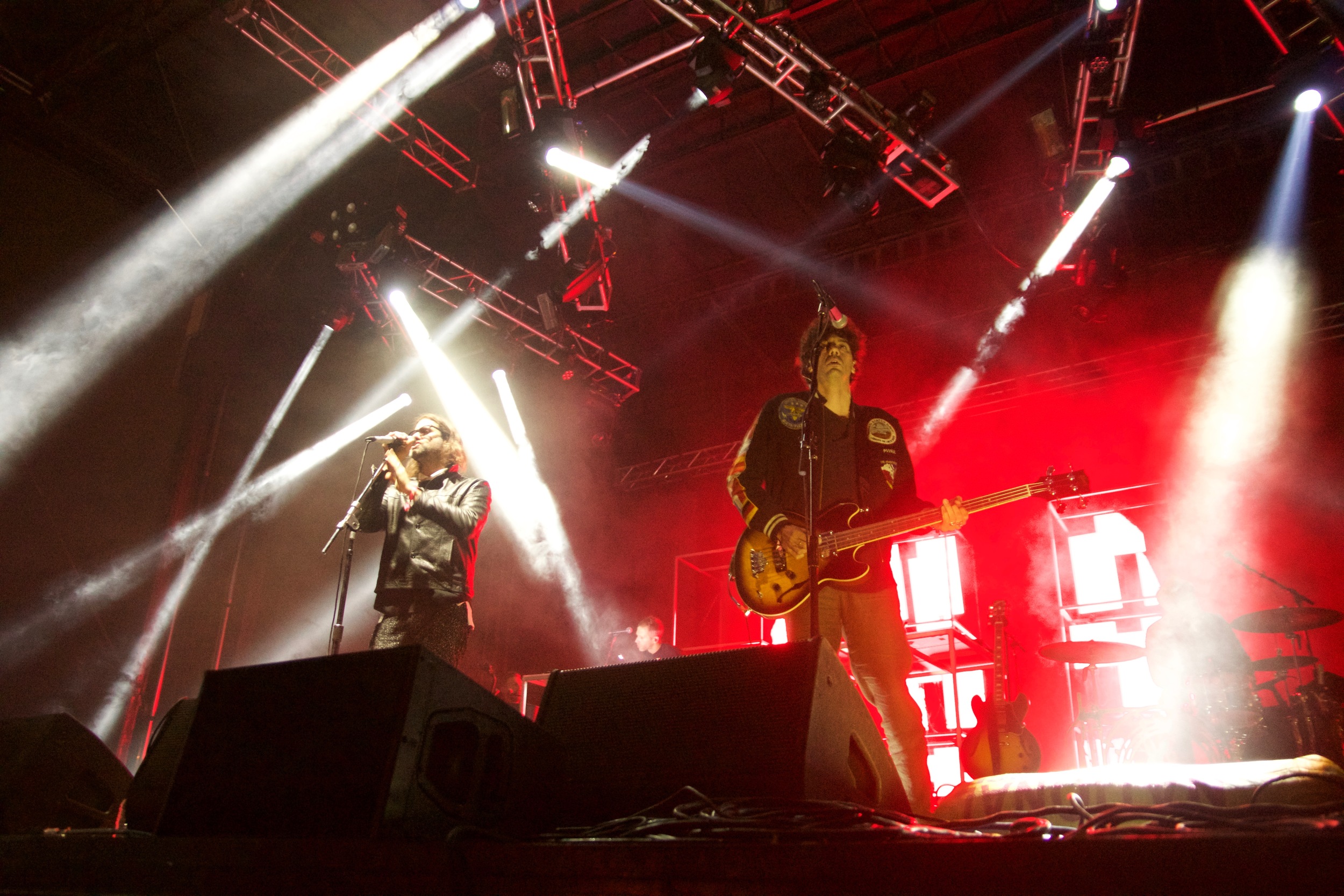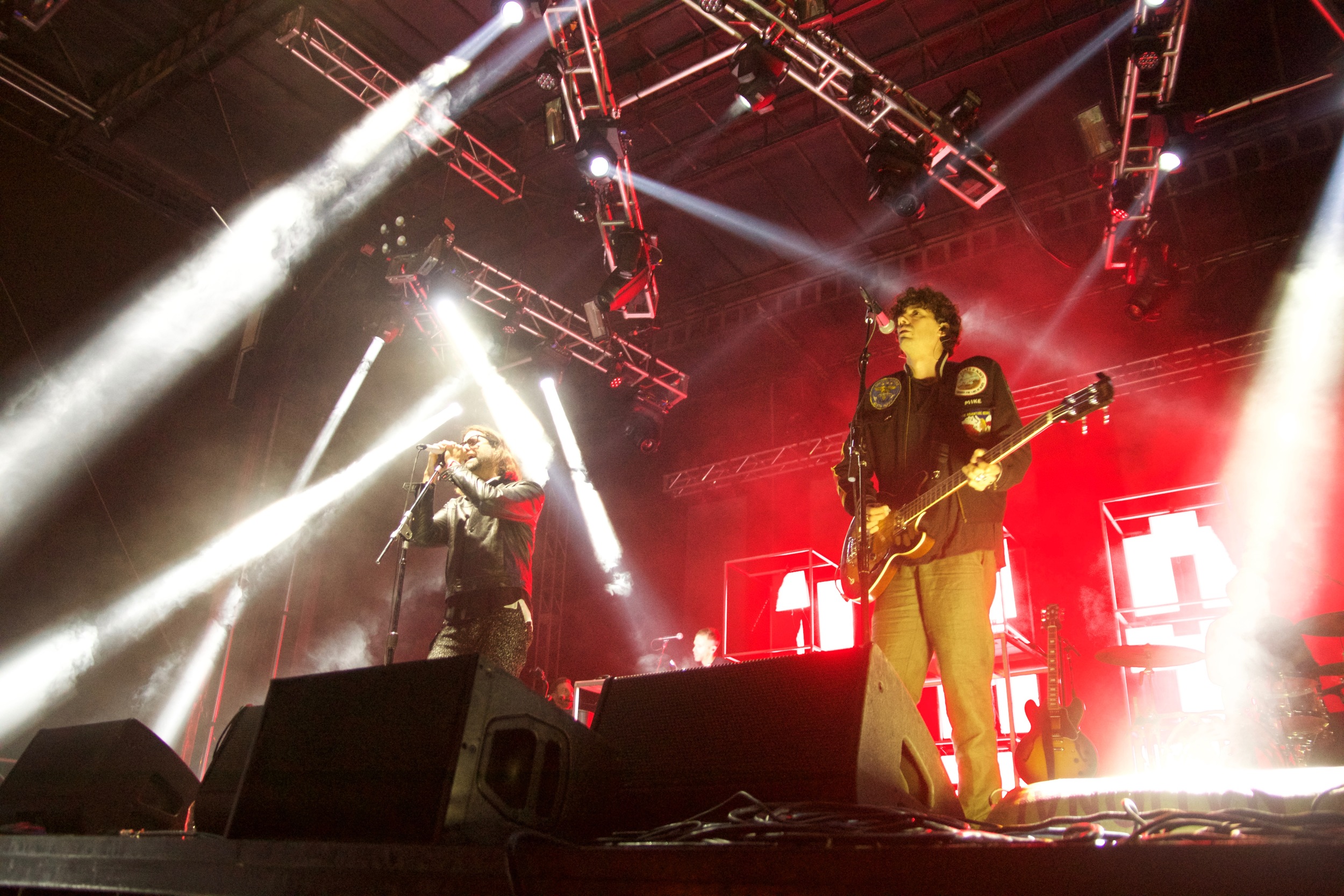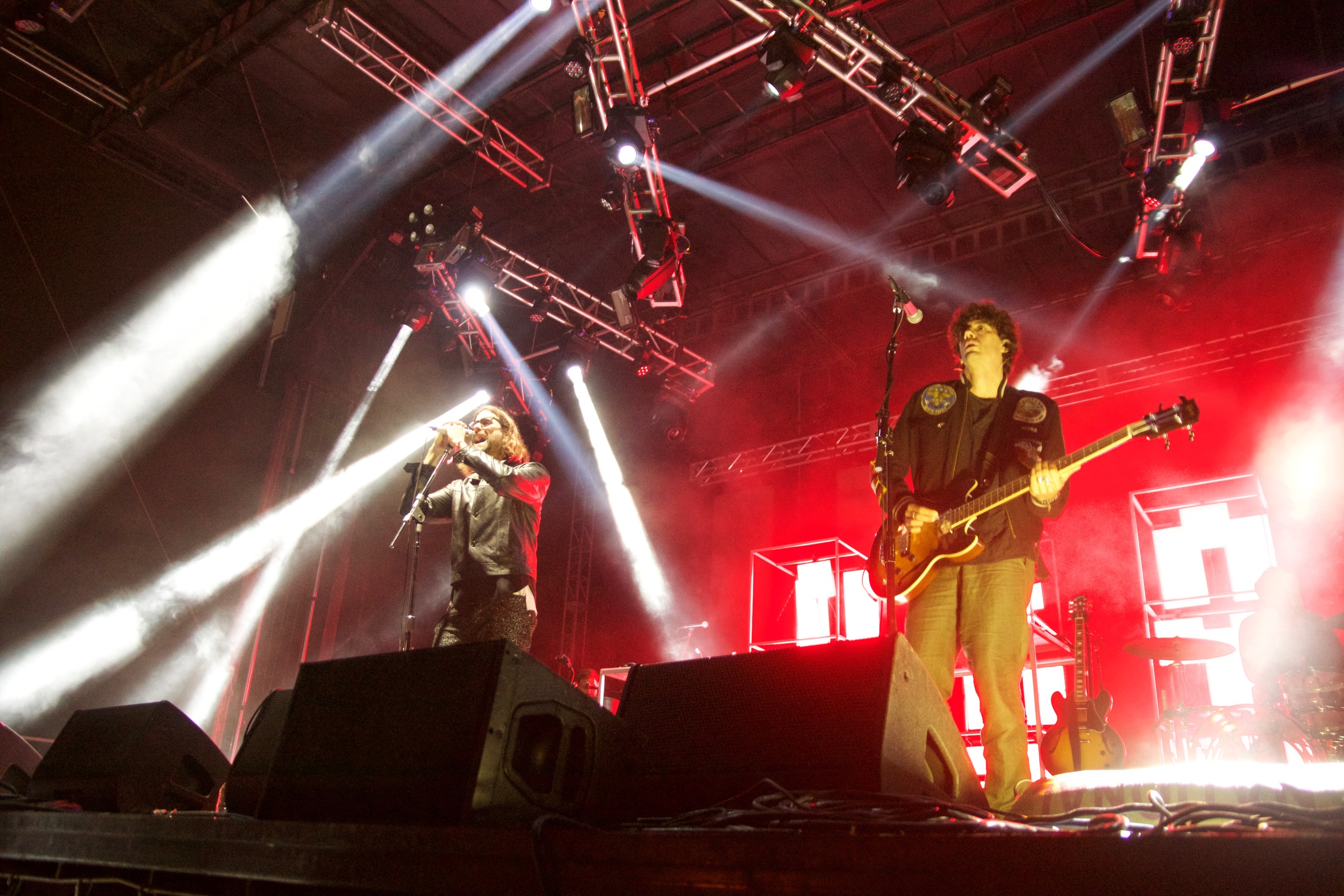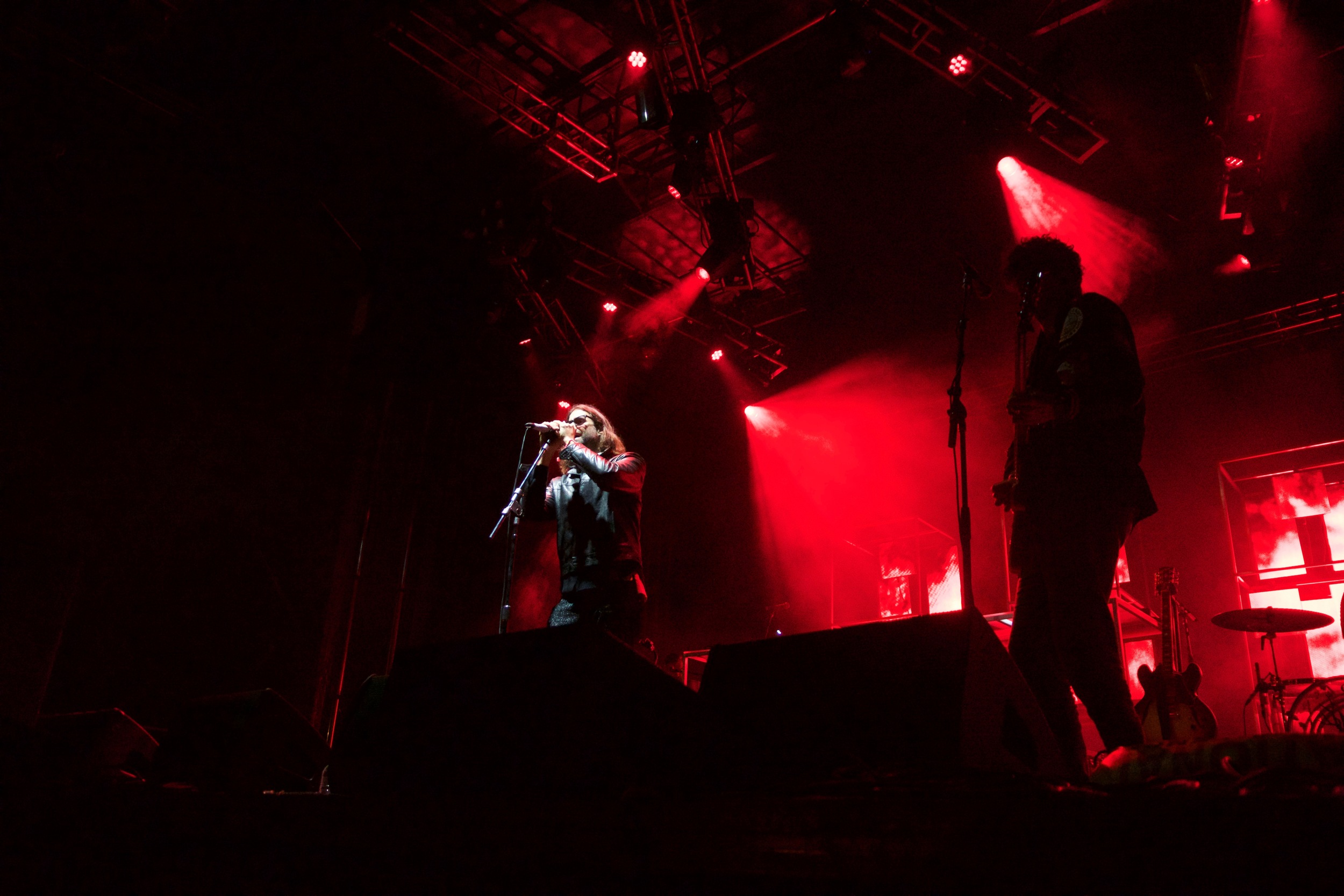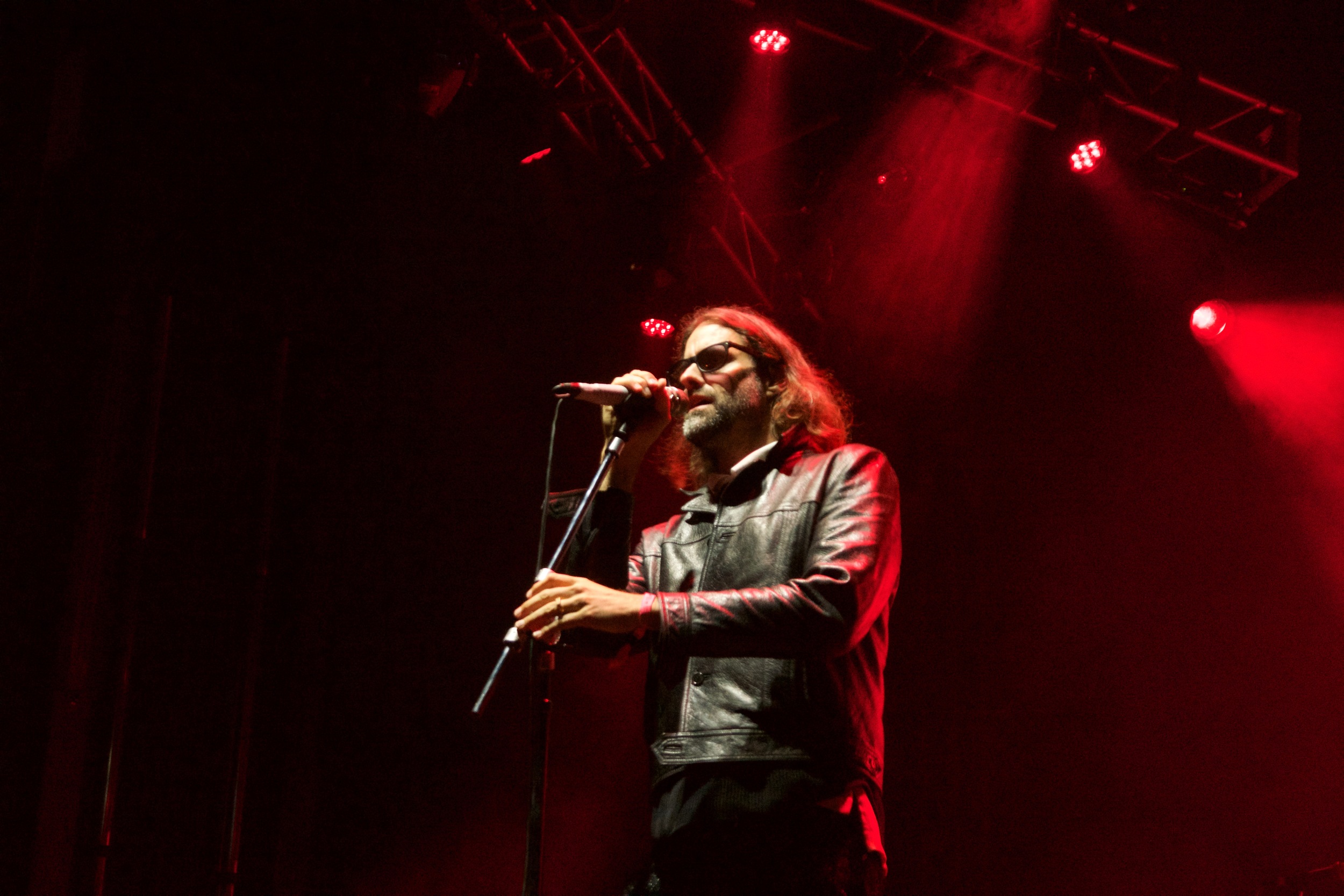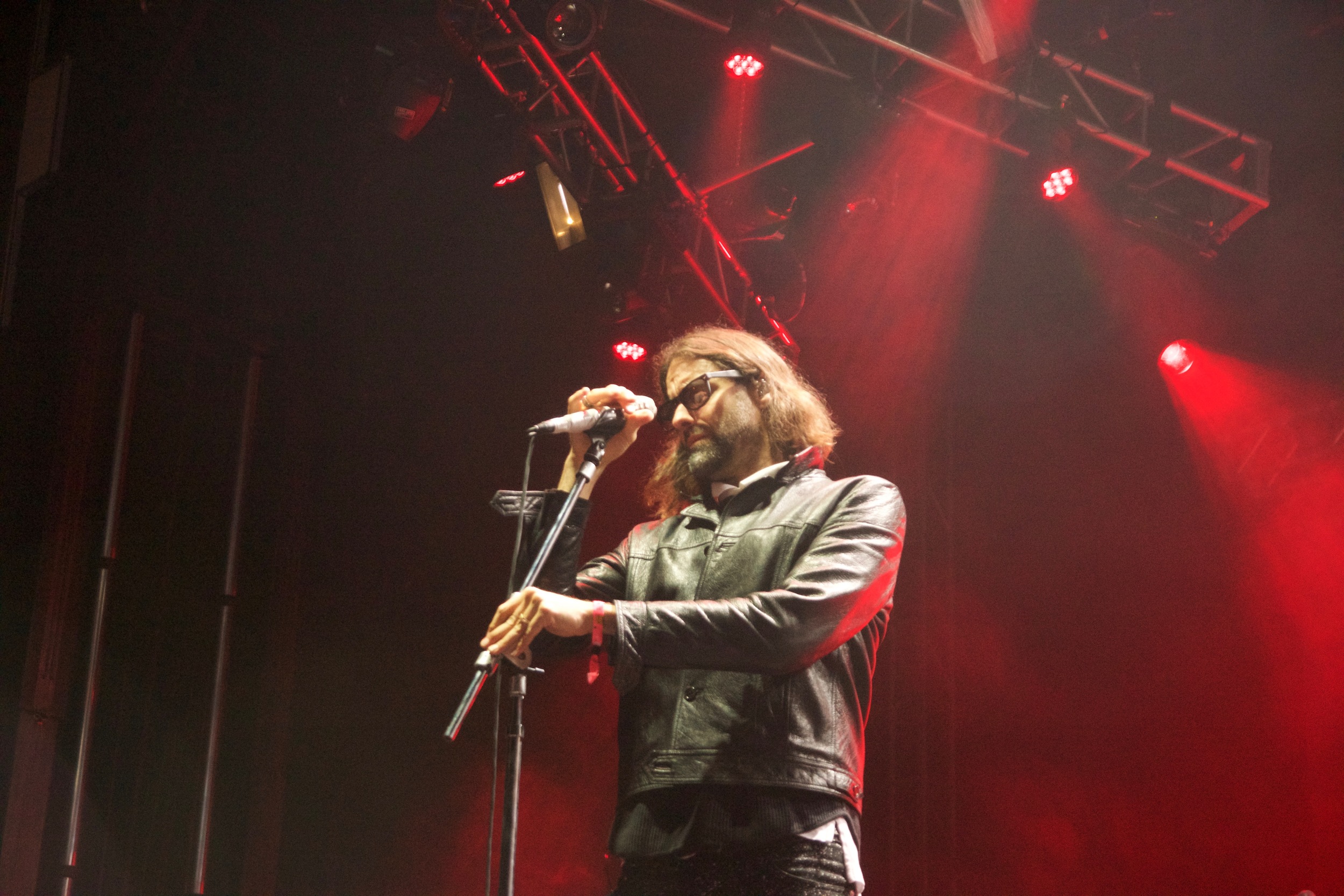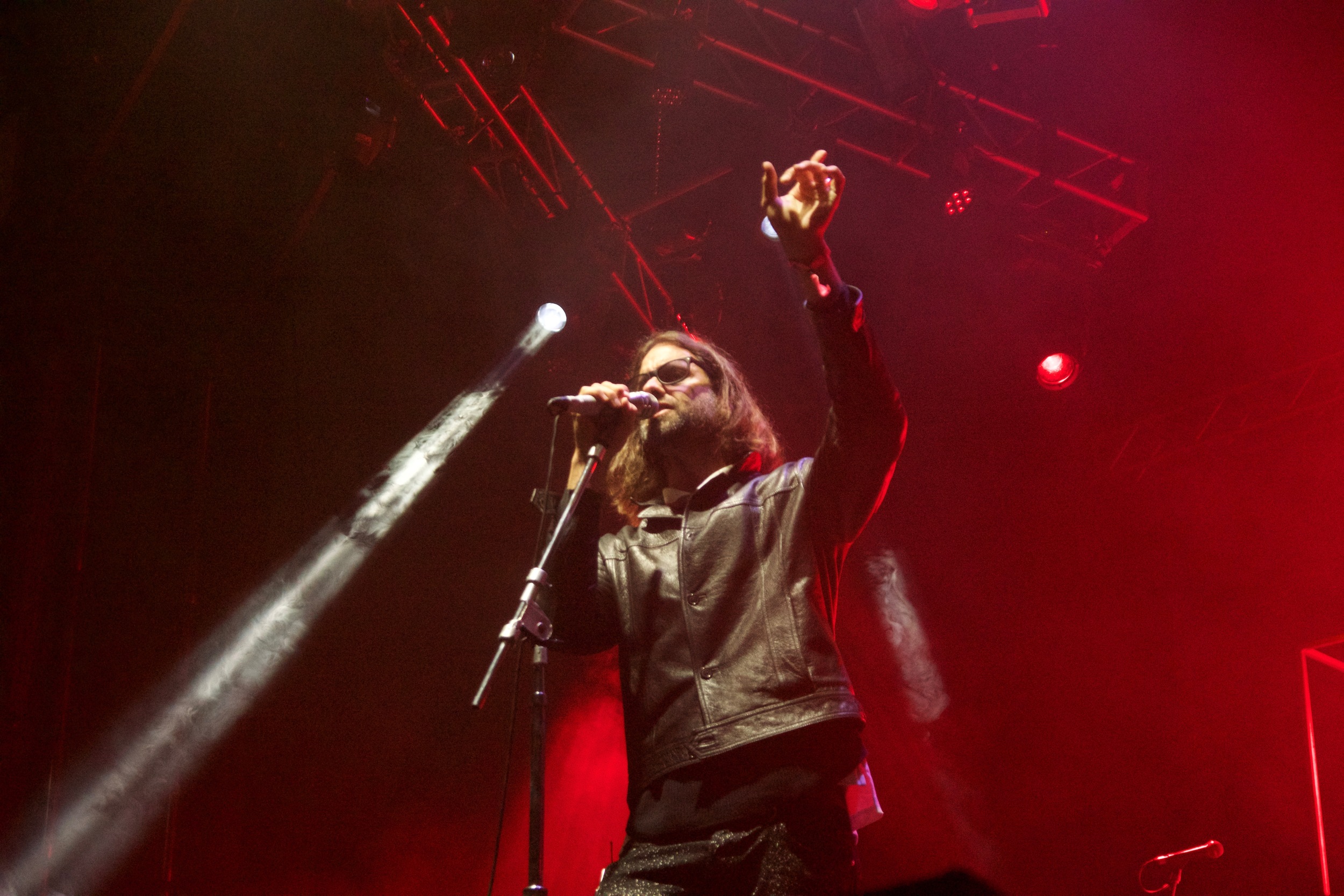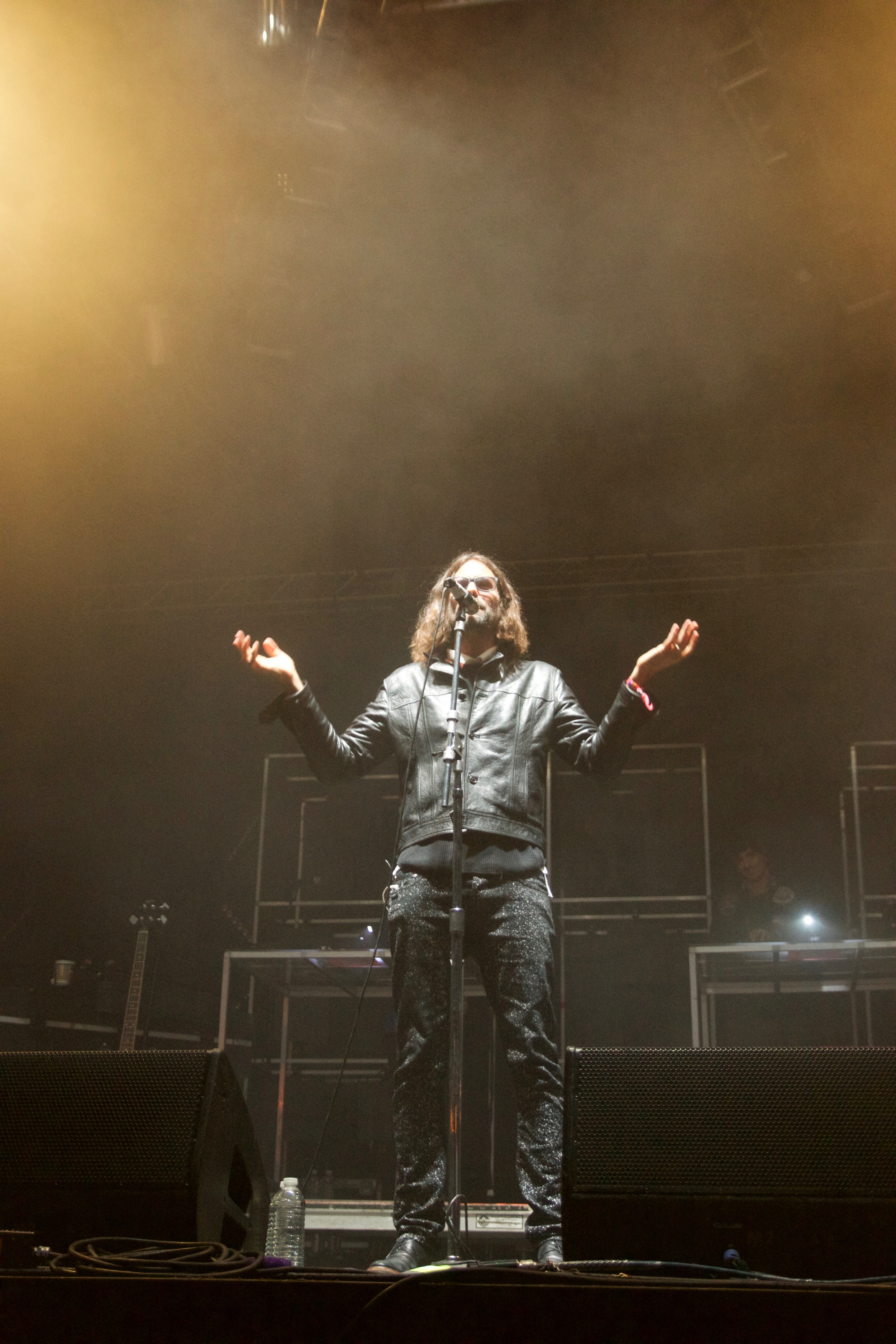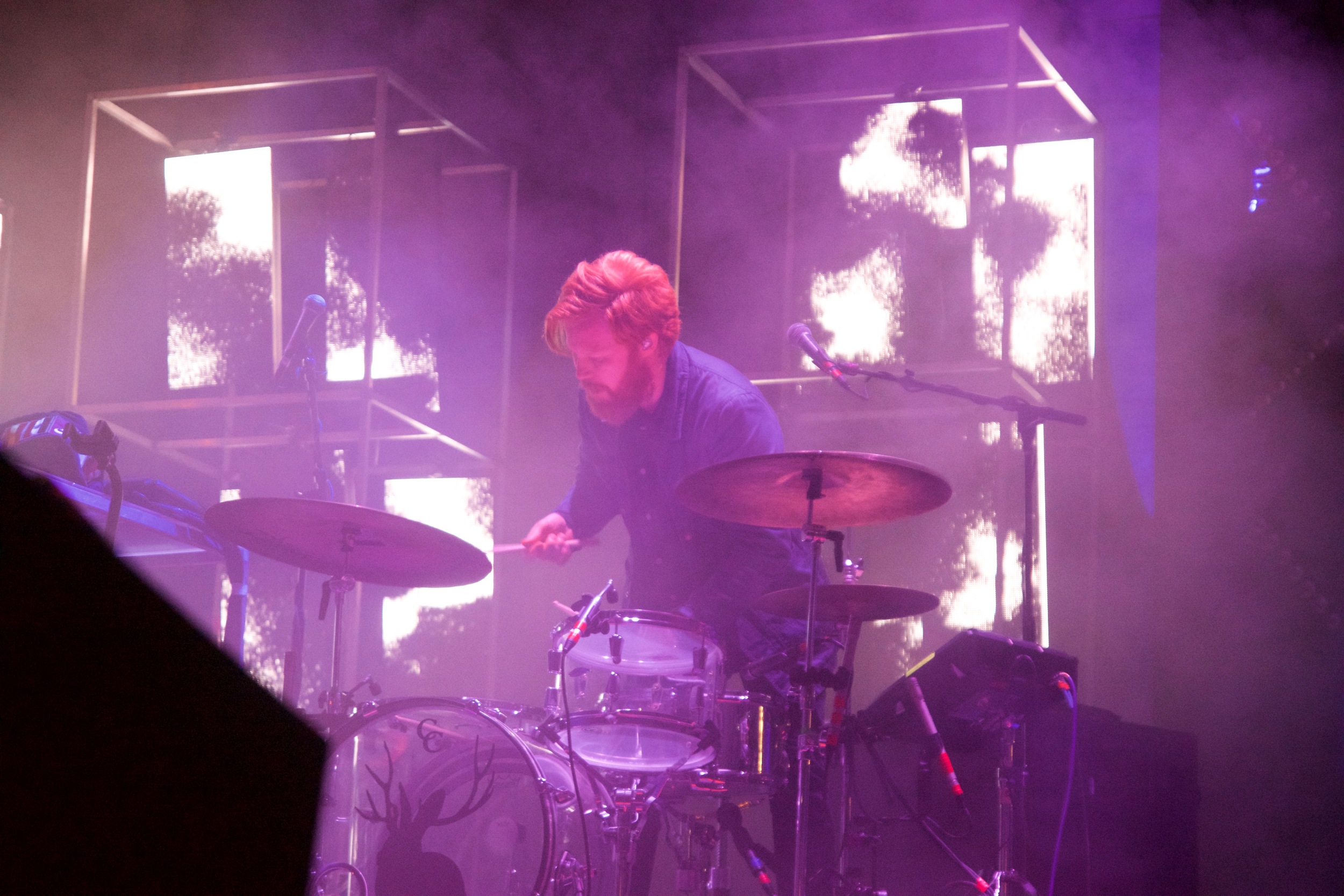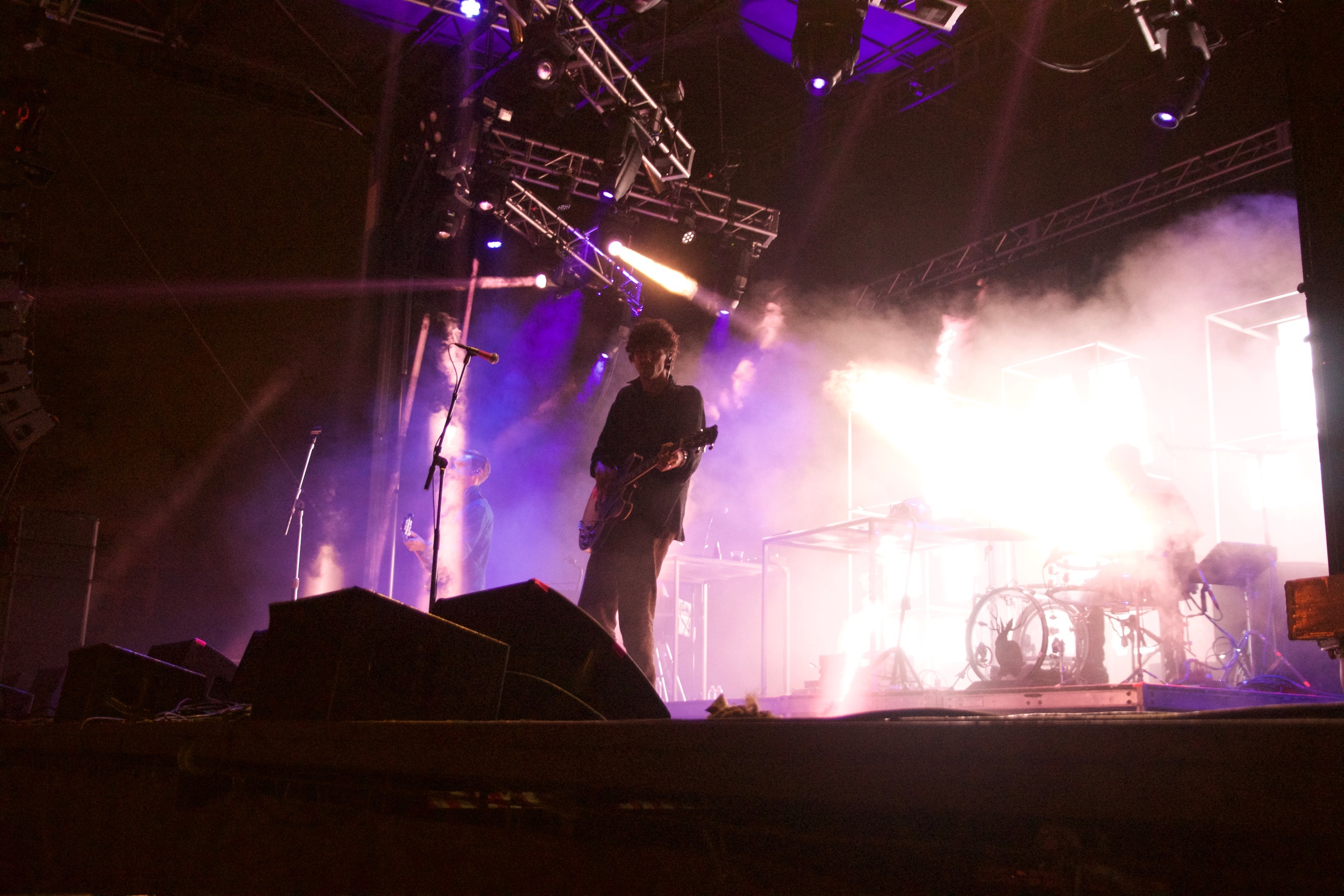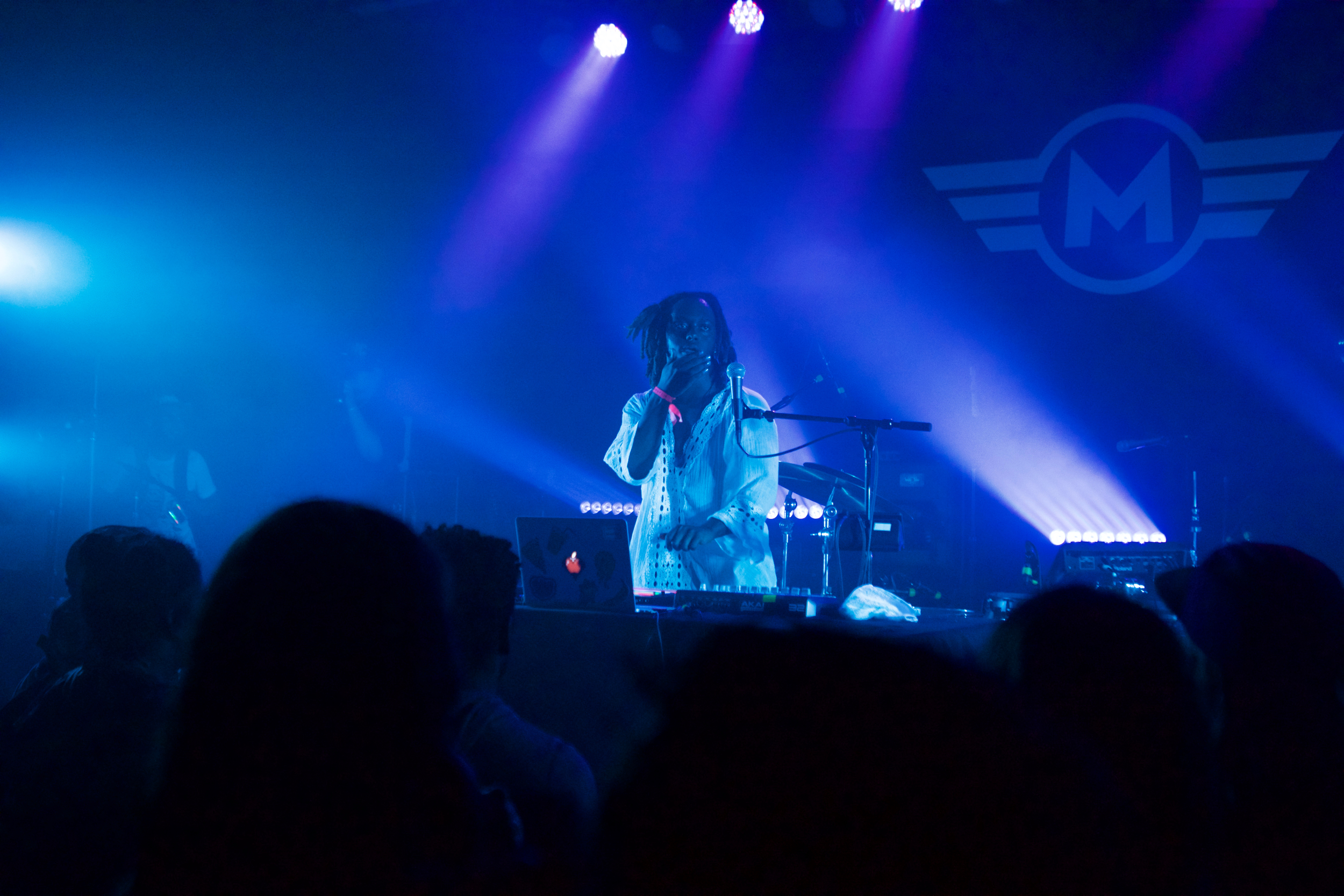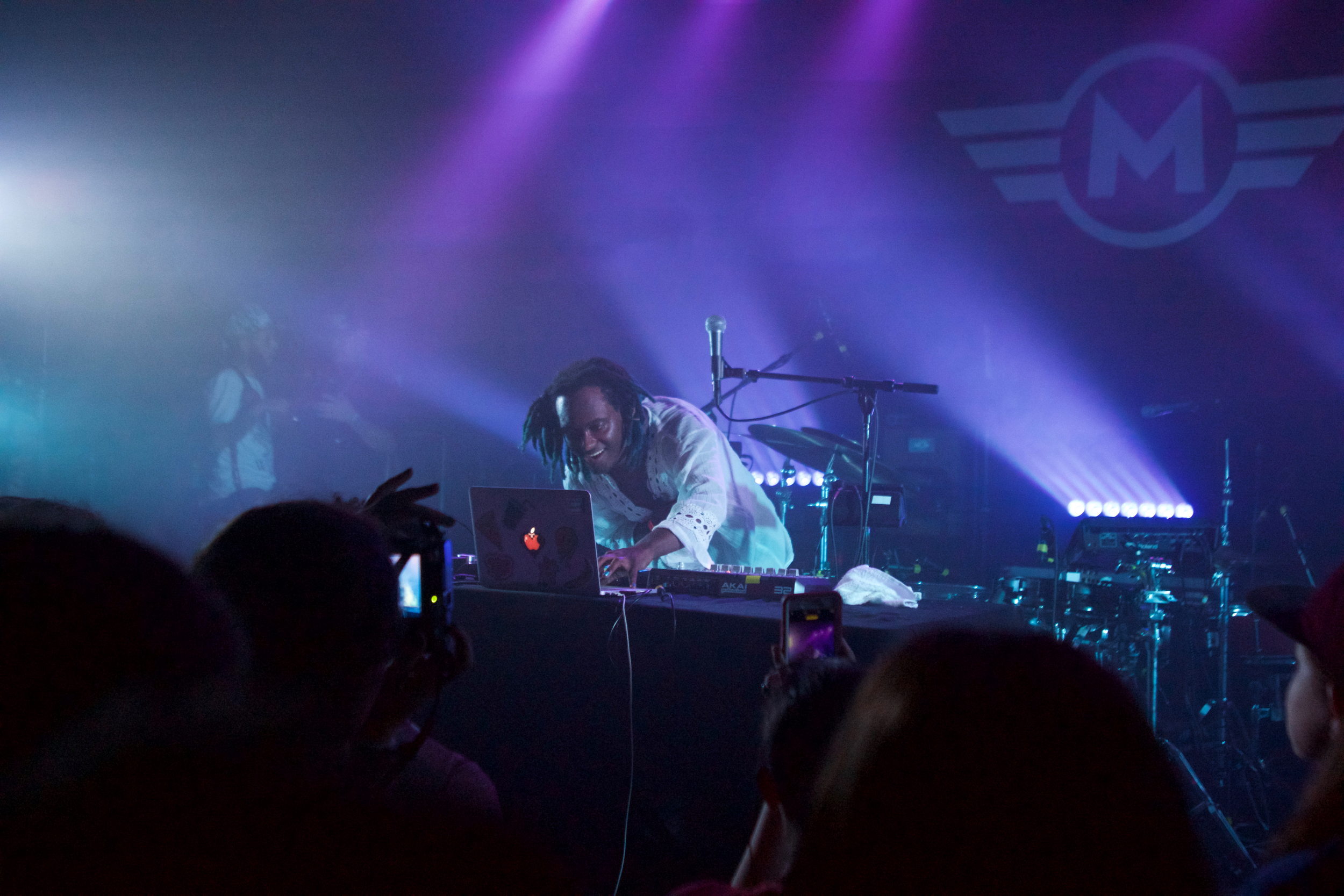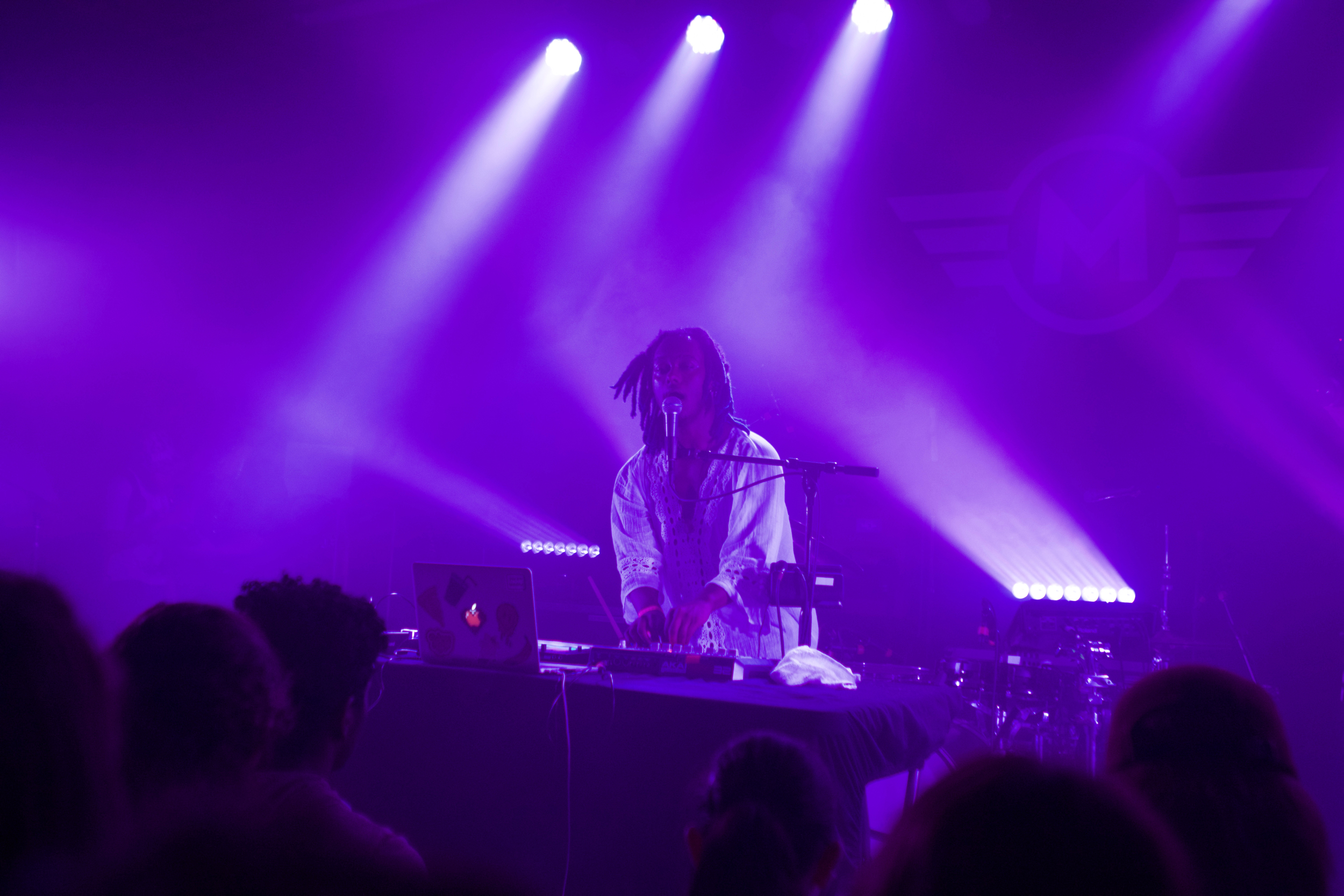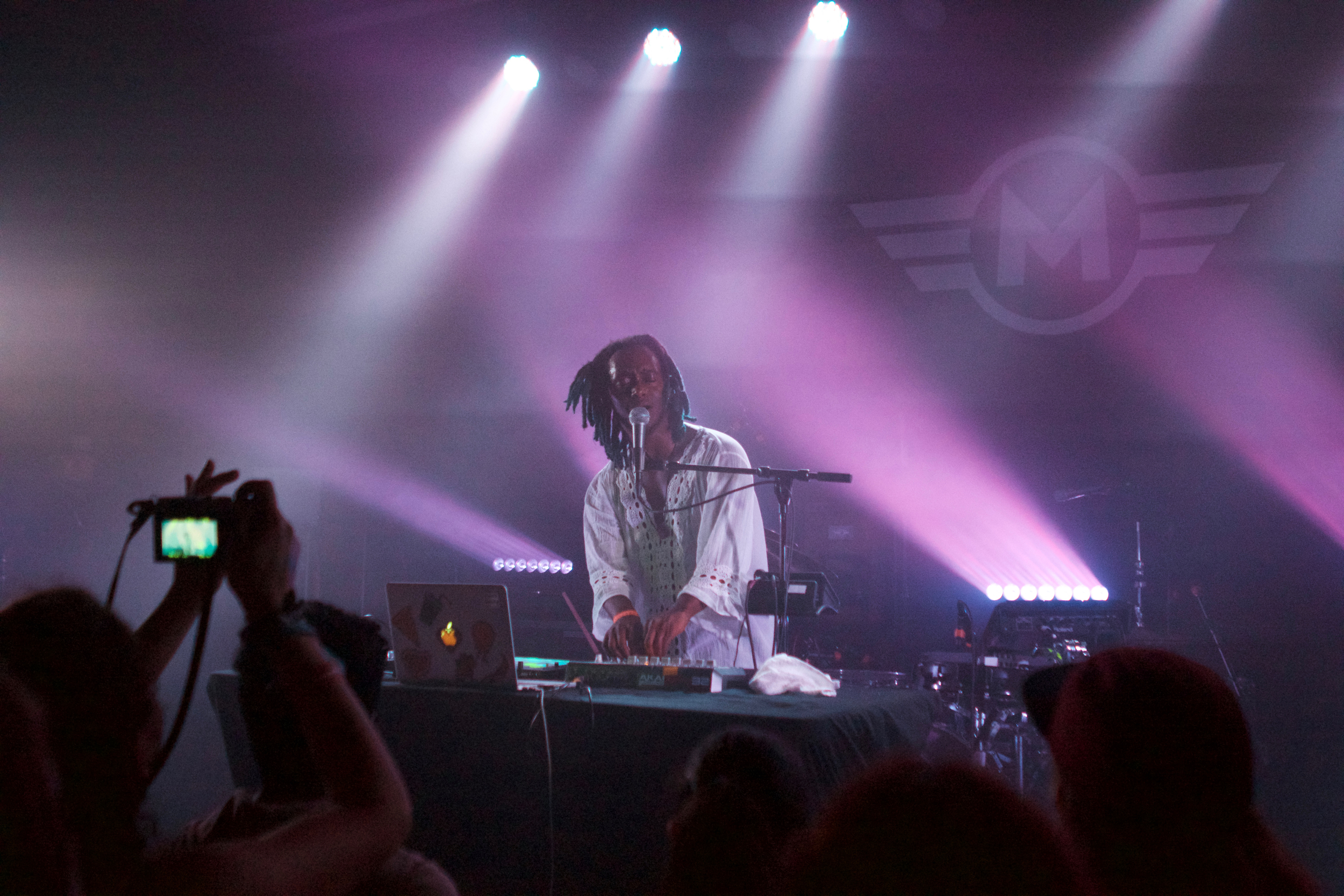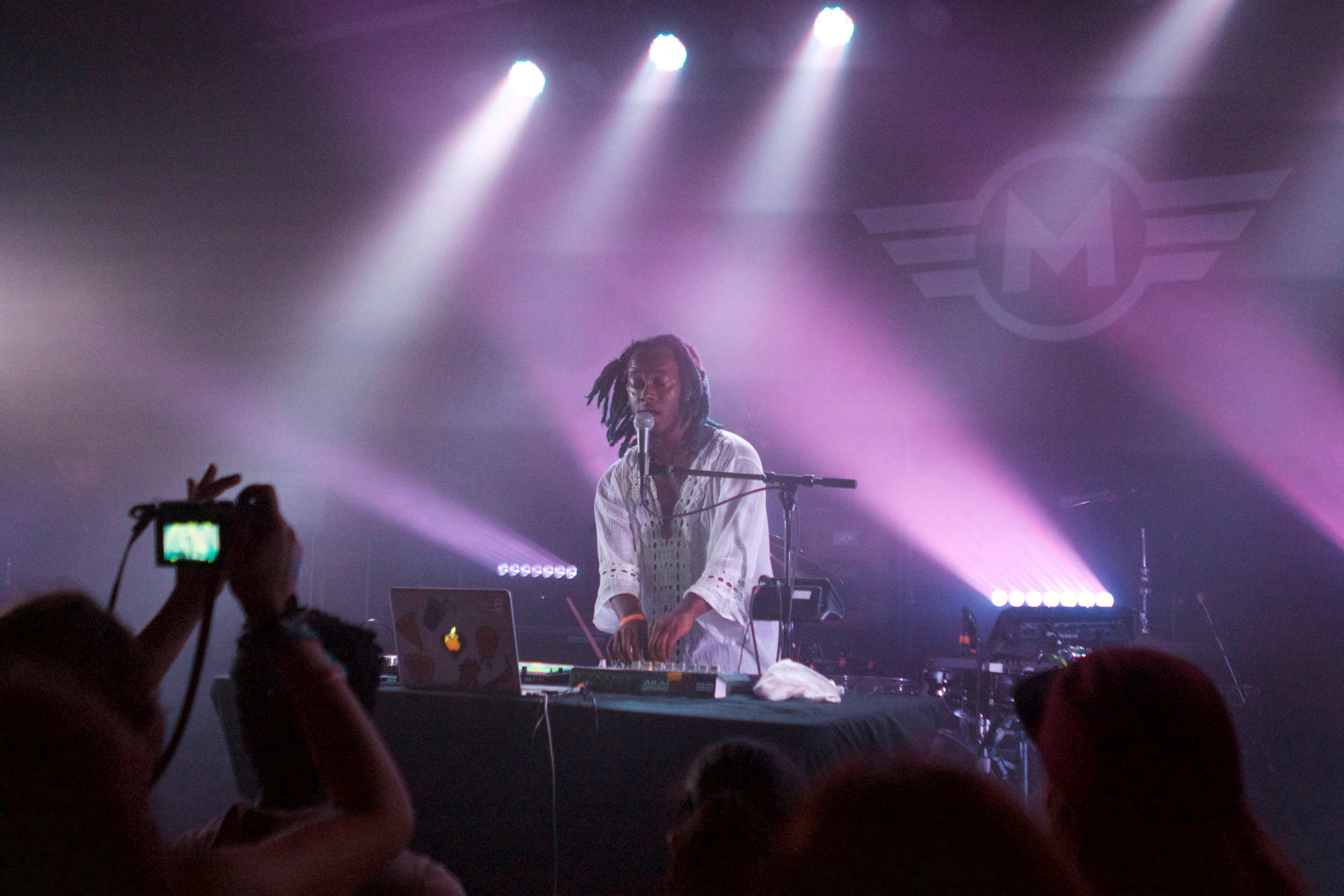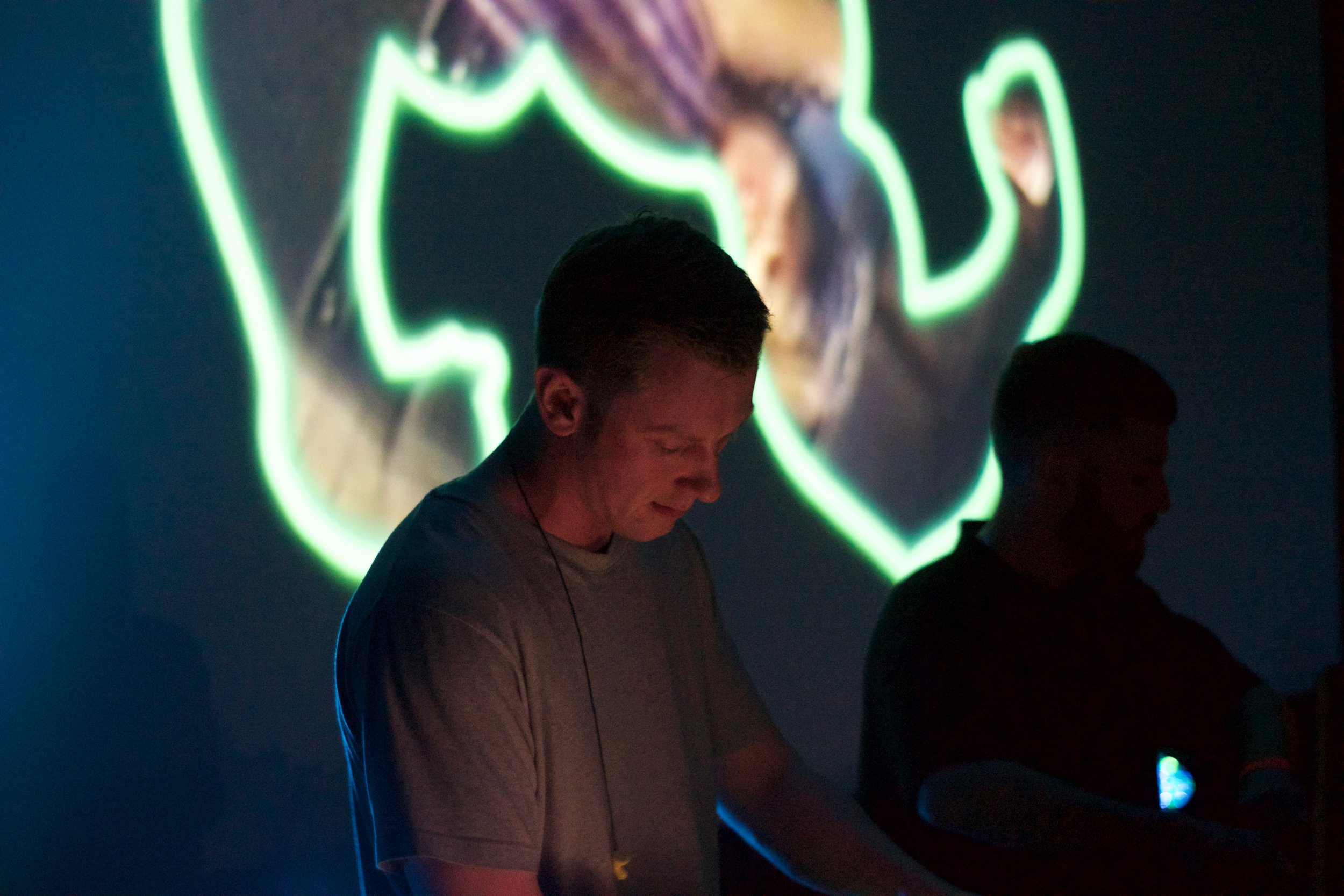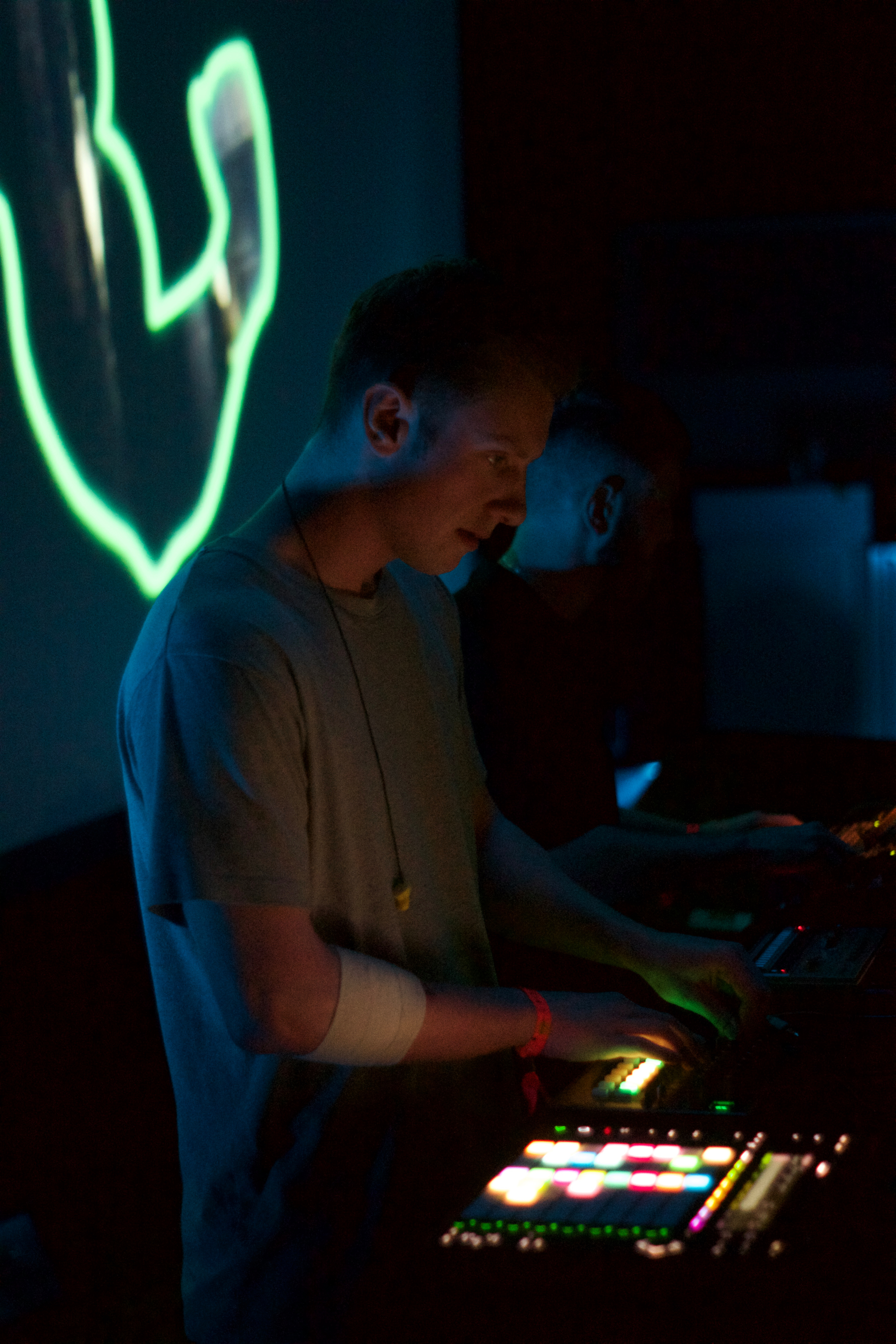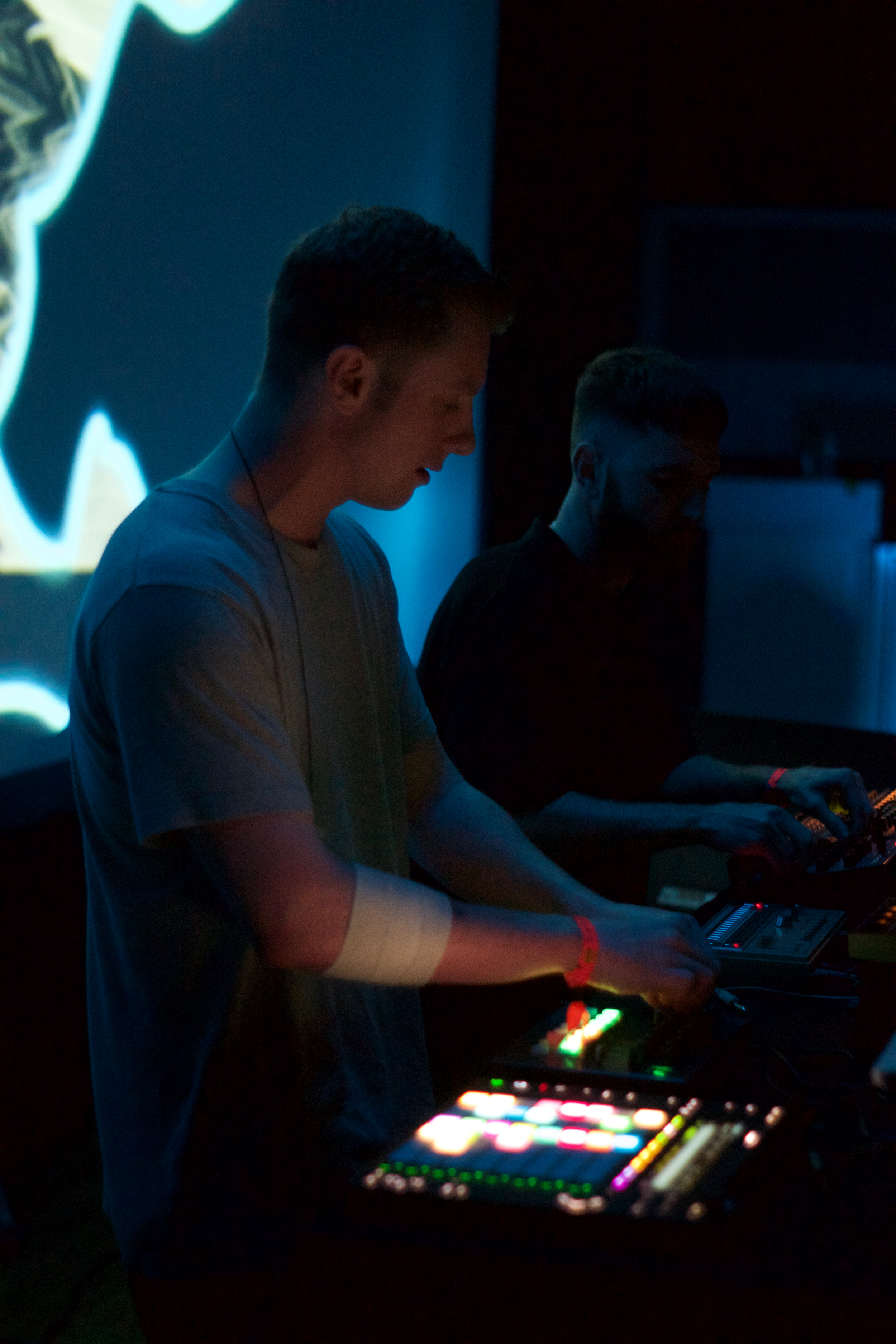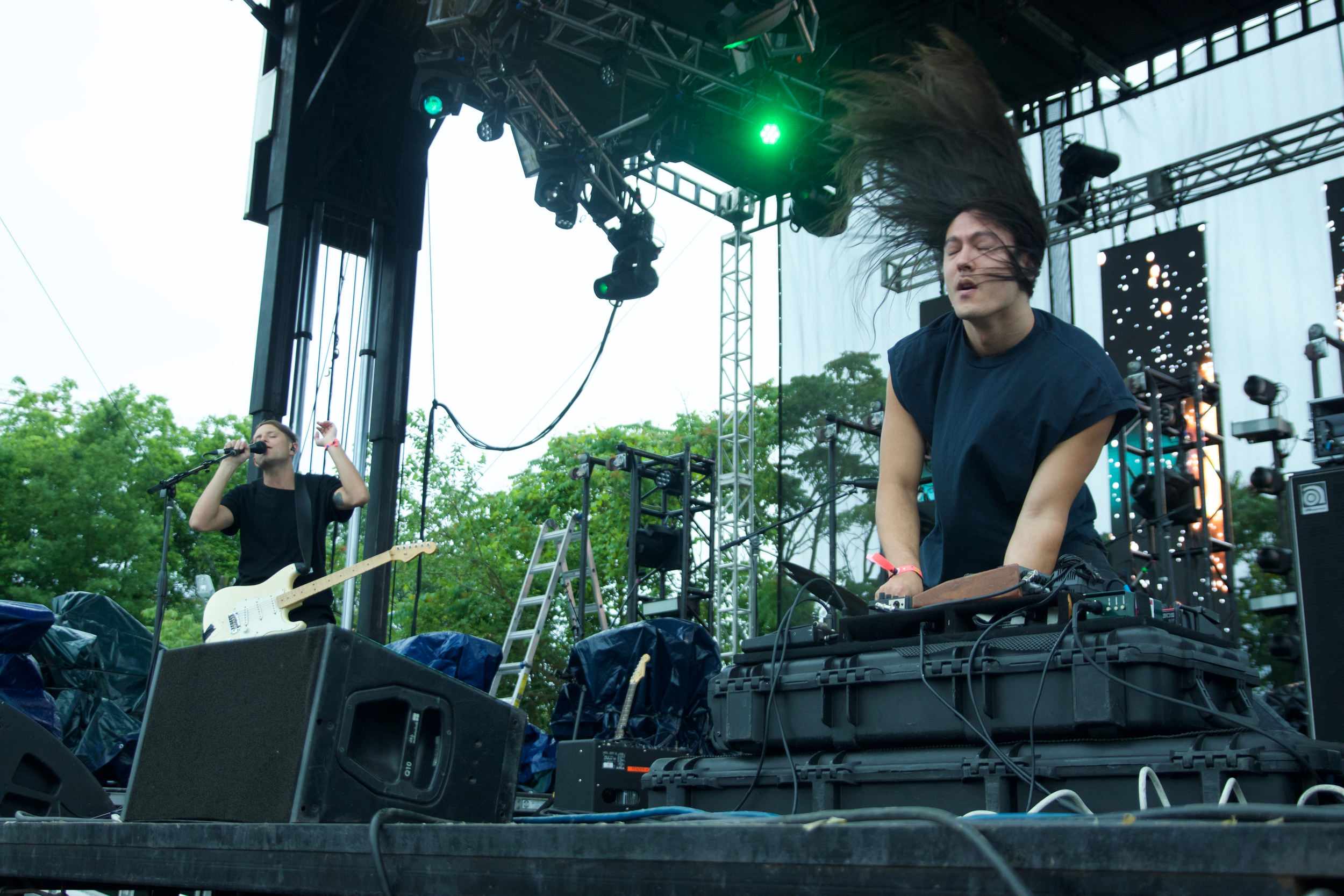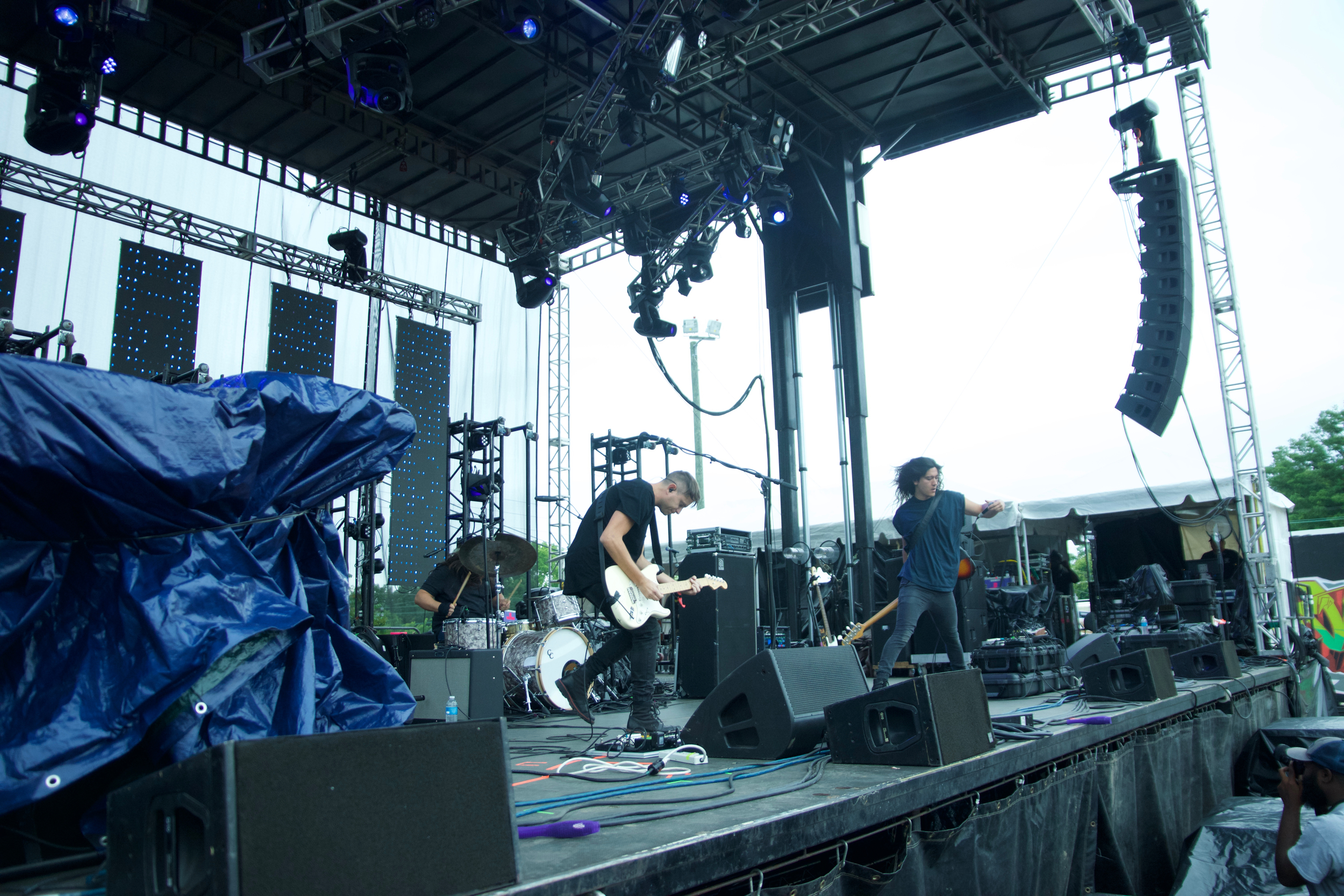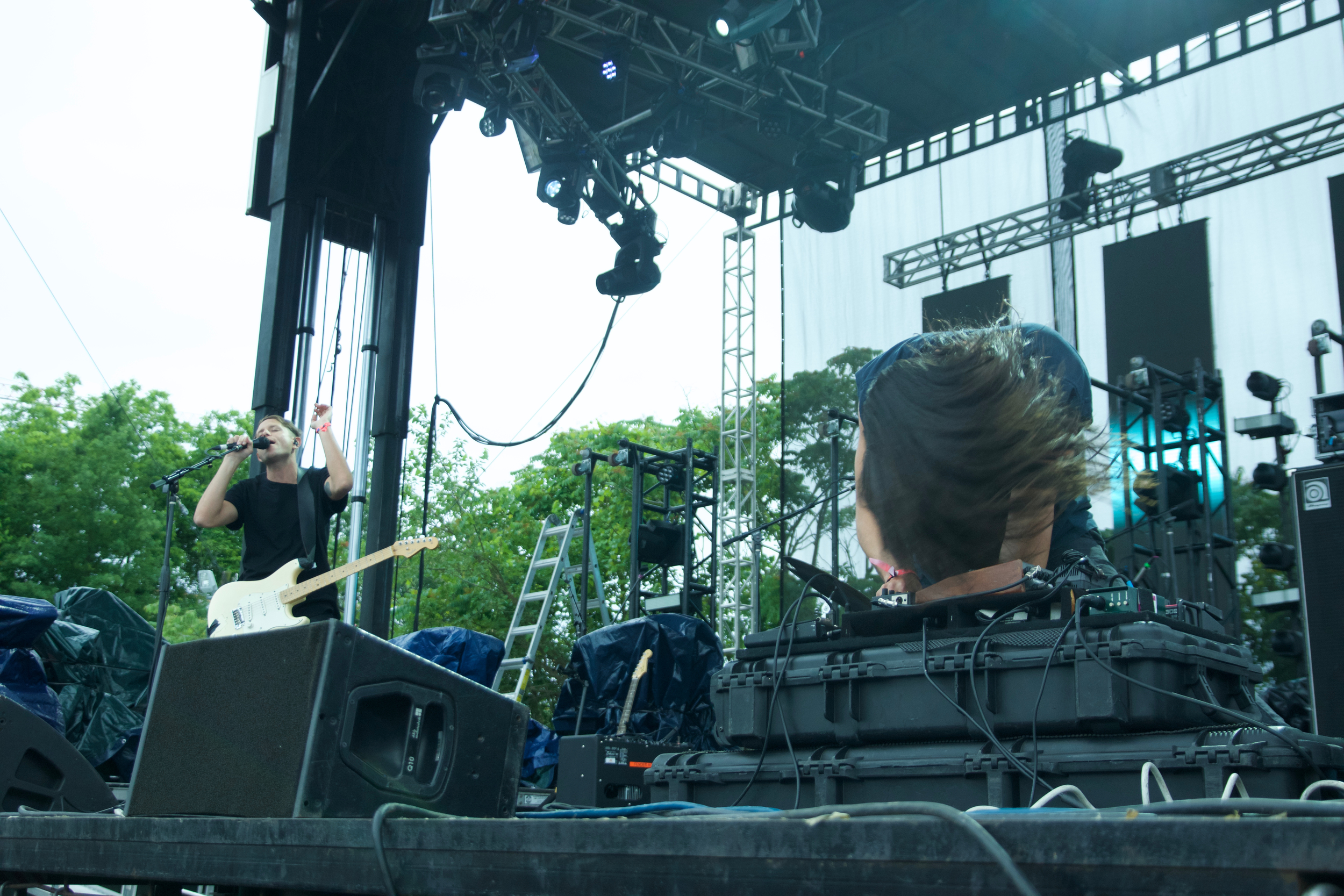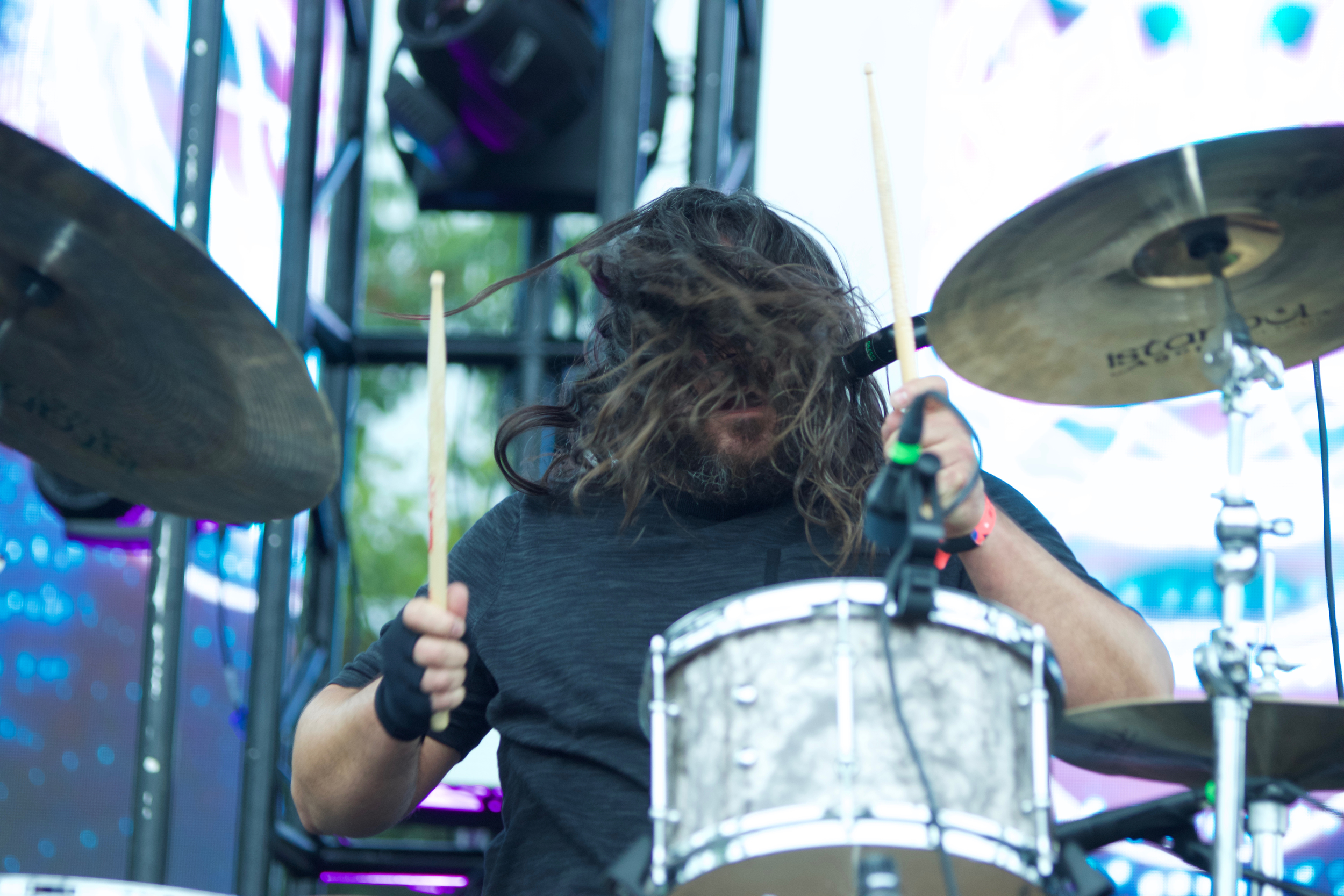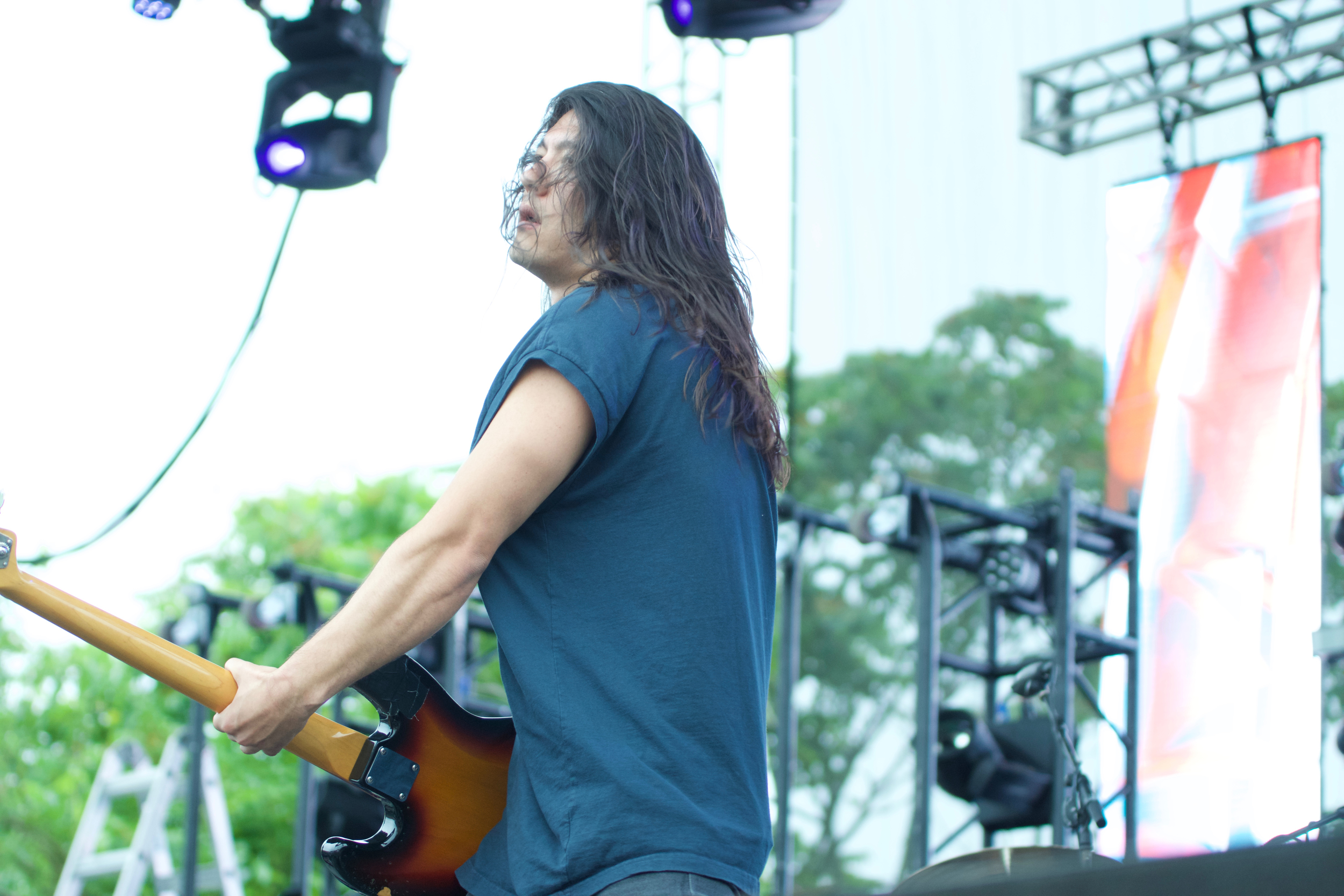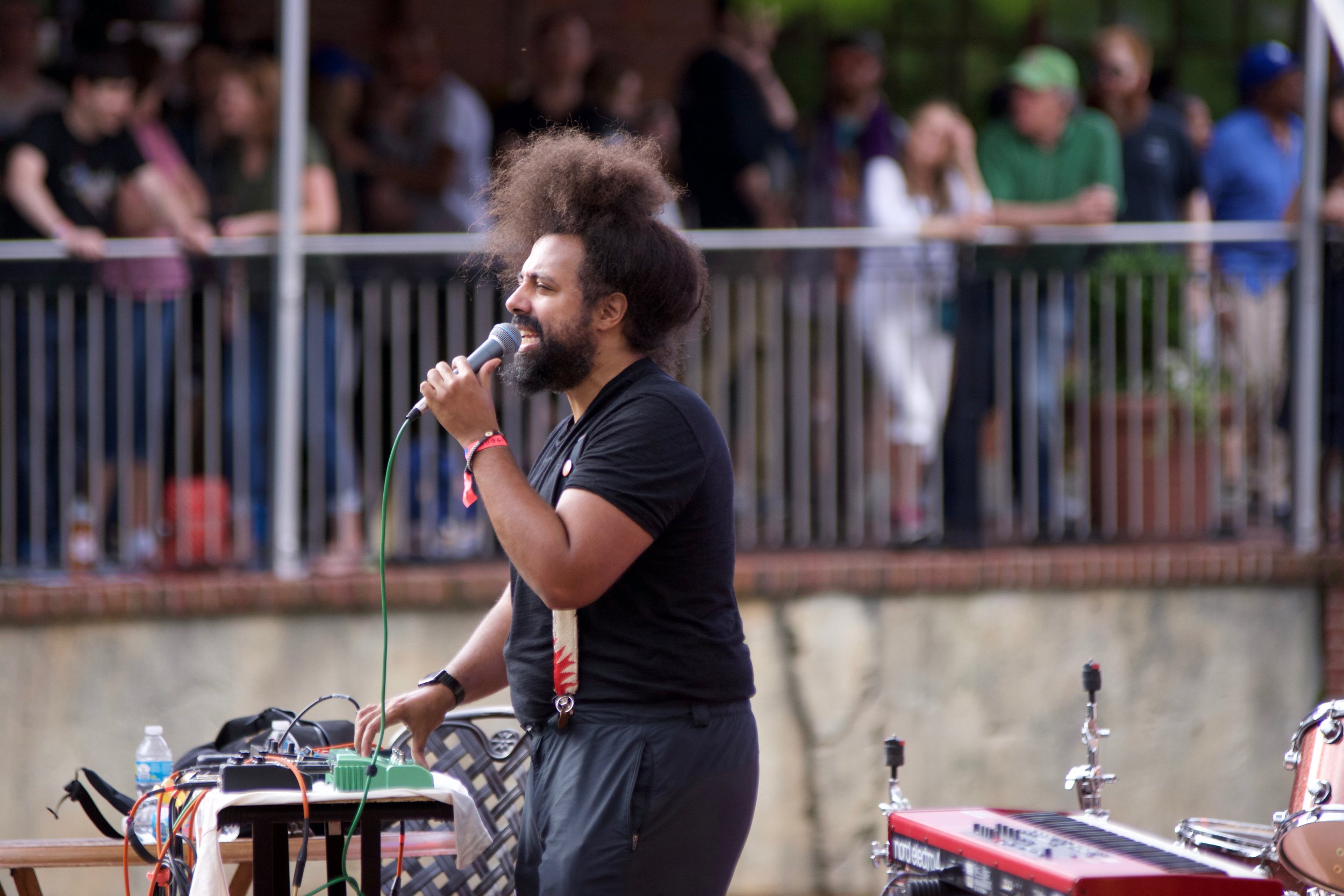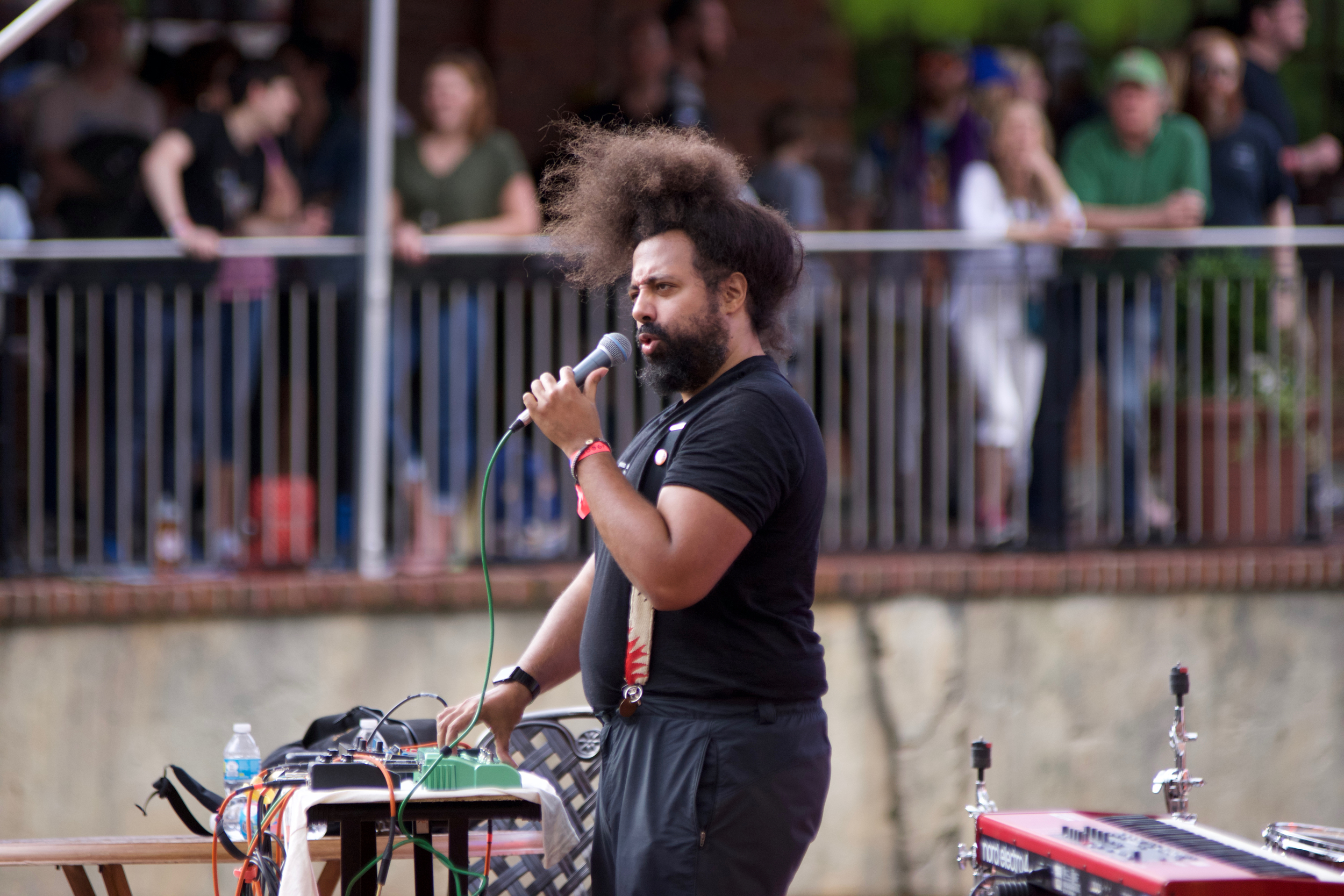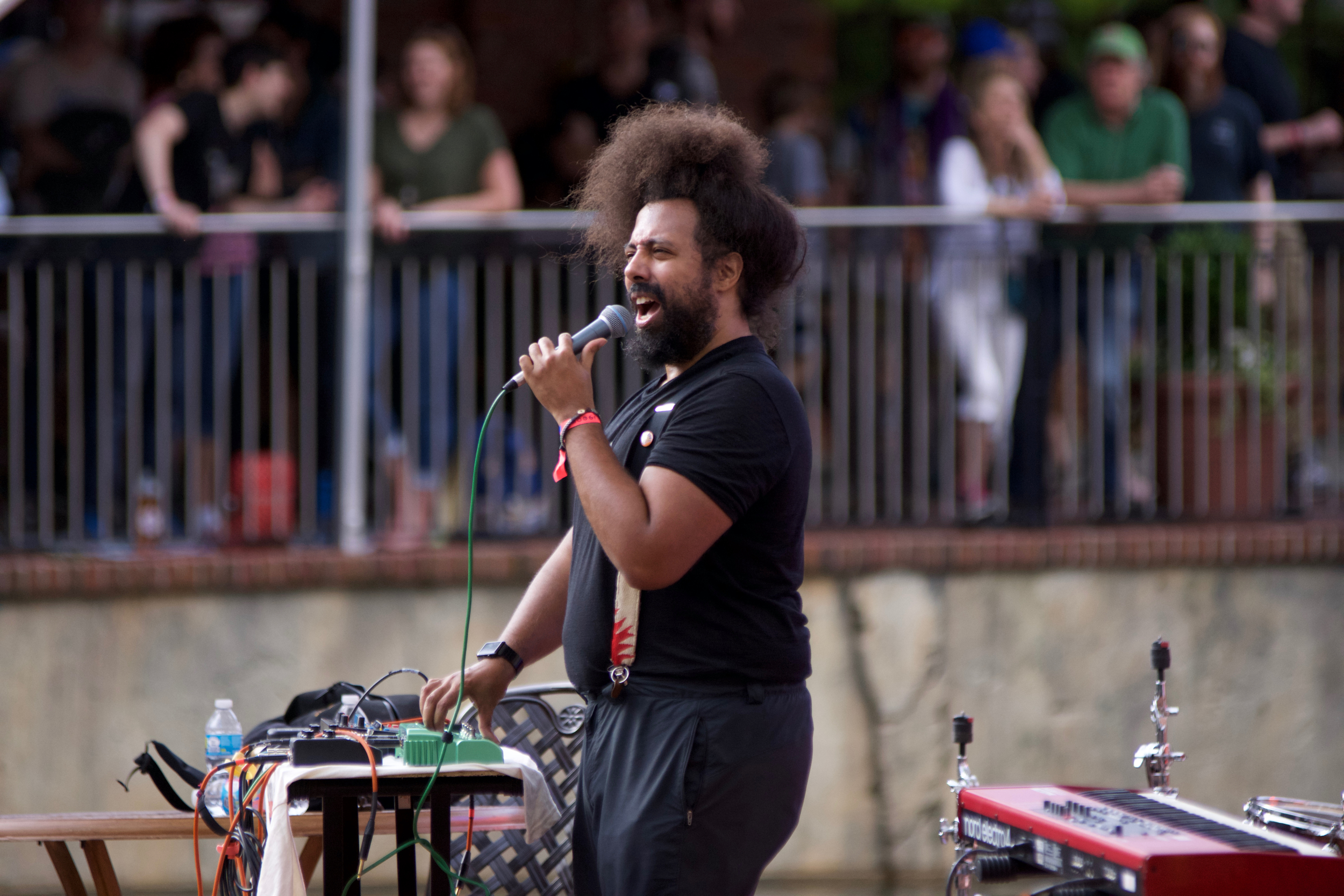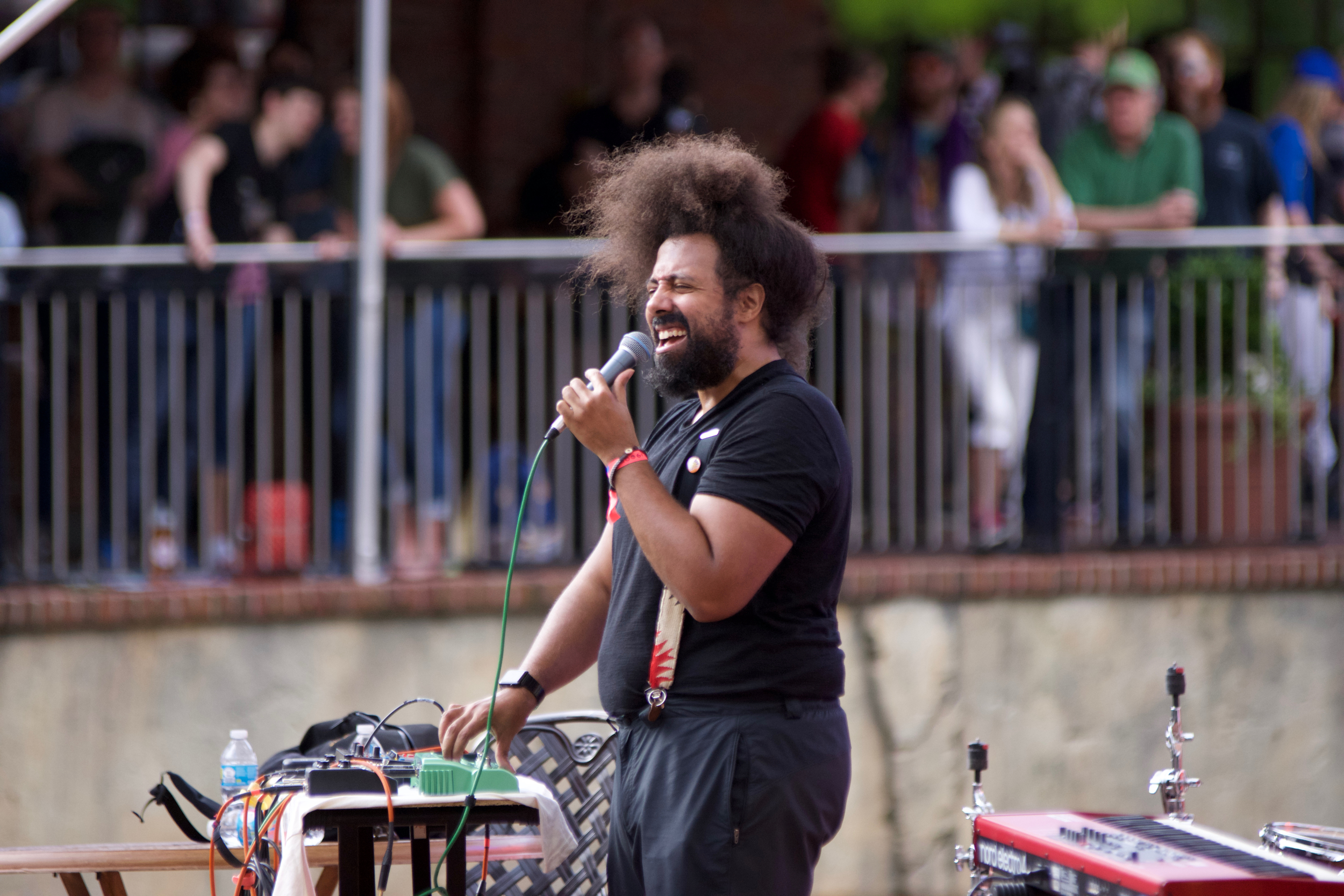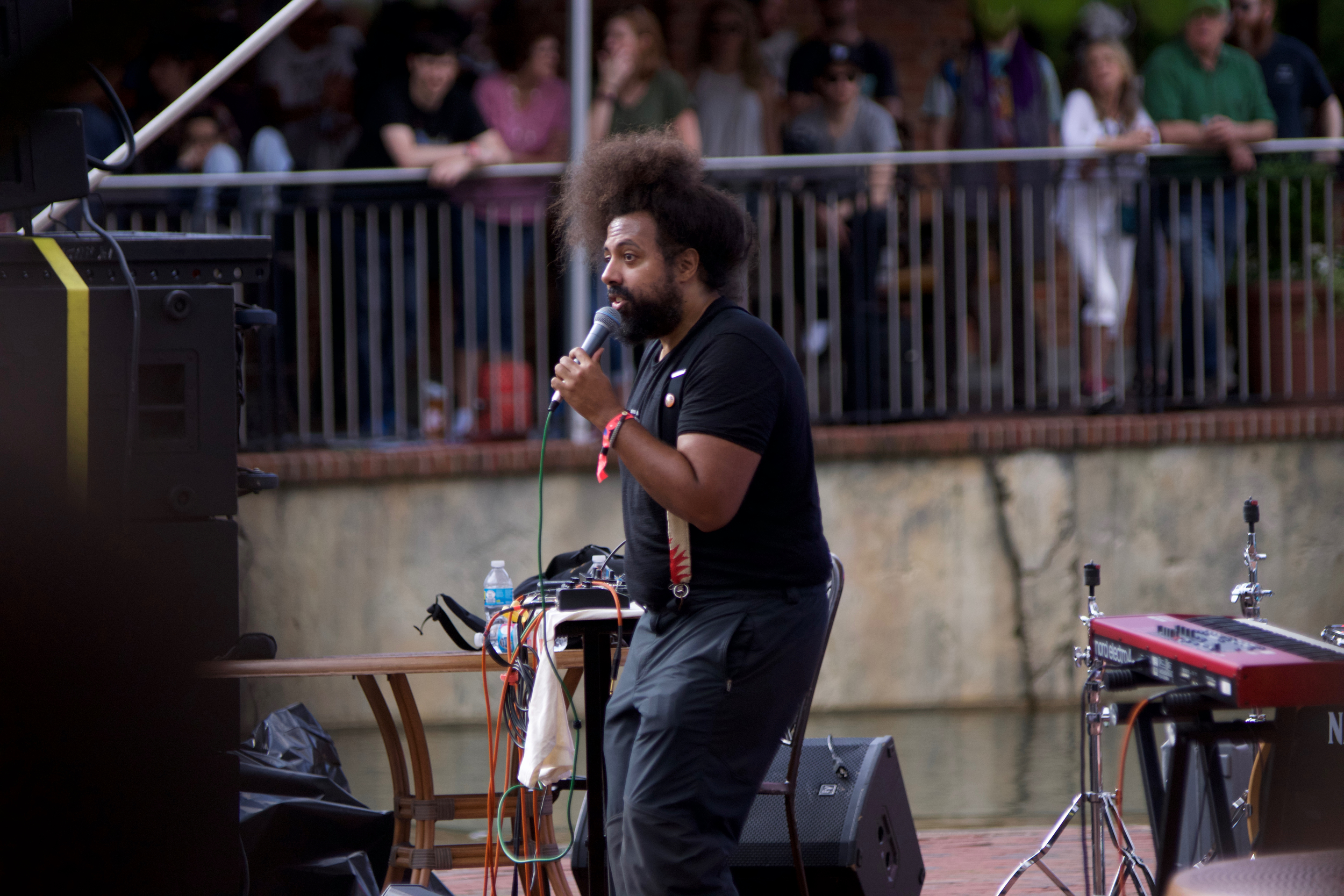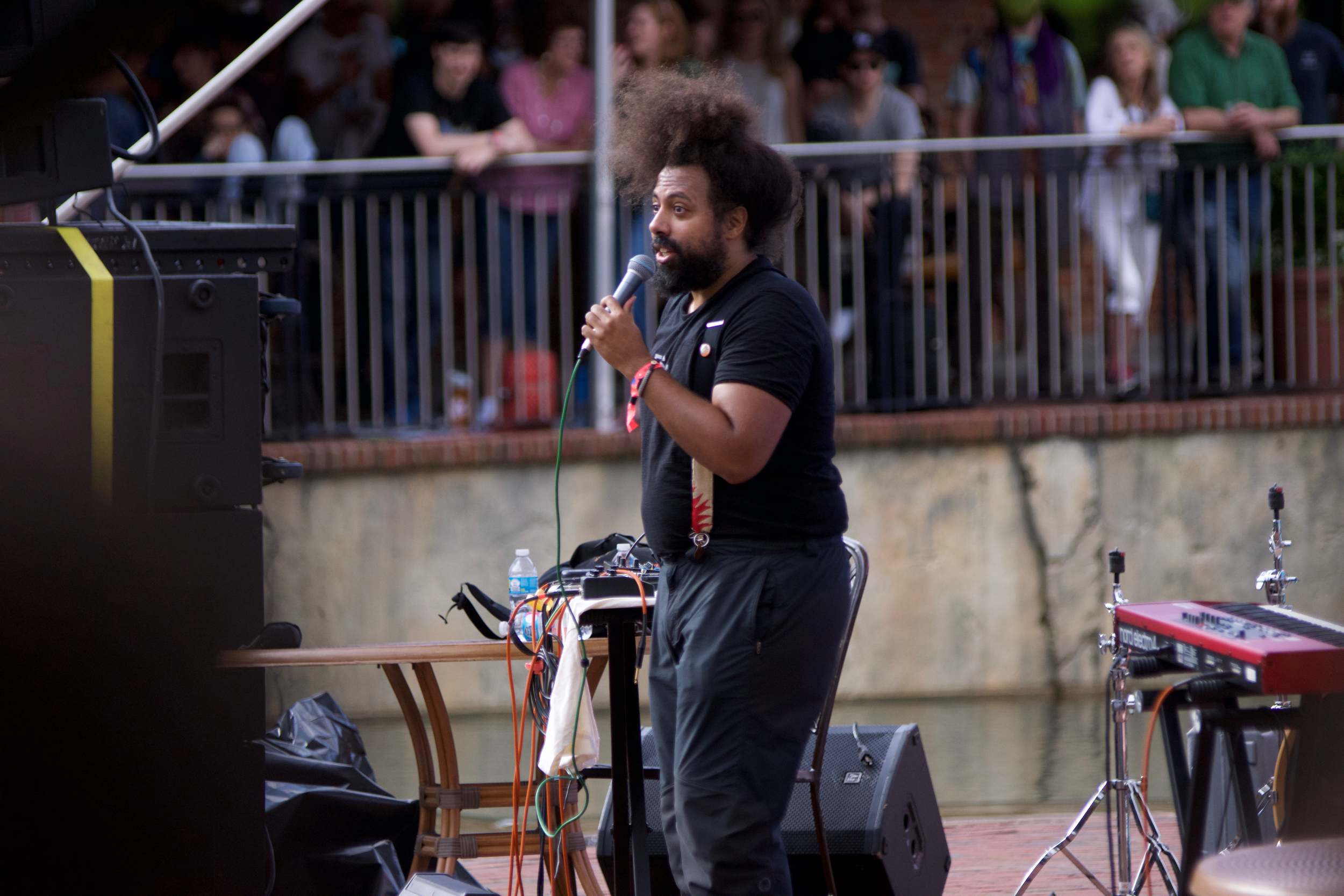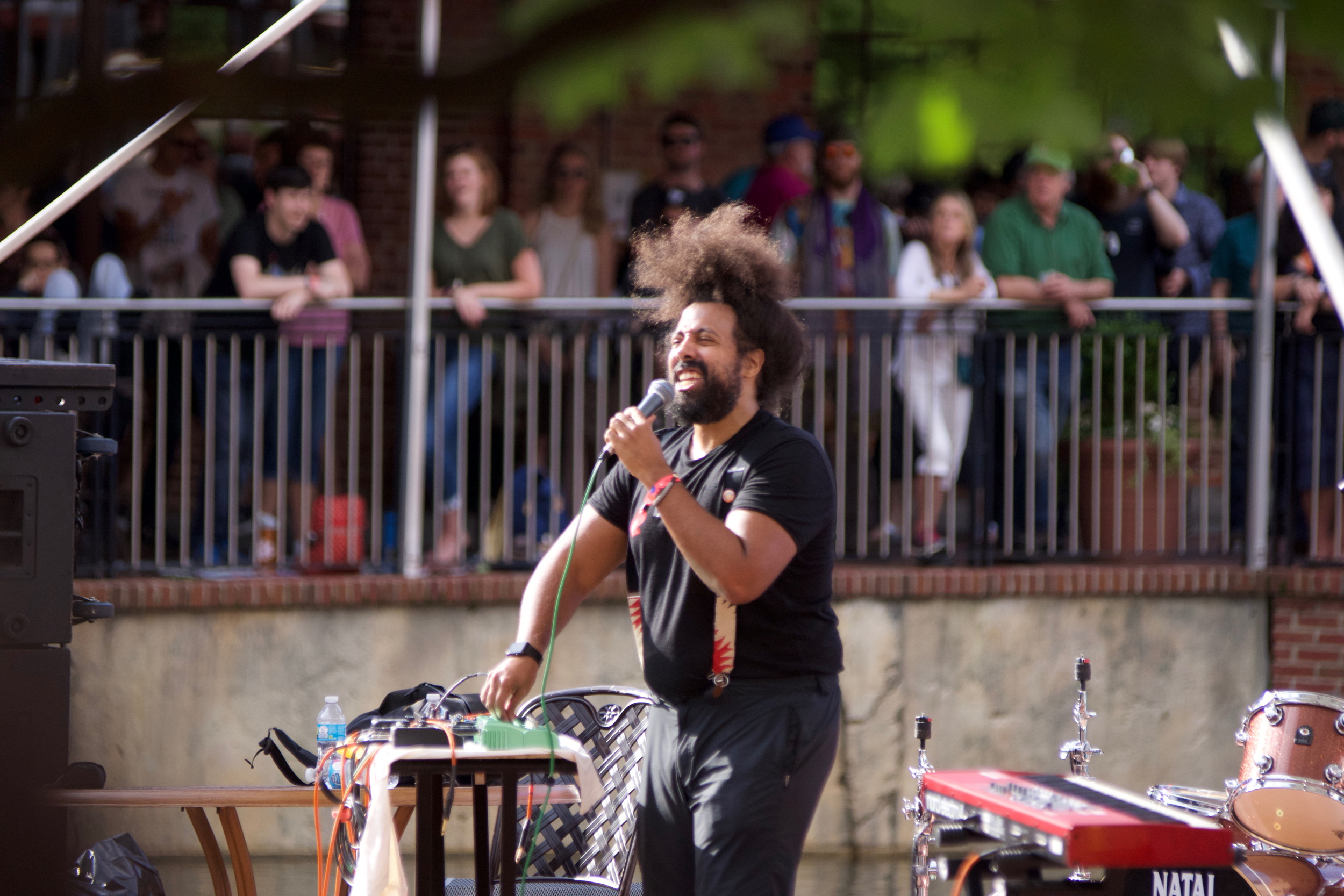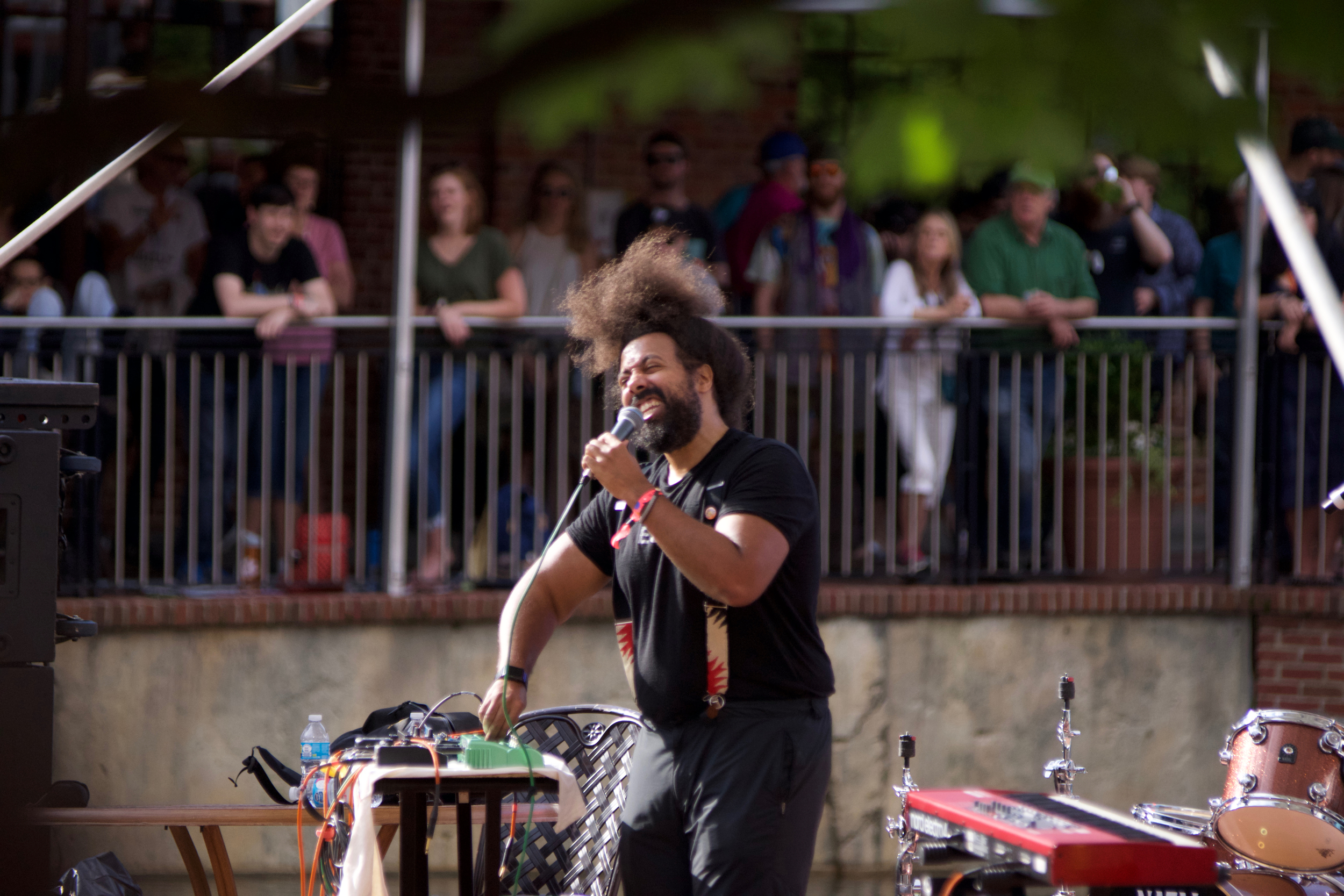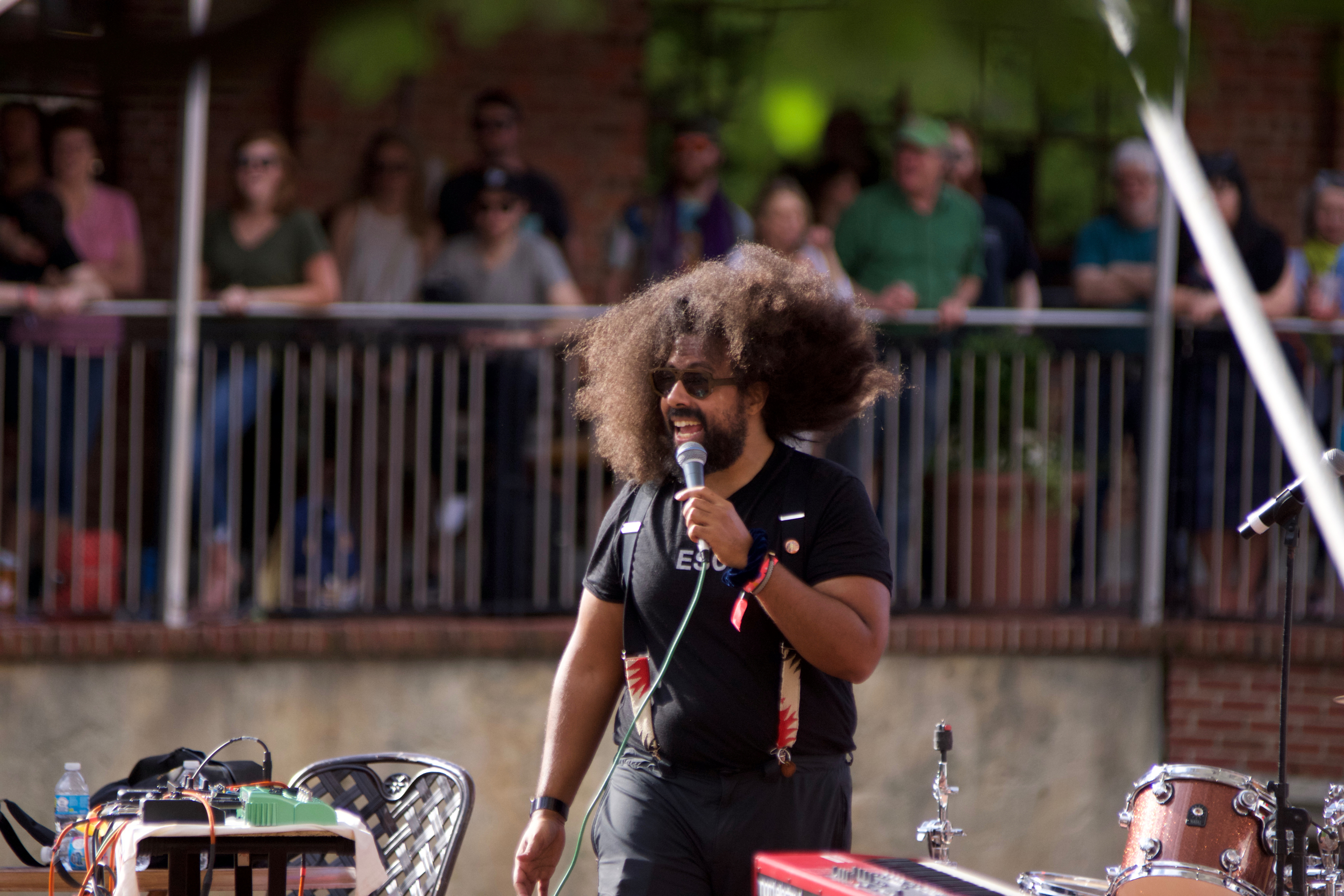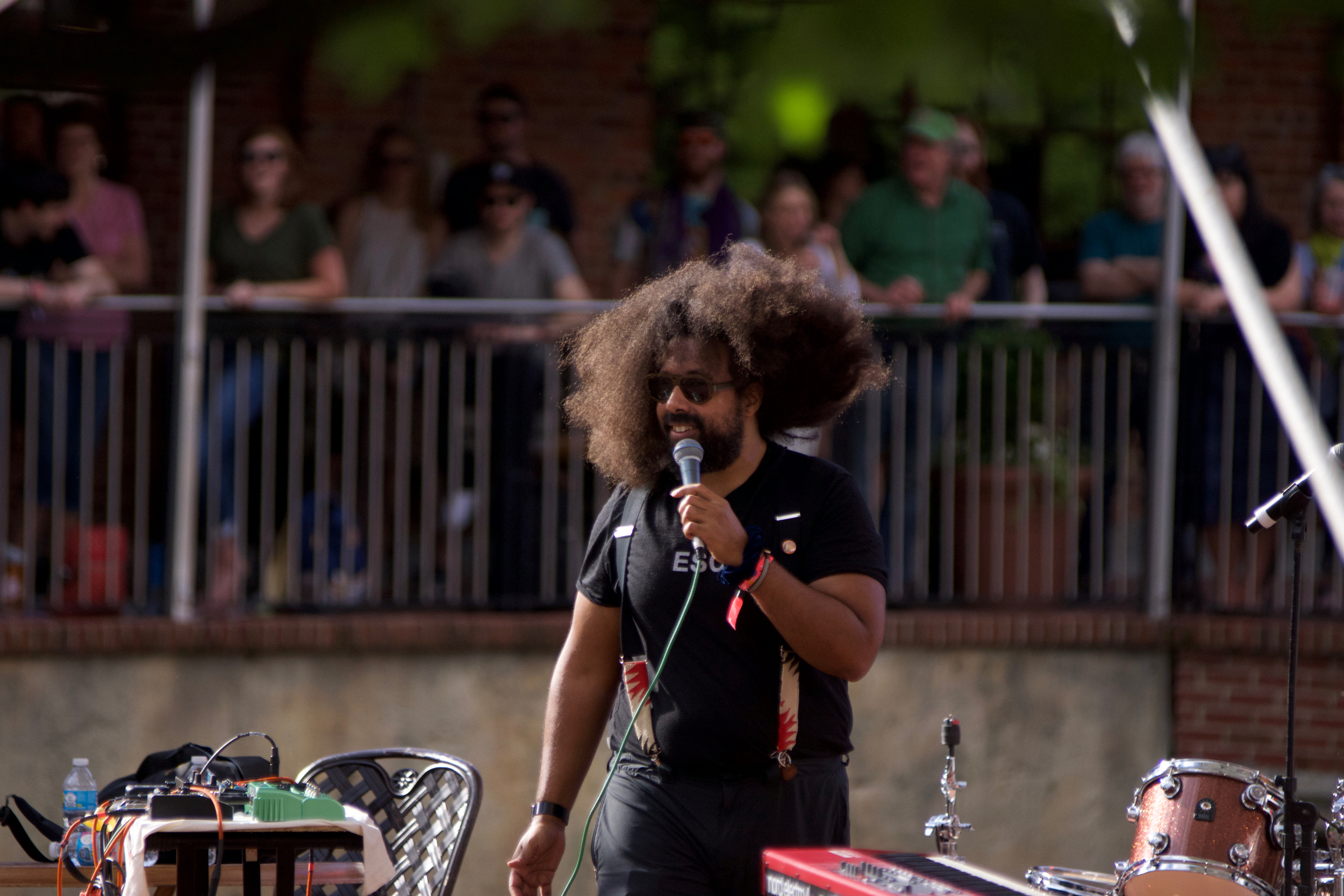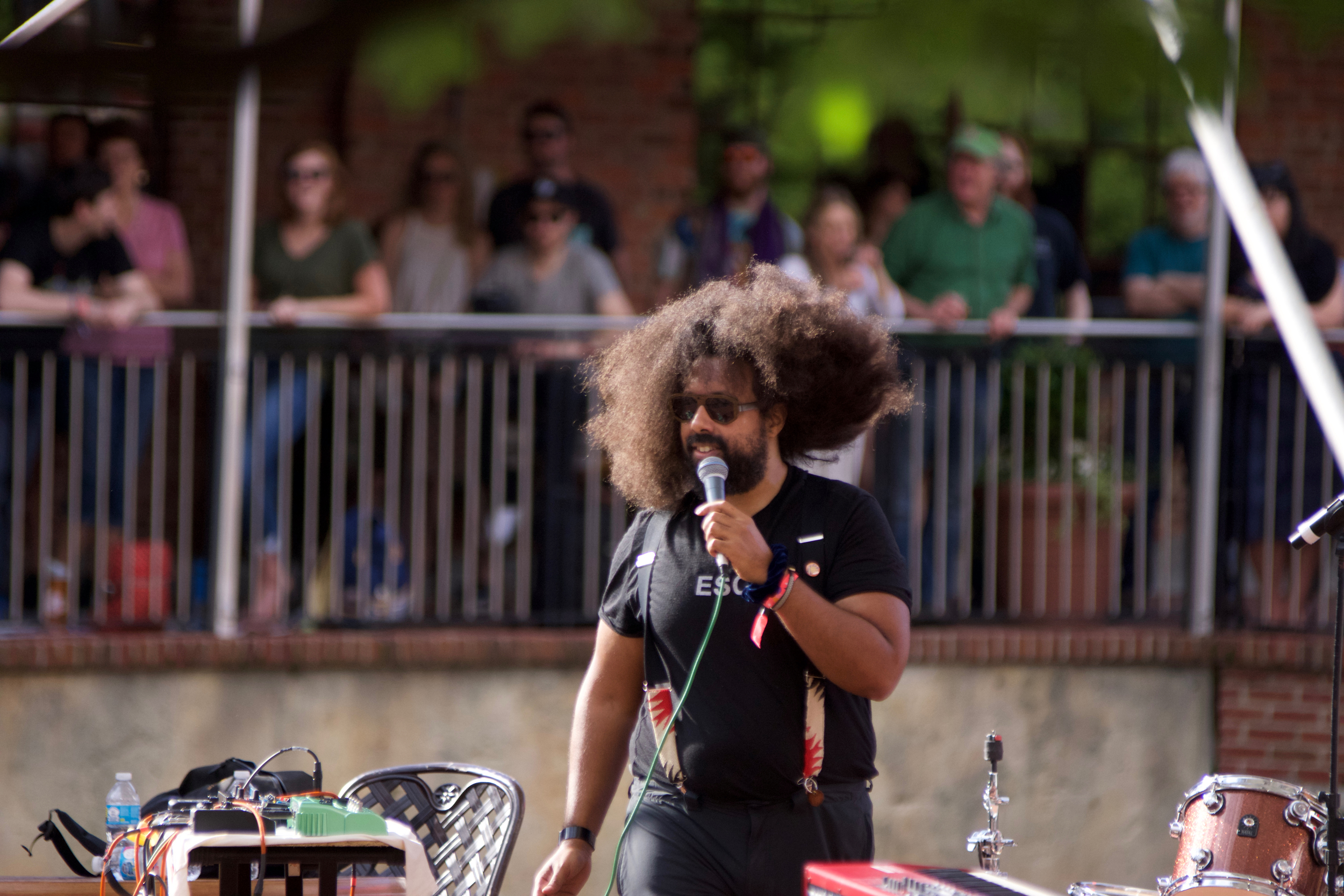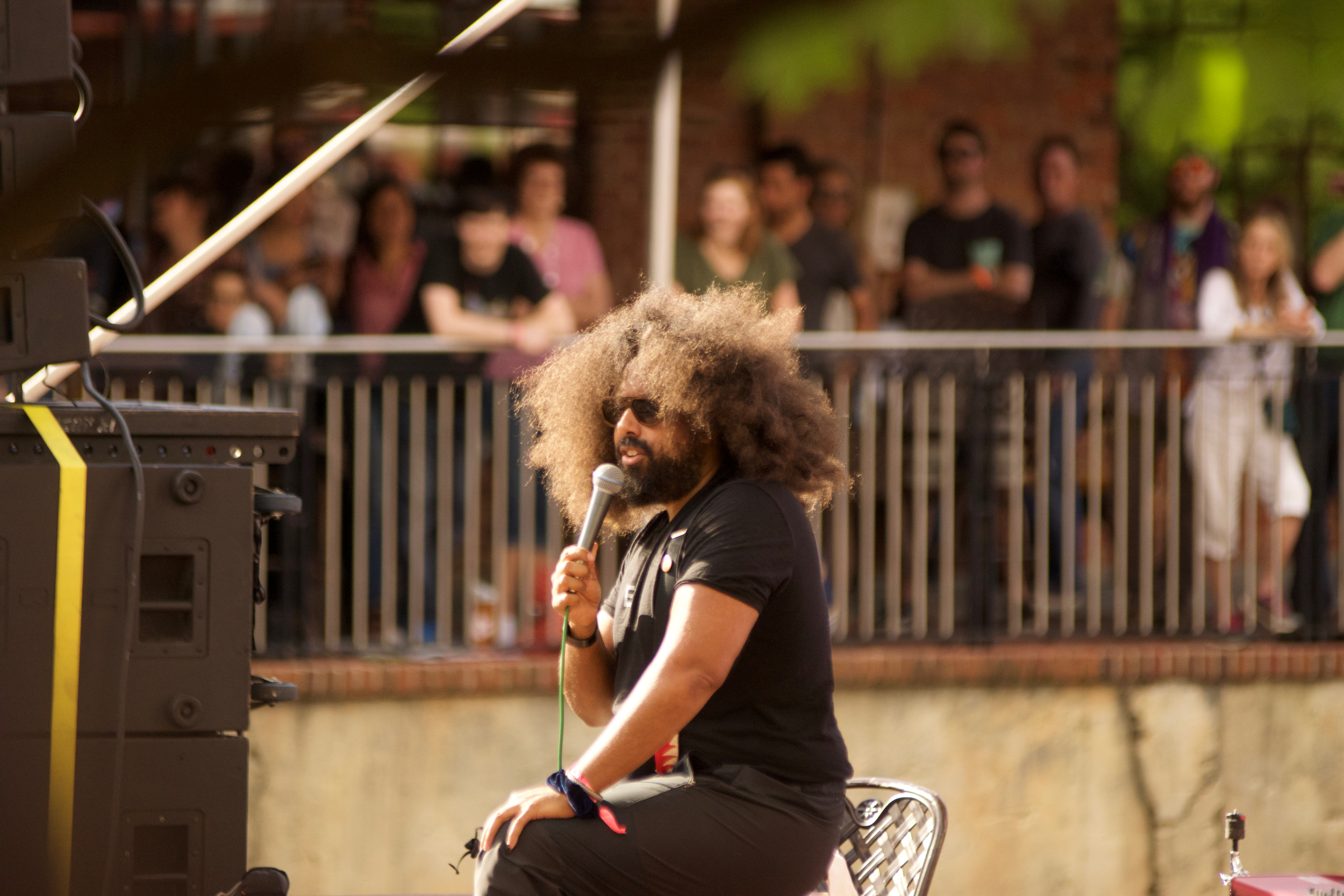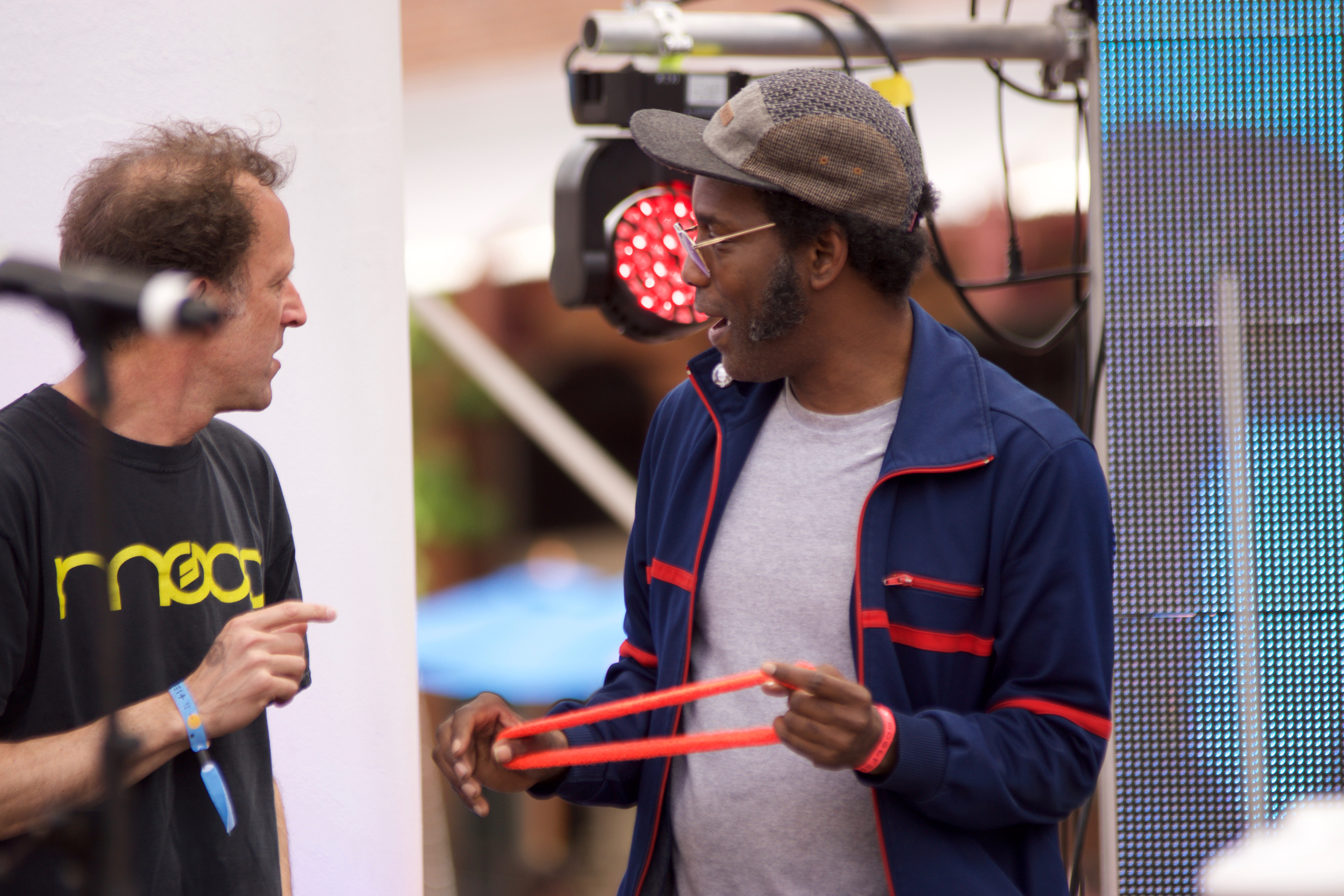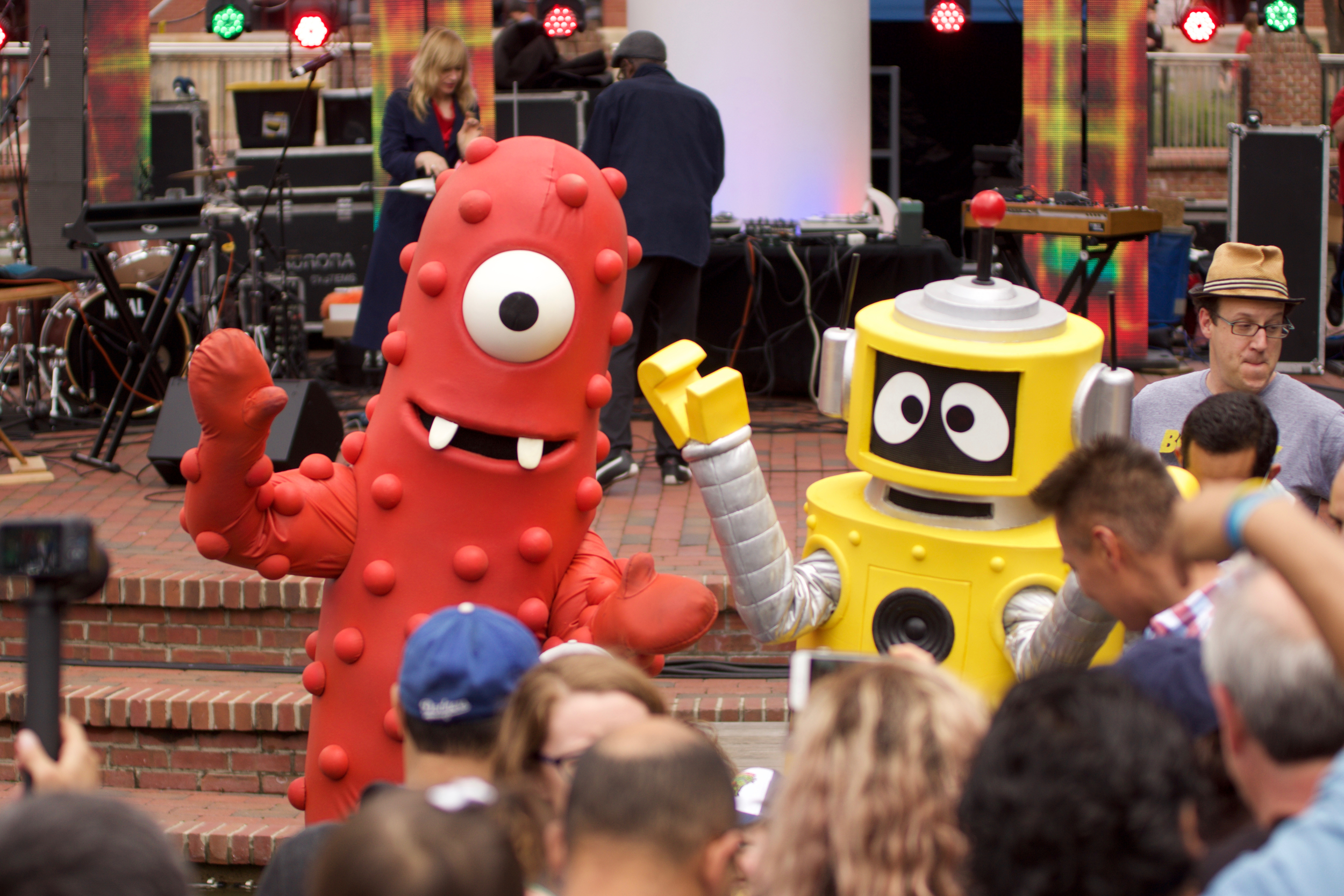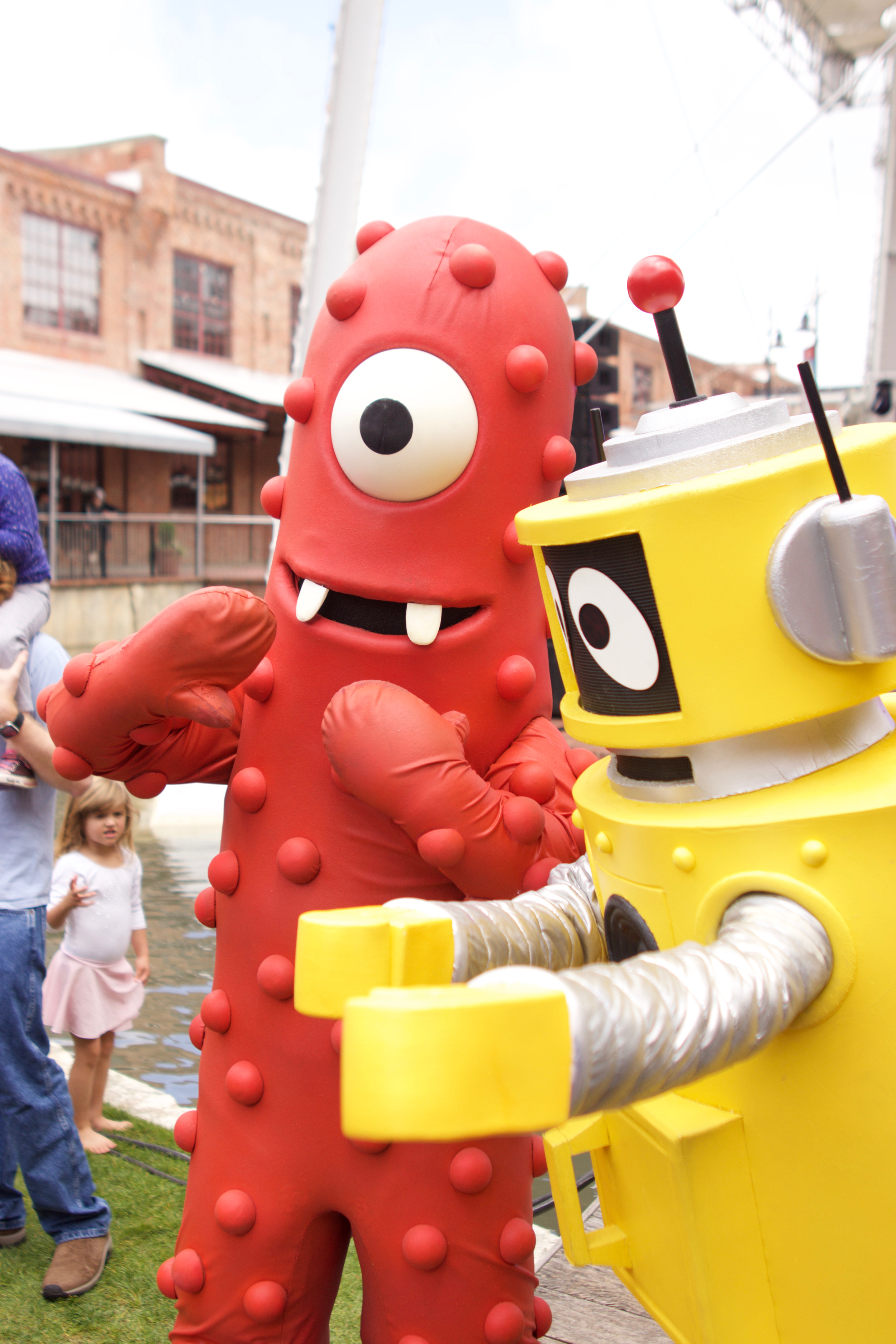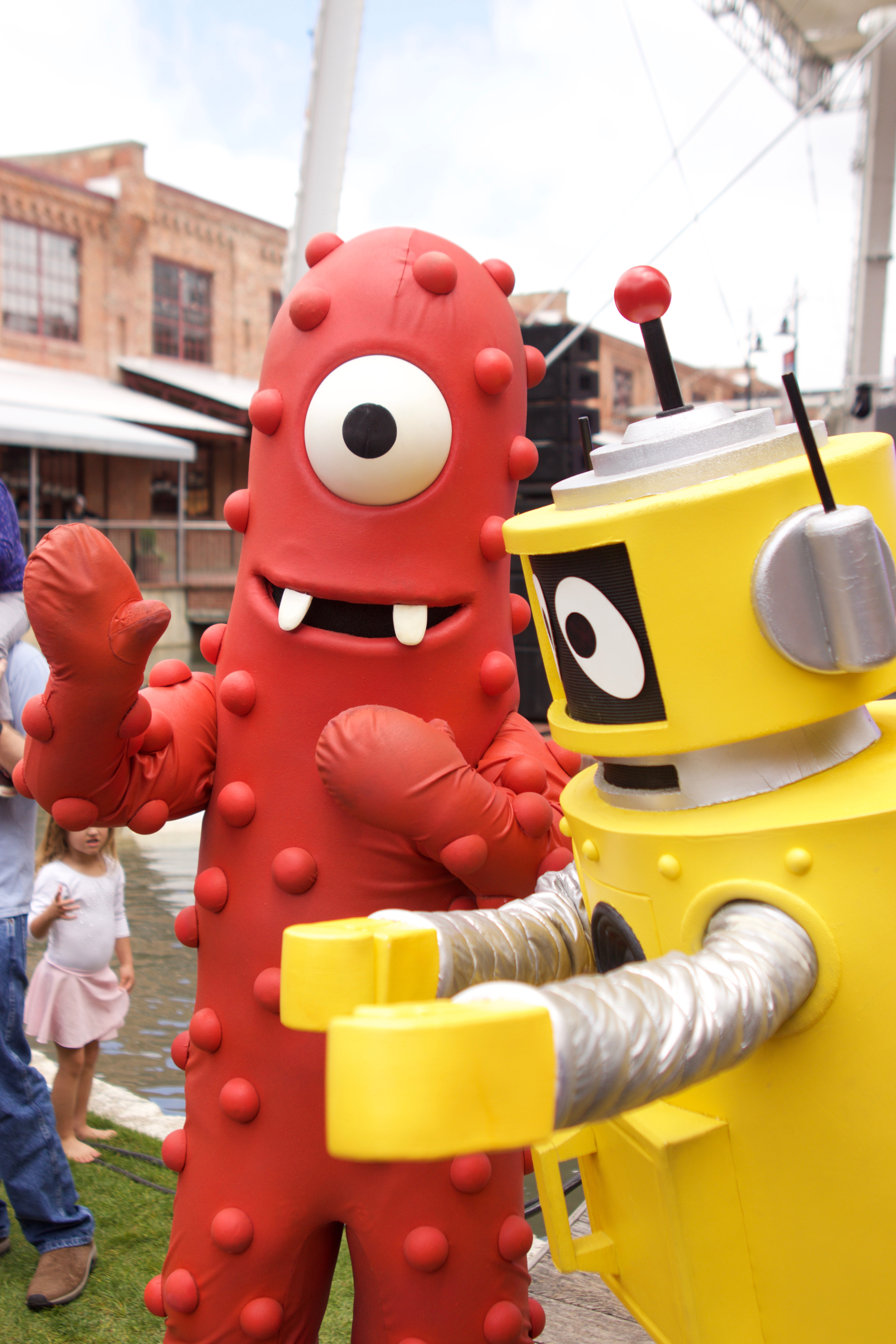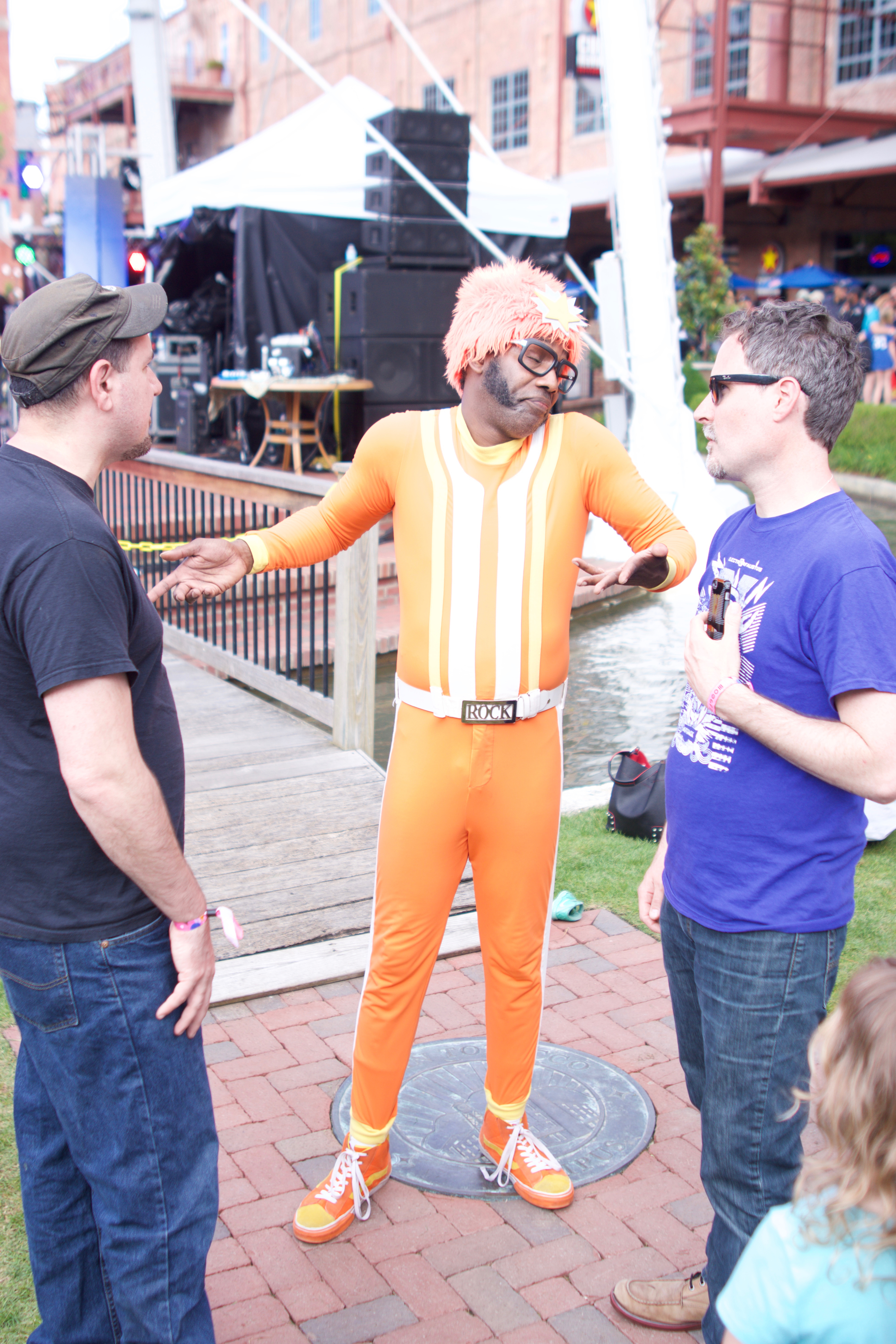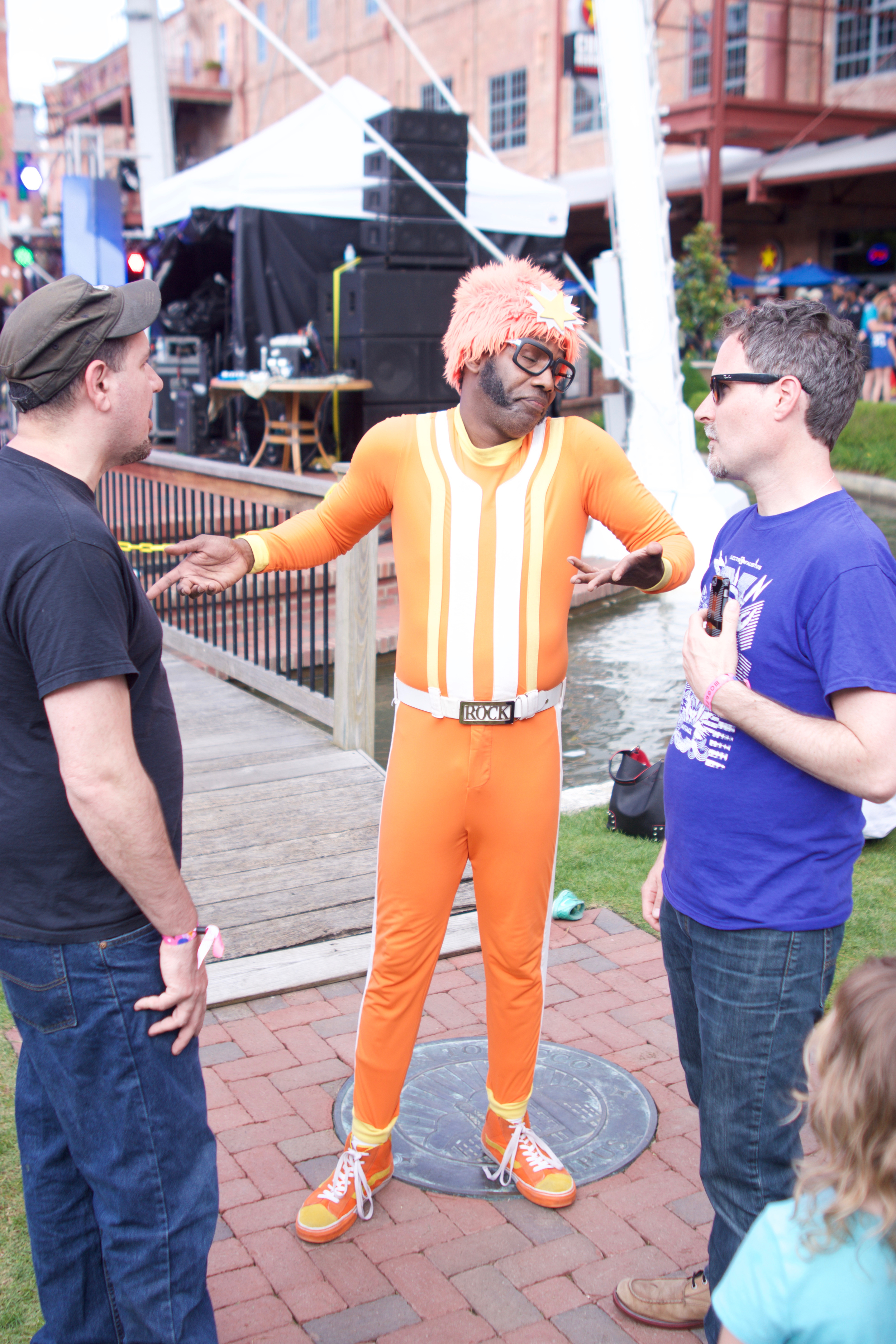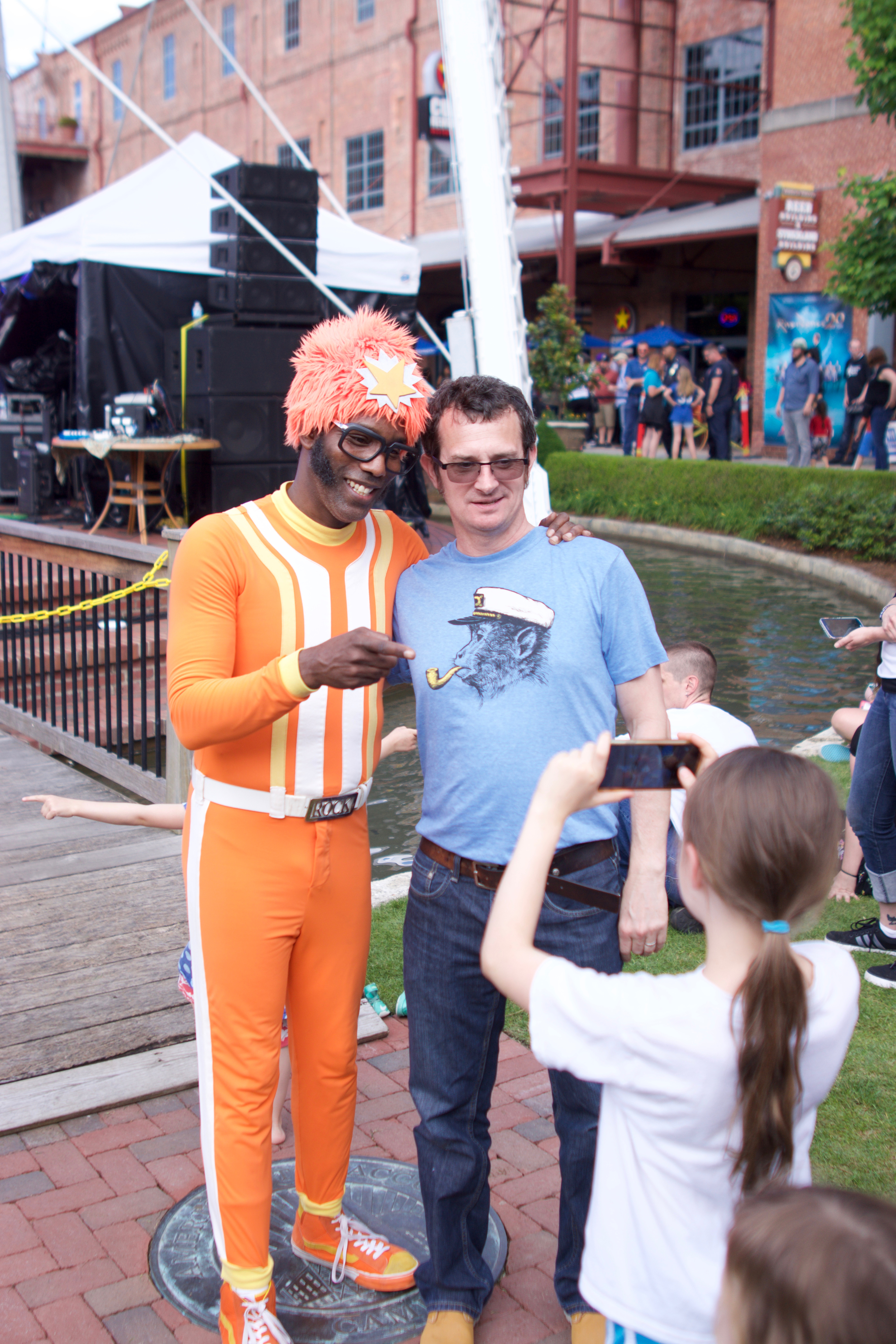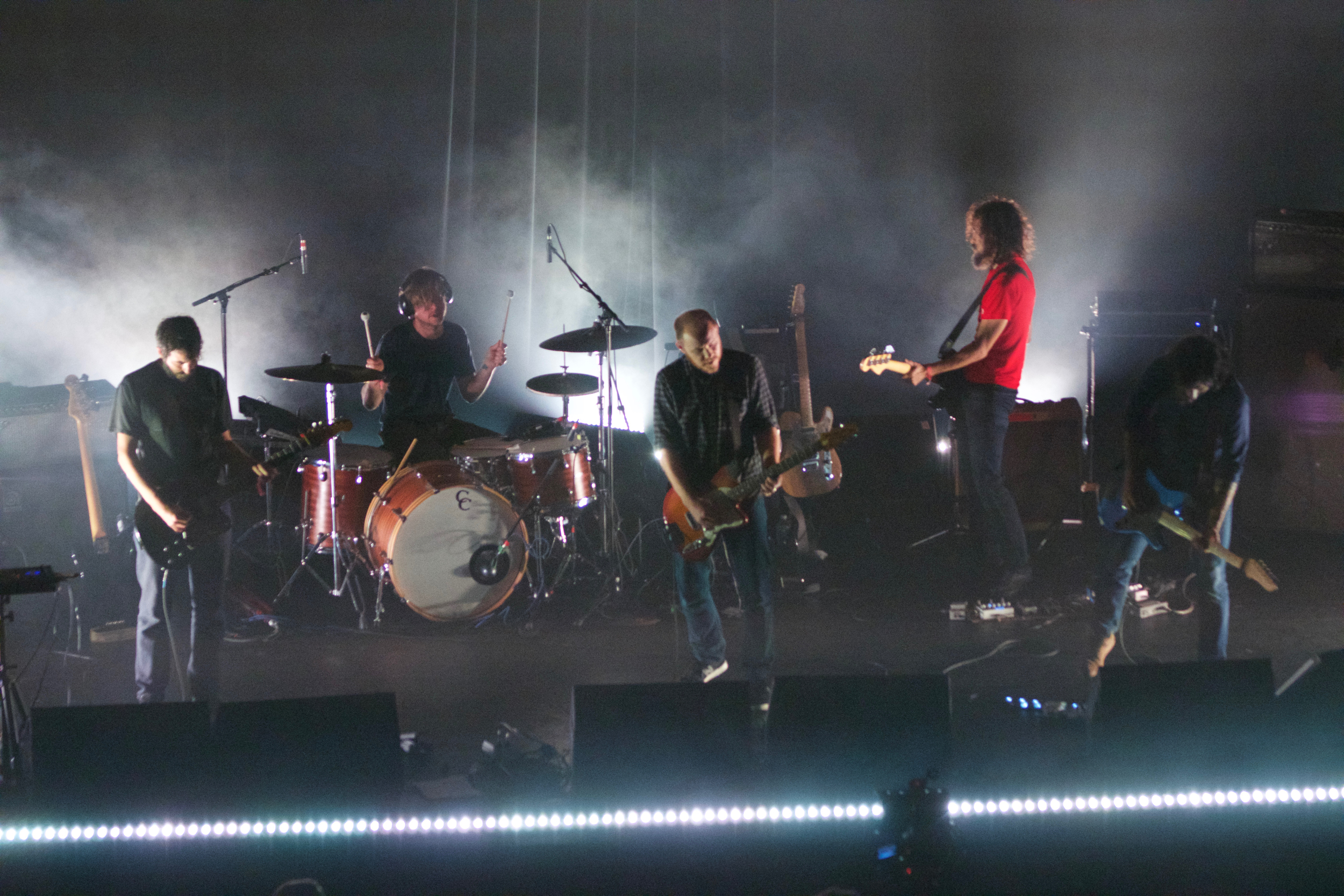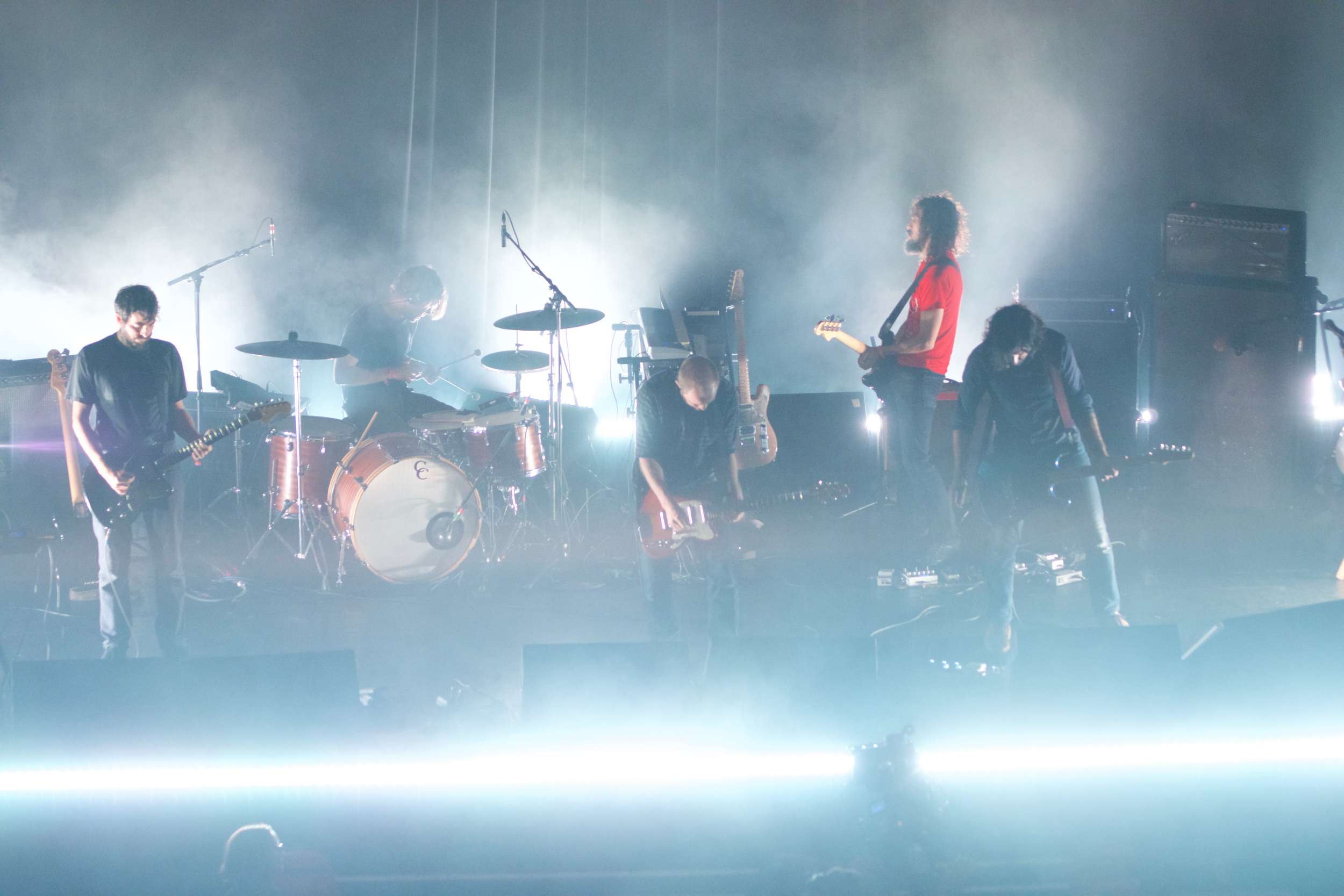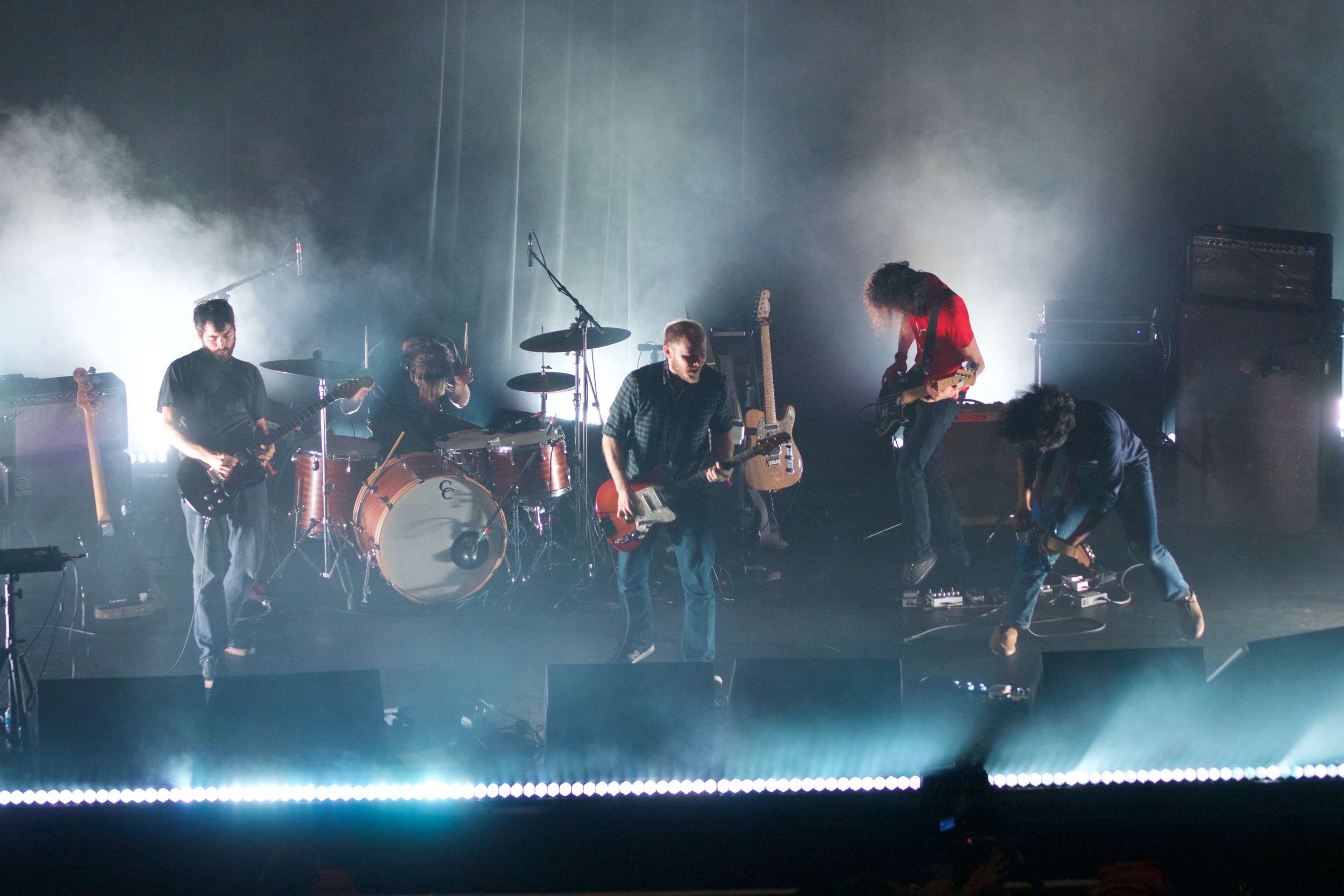When you hear about an independent festival going up that was started by heavy hitting rap star Ja Rule you start to figure that it would probably be a pretty sweet time. A festival without large corporations breathing down your neck the whole time sounds like an awesome time, and When you pair that up with a pretty decent lineup, a "private" island location in the Exuma district of the Bahamas, and the promise of models partying with you, it peaks some interests, that is if you have the money for it. Top VIP Packages were being sold for over $12,000, including flight, accommodations, passes, and the whole nine yards, if that gives you any idea of what type of people will be in attendance at Fyre Fest. The price tag is not something that we can blame on the organizer though, it's just that price tag comes with a lot of promises, that they just could not keep.
Before Fyre Fest could even get started, rumors were coming out that the festival was way behind on money to pay artists and models that they had signed contracts with. The rumors were basically saying that the organizer had run out of of money before the event even took off. It was a labelled a disaster before people attendees even got on the plane! Blink-182 cancelled their appearance because of the rumor train exploding on the internet because allegedly they thought it would be too much of a risk, and boy were they right.
The festival was supposed to start today, April 28th, 2017. It tried...we guess. It wasn't like the attendees showed up and there was no sign of a festival or anything, but it was pretty barren. It looked like the festival was still getting setup. Festival goers were being held in the airport by security because of national security threats, and going over the islands capacity. Concierges area were unmanned, The VIP looked as if they were badly put together disaster relief tents, luggage from the plane was being held by customs, the promised gourmet food was not too much more than two slices of American cheese on wheat bread with a side salad, and artist cancellations were starting to become public knowledge to the attendees. All those elements put together probably start to paint a picture of the outrage on the island.
@WNFIV how would you describe yourself based on your current reality at #fyrefestival (also thanks for the pics) pic.twitter.com/NpulRGxAyX
— Olivia Ellis (@OliviaAKS) April 28, 2017
In the midst of this, Exuma international airport was telling people arriving for the festival that they could not allow more people into the country, while they were in the airplane waiting to get off. At points they were told they were getting off the plane, then they were put back on, and that cycle kept repeating. One man being held in the hot, over crowded airport passed out. This was right about the time when the festival organizers changed their website with an announcement that the physical infrastructure would not in place in time for the festival and that it would have to be postponed. Their official message read as follows:
Fyre Festival set out to provide a once-in-a-lifetime musical experience on the Islands of the Exumas.
Due to circumstances out of our control, the physical infrastructure was not in place on time and we are unable to fulfill on that vision safely and enjoyably for our guests. At this time, we are working tirelessly to get flights scheduled and get everyone off of Great Exuma and home safely as quickly as we can. We ask that guests currently on-island do not make their own arrangements to get to the airport as we are coordinating those plans. We are working to place everyone on complimentary charters back to Miami today; this process has commenced and the safety and comfort of our guests is our top priority.
"The festival is being postponed until we can further assess if and when we are able to create the high- quality experience we envisioned.
We ask for everyone's patience and cooperation during this difficult time as we work as quickly and safely as we can to remedy this unforeseeable situation. We will continue to provide regular updates via email to our guests and via our official social media channels as they become available."
-The Fyre Festival Team
And Ja Rule, in defense, and remorse for the festival said this:
— Ja Rule (@Ruleyork) April 28, 2017
Fyre Fest lived a VERY short life. People are getting off the island, and will (hopefully) be getting a quick refund. It's sad to see things go like this but it happens and the festival industry should try their best to extrapolate what they can to learn from FF's mistakes.
Now please enjoy a round up of @WNFIV's tweets from getting off the plane to leaving the mess that was Fyre Fest.
Just waiting with my Fyre Fest pals to get on the flight out. The plane hasn't left Miami yet. It's lit! #fyre #fyrefestival pic.twitter.com/glIYmIG0dc
— William N. Finley IV (@WNFIV) April 28, 2017
Also, we found a notebook from one of the Fyre Fest planners on the ground. It is amazing. #fyrefestival #fyre pic.twitter.com/jFib0nO2RW
— William N. Finley IV (@WNFIV) April 28, 2017
Boarding the "private" plane back to Miami. Fyre Fest gets 0/5 beltlines. They'll be hearing from Stacy @MillerLawFirmNC #fyrefestival pic.twitter.com/pFLSWEwenV
— William N. Finley IV (@WNFIV) April 28, 2017
Just sitting on the runway while they check every single passport again. By hand. On a clipboard. #fyre #fyrefestival pic.twitter.com/esp7AV9h13
— William N. Finley IV (@WNFIV) April 28, 2017
It's about to turn into another United. Wish Kendall was here to give everyone a Pepsi. #fyre #fyrefestival pic.twitter.com/PIXmYSrDeq
— William N. Finley IV (@WNFIV) April 28, 2017
We have now gotten off the plane because they can't get the headcount and the manifest to match up. This is fine. #fyrefestival #fyre pic.twitter.com/W89nddb6Fe
— William N. Finley IV (@WNFIV) April 28, 2017
Welcome to Exuma! Sunrise at Fyre Fest. Still on the same plane we've been on since 1:30 am. My stomach is eating itself. #fyrefestival pic.twitter.com/dammDl4auy
— William N. Finley IV (@WNFIV) April 28, 2017
Back in the airport. I don't know how to use words anymore. #FyreFestival #fyre pic.twitter.com/h12eVF4drm
— William N. Finley IV (@WNFIV) April 28, 2017
They've now locked us in the airport. No rules, just right. Welcome to the Bahamas! (Tell my family I love them) #fyrefestival pic.twitter.com/KkgkroZzhc
— William N. Finley IV (@WNFIV) April 28, 2017
A guy just passed out in the airport because it's so hot since they locked us in. The guards got into it with some guys. #fyrefestival
— William N. Finley IV (@WNFIV) April 28, 2017




![Governors Ball 2016 Ticket Prices [10]](https://images.squarespace-cdn.com/content/v1/56a2a9954bf1189ee013430f/1471630666633-1AXEZNK6IMHZ8RXBXG0P/image-asset.png)


